|
Right here at home, in Canada, there are beautiful places and unforgettable vacations. One of those destinations is Nova Scotia. We visited the island in June 2017. We landed in Halifax in June 2017. We rented a car at the airport. Our trip was around half the island, taking 103 East all the way to the southmost end of the island, then continued on 101 to complete the round trip. All we did before the trip was to have reservations to B&B, hotels and motels along the way. We did not take notes, only pictures. Our guide was just what we learned reading on the Internet about the places to visit. We followed the signs for hiking places in national parks, or places offering boats for rowing. We love nature and we were plenty rewarded. The rowing was stunning, actually, there are so many corners with beautiful landscaping, that any place offering boats for rowing are remarkable. I would have liked to stay the whole day rowing… What I remember is that we did not take rowing in sea-shore towns, but have to travel to rowing clubs, maybe 20-30 km away from towns, far from civilization, or taking a boat at those B&B sitting in remote locations on the seashore… One rowing trip, going up on a river, took us by surprise; It was one of those rivers with a wide opening when spilling into the sea, we did not know if the islands were on the river or the sea. Well, the high tide pushed us up the river with a speed we could hardly manage, so, we directed the boat to the shore, to figure out how can we deal with the situation. When we understood what was going on, we decided to stay close to the shore all time, in the middle of the river the current was too strong… The difference between high tide and low tide is remarkable, when we were on Bay of Fundi the difference was 16 meters, only 6 hours apart. The record in that place, as we read on a panel, was 21 meters. Low tide in Bay of Fundy... And the high tide few hours later when all that space was covered by water. We had to run to reach some stairs up And the national park close by had more attractions. Seals and birds lived peaceful together. Walking away from the shore in the national park we spotted a deer feeding its baby. On the trail, we met a couple from France, who began to gesticulate frantically when they saw us. We stopped to talk. They were very excited to explain their experience a few minutes ago, they tried English with a strong French accent. My wife and I speak an acceptable French, so we switched to French. They saw a bear cross the track. The young couple was delighted, but all they had was their phone, and the picture was taken when the bear was already far away. Their story was compelling, the picture not so much. They were lovely.
34 Comments
My wife and I like traveling the world, and I shared the last few weeks our experience in some of our trips. About China there are thousands of trip advisors, pictures, comments and opinions. My blog will describe our experience, mostly interaction with people. First, the guides. We had few of them (and our group was limited to my wife and I, so, they could talk) and I will not say their names or places, I do not want to damage their career, eventually. Some were opened from the very start, they did not like the restrictions their government imposed on using internet, or the policy leading for other countries to unjustified mistrust Chinese guys. Other were very patriotic, one guide (talking about history) told us about those ancient wars when the Mongols extending their empire over China, humiliating the emperor. The guide’s opinion was that those wars were actually internal battles since Mongols are a Chinese brand… saying “I do not understand why Mongolia is a different country, after all.” (sic!). Others were more balanced, and told us the stories they were instructed to, about history and different places, but they were more them willing to hear our side of the story. Our position was to stay neutral at all time… In big cities the regular guys ignored us (in a good way, we were not monkey to stare at), or tried to be helpful. One evening a young lady passing by, stopped us, and talked to us in acceptable good English. “Good evening. If you are interested,” and she pointed along the street, “second on the left there is a church, and they have now some songs in English, outside the church, and tomorrow morning a mass, in English, too.” We thanked her and said each-another good-bye. In Beijing there is a street where all along (maybe 200 meters) there are stalls with the most diverse food you can imagine; different veggies, all type of organs from different animals (I know what you think, that ones too), insects, well, you name it. We decided for scorpions, small ones since we were not sure how testy they are. I ate it quickly, it was good and crisp. My wife hesitated, and the passer-by locals stopped, looking at her. “Eat, eat, eat” they chanted, smiling. It was fun; she finally had it. We walked on China wall, a construction that could be seen with the eyes from the moon, and it is one of the wonders of the world. An old lady selling bottles of water in that hot day, told us in a broken English that she will give us for free a bottle of water if we take a picture under the communist flag and keep it. We did the picture for her delight, she was all smiles and cheering. But we payed for the bottle too. Maybe she was very patriotic, or it was a trick to make us buy the water. I hated communism (my blogs in April describe my experience in communist Romania), but I accept the idea that there are people that have different feelings… In rural areas the reception was different. In Inner Mongolia, that is a Chinese Autonomous Region in north of the country, we had mixed feelings about how locals looked at us. We spent two nights in a campus with yurts, to experience the Mongols’ lifestyle. In the same time with us was a big Chinese group. The owner gave us the yurt near the public toilet of the campus… In the restaurant, the tables were organized nicely for the big group, but we got a smaller and lower table in a corner. Anyway, we travelled around on horseback, that both of us, my wife and I wanted. The wooden saddle was tough for our back, no helping blankets. I guess they run out of blankets since many other guests wanted to have that experience. We stopped to a local family that offered tea to passing-by tourists. A lot of places that the cultural revolution during Mao regime tried to destroy are restored today. History and religion have impressive sites to visit. There are specialized sites the reader may visit… Below are some of our pictures. In a temple, on display was a tooth, claiming to be a real Buddha tooth. Hanging temple bear the city of Datong. Spring Caves Sunner Palace Forbidden City DaTong House Screen - Biggest In China DaTong Temple
It was mandatory to have Yellow Fever shot before entering Tanzania, but I took the advice of a travel doctor and had them all, including Polio, some sort of diarrhea, and maybe there was something else I do not remember; it was actually only one shot with a mix of all of them. And we had pills for malaria to be swallowed during the trip. Still, the danger could not be eliminated completely. There is no shot or pills for sleep disorder that could be inflicted by a tsetse fly bite. I had 3 or 4 bites and my wife 3-4 as well. The probability to have the disease (our guide told us) is 1/(6 million) per bite, since one in 6 million flies are infected. We were lucky, we slept very well all the trip, no disorder. First National park for us to visit was Tarangire. It was like at Zoo, lots of animals, but no fences. First two nights we had the house in the tree experience, and inside was quite comfortable, having limited running water and a toilet. We were not allowed to leave the house without being accompanied by a local. The lodge paid Maasai to keep an eye on the compound; houses like ours were spread over a large area. If we felt a danger overnight, we could use a whistle provided by the lodge, and eventually a Maasai would come for help. The biggest flamingo gathering in the world is lake Natron. It is beautiful, but civilization brought damage more that anything else to this environment. Lake Natron does not have an exit; there is a river feeding the lake, and the evaporation keeps the balance. So, if the river brings garbage in, it will stay forever. Civilization brought pop cans and plastics in the Tanzanian villages, and garbage collection is not a priority in those places… Early in the morning we had a visit at our tent. Some villagers spotted us, and made an ad-hoc flee market for only the two of us… of course we had to buy something… under the watchful eyes of our guide Ema (Emanuel) On our way to Serengeti national park we found ourselves in the midst of the great migration, two million animals marching all the way to Maasai Mara in Kenia. Serengeti is maybe the best known park in Tanzania. We had the hot-air balloon flight over Serengeti. It was very, very special. From above we had a completely different feeling how the park looks like. And after the flight, the whole group from the five hot-air balloons was served lunch on the field. Back on land, we had a chance to see lions, cheetah, leopards. Actually, when a group of tourists spotted something interesting, their guide announced the other guides in the neighbourhood, and soon the spot was filled-in with tourists. Our last stop was Ngorongoro Conservation Area that is in northern Tanzania. It’s home to the vast, volcanic Ngorongoro Crater and “big 5” game (elephant, lion, leopard, buffalo, rhino).
Previous blog I described a hunt with the bush people, accompanied by our translator, Mohammad. Now it is time to meet the women… We left the men campus after our return from the hunt with them, Mohammad asking my wife and I to follow him. He knew where the women had their own campus. It was not far, maybe one hundred meters away, but the thick bush all around us hindered us for seeing them. Before reaching the women campus, my wife had something she wanted to clear out with Mohammad. “From some readings before coming here I expected that bush people are very short, kind of pygmies, but I see it is not the case, they have almost same size as us.” Mohammad smiled, he knew what my wife was talking about. “Many generations ago they were indeed short, but they mixed with the tribes around here, and you saw the Maasai tribes, some are very tall.” “How was that possible?” Mohammad looked toward my wife; he had something to say and was not sure it is appropriate in a lady’s company. But my wife guessed what was in Mohammad’s head. ”Go ahead Mohammad, whatever it is, it is from this world, is not it?” Mohammad nodded few times. “The boys go for hunt, and sometimes they do not come back with food for days or weeks. If they hunt only enough for them to survive they do not come back but until they have something to share. And the girls try to survive from what they find, mostly roots. And sometimes that is not enough for themselves and the kids.” Mohammad stopped, and my wife encouraged him to go on and say it. “And?” “And they have to go and ask for food to the neighbouring tribes.” “And they rape the girls?” asked my wife alarmed. “No, but sex is the only way of payment the girls have to offer.” The women campus was as expected under the open sky, with some shade for those seeking some colder air under a tree with very few leaves. There were four women, and two of them had small kids, one around one year old, the other around three. The ladies were dressed with long robes and necked arms, very short black curly hair, like their men. They were all sitting, and replied to Mohammad’s greeting with some trills-like sounds and looking at us with some curiosity, but not surprised, obviously we were not the first tourists visiting them. As we were told, many families that do not accept visitors do not have clothes. But the family we were visiting seem to be doing well, except they were living under the sky. My wife got close to the one having the one year old baby on her lap, wrapped in a red tissue. It was a boy or girl? We could not figure out and we did not ask. The mother raised the kid to my wife, and my wife caressed the kid walking her hand on the kid’s head. The kid did not react in any way; my guess is that the kid was so scared, and his instinct told him to stay motionless. I remembered reading about bush people before coming in Tanzania. The mortality rate among bush people’s kids is eighty percent, but those accepting tourists and their money, have this rate dropped at twenty percent. Everybody we saw so far, men, women and the kids looked in a very good shape. Mohammad approached my wife. “If you intend to give more money that you already paid for the visit, give them to the ladies, any of them, but not to the men.” Actually we never knew how much money the bush people visit was. We had to pay before the vacation (when still in Canada) a lump-sum up-front amount for everything, accommodation, national park visit, food, visit to different tribes, Ema (our guide and driver) and Mohammad (translator from different tribe’s language to English) honorary, the tour company fees; all we had to do is to enjoy our vacation, Ema was handling all the payments. The only thing we still had to pay was Ema’s tip at the end of our trip, based on our impression for the trip; and the amount was suggested on the Website where we bought our Tanzanian vacation. My wife did not wait for a second invitation, and what I saw was a very generous donation to the lady with the one year old kid; I did not expect that; generally I am the philanthropist and my wife the money spending gate keeper; but she was obviously impressed by the story about paying sex for food, my wife did not like that story. One woman without kids stood up, and made us a sign to follow her. She directed the small group, my wife, I and Mohammad, to a place where the ladies dug out roots using a sharp stick. The roots looked like potatoes. She cleaned one with her hands, than with her robe and offered it to us. Mohammad had a penknife with him, took that root, cleansed the shell, cut two small pieces and offered them to us. “They are not that tasty, but not dangerous for your health, same family with potatoes, some other tourists tested them, they are OK to eat.” Both of us tried the wild potato. I did not like the taste of it, but it was not repugnant either. My wife behaved like she liked it… was she a good actress or just into the bush people mood? We returned to the women’s compound but only for few more minutes, it was not much more to say, and then we followed our way back to the men.
They were enjoying music and dancing, the musician and dancer was the big guy. His instrument was a dry bellows made from an animal stomach, filled with air and tightened around a stick to hold the air inside. The stick was strained with an iron string to the opposite side of the bellows. The guy was jumping from one foot to another in the rhythm he was pinching the string. The sound, even if monotonous, was pleasant to the ear. He did not stop when he saw us approaching, but after two minutes or so he stopped and offered the instrument to me. I took it and tried to imitate my precedent dancer. It was hilarious to them, because they started to laugh, that did not discourage me, I kept jumping for two-three minutes, after that, I stopped exhausted. They live in the open, no house, no clothes. Very few families accept visiting tourists; these families who accept tourists have clothes, most of the time received from tourists, or they can buy them, since the tourists pay the visits. The four of us, Ema - our guide and driver, Mohammad - the translator, my wife and I were on a mission: to find the bush family who accepted our visit according to Mohammad's arrangements; he knew the language of the bush people and he had his connections. After almost two hours drive from our lodge, we found them. First, we saw the men; Ema did not join us to the group, only Mohammad. Then, five of them split from the main group, and we followed them; all were very young, teenagers or in their twenties. They had short pants and kind of shirts, some were broken, but they had no way to sew them. The chief was an eighteen-year-old boy because he was the best archer; he was the only one to have arrows with an iron head, all the others had all-wood arrows. They were sitting in a circle on the ground in the shadow of a tree. We could see how they make the arrows; one of them was working on one. He had a branch that he cleaned all the knots with a knife (yes, they had two knives) then he straightened his arrow, chewed it from one end to the other with his teeth, and checked it from time to time if it was straight enough, looking with one eye along the arrow, the other eye closed. The leader greeted us, rising from his place, coming toward us with slow movements (maybe cautious?) and when he was two-three feet away from me he stretched his right hand; we shook hands. I found later from Ema that most tourist refuse to shake hands with bush people, but that never crossed my mind as an option. The bond was done instantly. We liked each-other. He turned to Mohammad and told him something, then returned to his place. The other four men looked at us a little bit, and then returned to their activities. “What did he tell you?” I asked Mohammad. “That they will go soon for a hunt, you and your wife are invited to follow them, I am coming too.” “How did the leader get his iron arrowhead?” Mohammad did not have to ask, he knew the answer. “They trade honey for some basic needs (like arrowheads and the knives they have) from settled-down tribes, like Datoga that we visited a day before.” We were ready for the hunt. With no introduction or any explanation the bush men started their journey, arches in their hands and arrows on leader bags on their backs; they were moving with an incredible agility and ease, the tough, hard and stony land was not a problem for them. The three of us, Mohammad, my wife and I followed. Soon we lost sight of them, and we were a little bit scared. What will happen if a menacing wild animal will show up? A hyena, a leopard or maybe a lion? “Look, one of them” said my wife with some excitement but in a very low tone, her hand stretched toward a group of shrubs about forty meters away. I had a glimpse of a guy running, leaning forward, then a sound of a bird taking off from these shrubs; seconds later, an arrow passed near the bird, it was a failure. I do not know how those people could run through the shrubs, as for me, only getting closer – and a thorn punched me somewhere. After the episode with the missed bird, it was silent for a while, and we stopped where we were, enjoying the perfect weather, sunny, about 20-25 Celsius degrees. I had a special feeling of accomplishment with all that atmosphere and scenery around us, something we see in movies about Africa safari on Discovery channel; these things are real and around me now. I remembered the past few days when we were touring with Ema (our guide and driver) in the national parks; we were not allowed to get out of the car, it was too dangerous. Now we were on our own, the car was way back, maybe twenty-thirty minutes’ walk and no protection at all; the bush people that could offer some comfort were nowhere to be seen. But the fear about a wild animal coming around and challenging us diminished, and I cannot explain why; maybe because everything was so calm, or we were kind of stupid. About forty minutes passed by when two of our bush people showed up with a small dead antelope (maybe 7-8 kg) killed with an arrow. The iron-head arrow that killed the antelope was still in her neck. The other two bush people showed-up two-three minutes later, coming from a different direction. The eight of us gathered, ready for a party in the shadow of a big shrub. One of them took out from his leather bag a flat and very dry wooden piece and a long stick. He showed me how to use those 2 pieces of wood to make fire, and invited me to try. I never tried before, but I knew how to use that primitive tool, saw it on TV, Discovery, or one of those survival series. It took me less than one minute to have the fire; my bush guy friend helped me along the way dropping hay-straw on the hot wood at the friction point. He must have been impressed with my performance because he offered me as a gift the two wooden pieces. I wanted to have the stick signed, and I asked Mohammad to translate my wish to them. The leader-boy came with the knife and made some nice encrustations on the stick, some go-around marks and some straight lines in an interesting combination. We had the fire now and the biggest guy among them took no time to peel off the skin of the antelope (they called the antelope dick-dick) and then he took out the intestines as well. I forget to mention that they had two dogs with them. Poor dogs were kicked away (a foot in the belly) few times they got too close to the antelope. But they got the skin and the intestines, thou, and they were very happy. When the antelope was ready to eat, the big guy cut-off the rear legs of the antelope, for the women and the kids waiting our return. Then he turned to me with an invitation showing the antelope. Mohammad translated. “He invited you to suck the antelope’s eyes, considered a delicacy.” I politely refused. The big guy sucked the eyes displaying a rare pleasure. Then he took out the liver and offered it to me, no words. I politely refused again. He gave the liver to another guy that happened to be on his left side. Understanding that neither of us (Mohammad, my wife or I) will participate to their buffet, they seat in a circle around the fire and taking turns in using the knife to cut some flesh, they helped themselves with antelope meat. They did it without noticing us in any way.
When their lunch was done, one of them packed the remains in his leather bag and we headed back to the place where we started, and the rest of the family waited. My next blog will be the encounter with the bush ladies. In our trip in Tanzania we visited few tribes, one of them was Datoga. We were accompanied by our guide and driver Ema (short name from Emanuel) and Mohammad, our translator from Datoga language to English. While travelling to the Datoga family that Ema, we had time to tackle. Ema updated us with Datoga’s traditions and customs. A Datoga man is considered rich if he has many cows, wives and kids. More he has, richer he is. They buy wives with cows. He did not mention how many cows they have to pay for a wife, and that was a mistake, as I will find out latter. Since the trade is cows for wives, the Datoga men are looking for women that could have daughters (since they sell them for cows, and more cows mean more wives); they pay shamans to check if the girls they want to marry will have boys or girls. Well, after a Datoga man has the wives, he need kids, and as Ema told us, if the men cannot have enough kids, asking help from other family members is not a shame. The family we were about to visit was having a compound (called boma) about fifty meters in diameter, surrounded by a two meters high fence made of shrubs full of thorns. The boma had a tree inside (good shadow) and a house (looked like made of mud) with two rooms; one was the bedroom, the other one for everything else. The family we visited consisted of five wives, and the owner was not home; as we were told he was visiting one of the other boma’s of his, nobody could tell us how many bomas he had. When I saw the big fence, I thought that it was to stop the wives from running away, but that proved to be completely wrong; the fence was protection against wild animals, the wives had all the freedom in the world to go out and come back in whenever they wanted. We stepped out of the car, all four of us; Mohammad first, close by behind my wife and I, followed few steps back by Ema. The gate to the boma was wide opened, seemed to me they knew we were coming. The five wives were out, and when they saw us, they formed a line, greeting us. All of them had long robes with a lot of adornment incrusted. Girls prepare the wedding robe for many years, and after marriage they wear that robe all their life. They must have been done very well, since the older ladies still have those robes in good shape. There were no kids around; they were all out herding the animals… One of wives, the oldest, stepped forward with a welcoming smile. She was obviously the leading lady, maybe the first wife, at least in that boma. Then when we got closer, she raised her hand and unexpectedly she bent her hand up, like for a STOP sign, and said something, looking straight into my eyes. As far as I understand human behaviour her attitude was that the conversation was between the two of us. Mohammad translated. “How many cows did you pay for your wife?” For a split of a second she eyed my wife, then, returned her gaze to me. Everybody waited for my answer. Mohammad did not intend to help me with any number, and I had no clue what a good number could be; and Ema already returned to the car outside the boma. I tried to gain some time smiling, hoping someone will make me a sign. Did not work, everybody was in waiting mode. The other four wives had many meanings smiles, seemed to me kind of someone is in trouble here. “There are different customs in my country” translated Mohammad my answer. Mohammad translated both ways, and he did not try any tricks to have a side conversation with me, that would have been observed; and he did not want to interfere in any way. “No,” said the first wife, “everybody has to pay to have a wife.” In that moment I realized that her authority was on the line, the other wives waited to see if the first wife has the knowledge to find the answer from me, or she does not deserve her position. So, I had to answer on her terms and I am welcomed, or I refuse, and, well, maybe we have to return to the car, I was not sure. In this moment just saying a number was not enough, at least in my mind. And what could be the number? 5,10,20,50? My mind worked with the speed of light. Since I do not know a good number of cows to be paid for a wife I will choose something else… yes, goats. And should be different that Tanzanian custom since I already mentioned that. So, here was my story to the waiting crowd: “In my country is the other way around, the parents of the girl are making the donation, happy that their daughter will merry. The parents of my future wife gave me eight goats. I had my light truck with me. I loaded seven goats and my future wife back in the trunk, and the most beautiful goat on the passenger seat near me, tying her with the security belt. And so I brought home my wife.” Mohammad was reluctant to translate that, looking to me with questioning eyes, if I do not want to change the story; but not a muscle flinched on my face. My wife was in shock, but I understood from her demeanour that she liked the story, and I am forgiven, it is a lie the two of us will remember for a very long time. She will find out soon the immediate consequences. Mohammad had no choice but translate my story. The first wife almost exploded with joy, it was an immense success for her; finally, she found out about some customs in those remote places where the tourists are coming from; and the other wives had no choice but to agree to her achievement. She grabbed my hand and ordered the other wives to come around. When the group was as tight as it could be, she made a sign to my wife to take a picture; and my wife did it as quickly as she could, she was afraid the five wives will suffocate me. The first wife wanted to show her gratitude for my honesty and ordered one of the other wives to go to a nearby boma and fetch more women for the party she planned on the spot; three more women came in. We were all invited in the house. The first wife started to explain some of the customs in her tribe, mostly how they prepare food, the most important job for them. When explaining how they do flour from wheat, one of the wives actually started doing it, grinding the wheat between two stones, manually, bent on her knees over the primitive tool. Then the first wife asked the worker-wife to stop, turned to my wife and invited her to try. My wife almost jumped to do it, she kind of waited to be invited, it was a challenge she really wanted to try. All eight women surrounded my hard-working wife, and clapping their hands started a very entertaining and rhythmed song. It was like a dance, and my wife was very much into it, synchronizing her back and forth movements with the song’s rhythm. Everyone enjoyed it, the Datoga women cheered a lot, my wife felt the vibe, and I liked the song. I approached Mohammad and asked him to translate what the song’s words were. He refused politely but asked me how I came with that number and animals, eight goats for the trade with my wife’s family.
“Just came out of the blue, I had no clue what else to say,” I answered. “Well,” said Mohammad, ” for a nice wife they pay about twenty cows in this tribe.” Uhhhh, my God, I thought, so these Datoga ladies think now that my wife was much cheaper than themselves, and now they evaluate her performance as a house worker. I expected some penalties from my wife when we will return home, telling her Datoga deals to buy wives. As I found out later I was wrong again, my wife enjoyed it, laughing with all her heart finding that piece of news. My wife stopped when she was exhausted, and the song stopped as well. But the first wife was not done yet. She made a sign to my wife and Mohammad to come closer; she had something to share… “What was that first wife told you?” I asked my wife on our way back to our lodge, staying comfortable on the back seats in Ema’s car. “She told me her honest opinion, and that is, I should advise you to buy more wives; she was sure that you have cows as well, not only those goats from my parents… and you can afford to buy a good performing wife.” One day in April 2015 my wife and I decided for a long walk on Bruce Trail. The trail is 890 km (550 miles) long from Niagara river to Tobermory. More about the trail at Wikipedia, https://en.wikipedia.org/wiki/Bruce_Trail We started at Niagara Falls and headed toward Fort Erie. We are good walkers and that day we had about 30 km walk, and that is pretty much we did half the way to Fort Erie (and back). Along the way we had some pictures along Niagara river. Somewhere the trail we visited the smallest church we ever saw, and maybe it is the smallest church in the world. And, as always in our trips, we liked taking pictures of birds.
When we visited Patagonia (see my previous blog), we noticed that we crossed the 55- south parallel. Wow! But when we moved our finger across the world map we saw the 55- north parallel crossing Newfoundland, Canada! Let’s go and visit and see which one is nicer. We rented a car at the airport, St. John’s, where we started our trip. Looks like the city is a travel back in time. It has modern buildings too, but its mark is not the contemporary and stylish constructions, but the feeling the whole city generates. It is the oldest and most easterly city in North America. Well, depends who you ask. But… “1497 – Tradition declares that St. John's earned its name when explorer John Cabot became the first European to sail into the harbour, on June 24, 1497”. Now I am wondering if any town or city in North America can mention any year prior to that (barely 5 years after America’s discovery). I do not know if the place was inhabited continuously, I leave it to historians. We hiked on different trails. I felt sucked into the nature, many times we (me and my wife) saw no one on the trails the whole day; and I am not sure all those places were indeed trails. There were some signs but walking from one sign to another was rather intuitive. We never felt lost, the hills were surrounded by water, and only way down led into a real trail or where we parked our car. Sometimes after crossing forests and hills we reached a corner of the ocean where there were few houses. I was always wondering what kind of life is in those remote and isolated places. And of course, there were the floating glaciers. Many of them. By the way, in the restaurants we bought wine that was made with water from the glaciers, different flavours of local and wild fruits. They advertise it as wine made with 10,000 years old water. We had some rafting… And we payed for a trip on the sea on a pneumatic boat. We saw whales. A humpback whale made quite a show, but I have only the movie, no picture. Newfoundland shoreline is stunning. Next pictures are for bird lovers. Well, we wanted to compare Patagonia and Newfoundland, they are about the same latitude, one in the north, the other in the south. Still, they are so different, both have to be visited. But if someone will ask me to choose which one I would like to visit tomorrow, I will pick Newfoundland.
Patagonia is a sparsely populated region located at the southern end of South America shared by Argentina and Chile. The region comprises the southern section of the Andes mountains as well as the deserts, pampas and grasslands east of this southern portion of the Andes. We started our trip in Ushuaia, the capital of the Argentine province of Tierra del Fuego (Land of Fire). Ushuaia is considered the most southern city of the world. In one of our trips we saw the panel marking the end of the road No 3 (looked like the world ends there). The road starts in Alaska and ends in that park south of Ushuaia. Tierra del Fuego is an archipelago with many islands and channels, the most known are The strait of Magellan, Beagle channel and Drake Passage. We did rafting on Beagle channel. It was quite a challenge and I could not take pictures when we had to fight the waters; the three boats of the group were tightened with ropes, just in case where one was drifting away. But after the rough times the water became calm, we untightened the ropes and we were able to take pictures. One of our trips was to an island with few penguins’ colonies. We could not step on the island but observe them from our pneumatic boat. We had few trips on the islands around Ushuaia and all of them were beautiful. So, where is the name Tierra del Fuego (Land of Fire) coming from? Our guide told us that it was the Magellan crew that gave this name to the land. Passing through the channels south of the continent they saw many fires. The story says that the aboriginal people did not have clothes, it was useless because of so much rain. So, they had fires at all time to get warm. In our last day in Ushuaia we witnessed a festival. Messing with nature always has consequences. Argentina imported 50 beavers from Canada in 1946 (hoping to develop fur industry). They do not have natural predators in Patagonia and today they are more that 100,000, other estimates say 200,000. They are a natural disaster, and the number growing even if there are scouts payed to kill as many as they can. See more at:
https://en.wikipedia.org/wiki/Beaver_eradication_in_Tierra_del_Fuego Galapagos Islands belong to Ecuador. The size of the boats to visit Galapagos Islands is limited by law. We wanted the Celebrity boat, the capacity 100 passengers, one of the biggest boat to cruise Galapagos waters. We booked the trip two years in advance. Our trip was in 2014. Celebrity took care of everything, taking us from the airport in Quito, then the trip, including the flight to Galapagos and back (100 people in the plane, our future fellow tourists on the boat), and finally back to Quito airport by bus. The trip started with two days in Quito. we had a tour of the city. We were impressed by how many churches are in the city. Temperature all year around is between 16 Celsius (60 F) and 25 Celsius (77 F); and the air is fresh, the city close to mountains... a dream. But if I remember something clearly, there are the roses, famous around the world. They were all around the places in our Mariotte hotel, too. One of the visits not to miss is the park north of Quito where the equator is draw with a yellow line. North and South hemisphere meet here, and flower arrangements pinpoint the north “N” and south “S” only feet apart. Then, we had our flight to the islands. From Wikipedia: “The Galápagos Islands is a volcanic archipelago in the Pacific Ocean. It's considered one of the world's foremost destinations for wildlife-viewing. A province of Ecuador, it lies about 1,000km off its coast. Its isolated terrain shelters a diversity of plant and animal species, many found nowhere else. Charles Darwin visited in 1835, and his observation of Galápagos' species later inspired his theory of evolution.” The islands are relatively young, and the picture shows two different volcano eruptions, separated by some thousand years. We enjoyed the snorkeling. We were surrounded by all kind of fishes, different size and colors, penguins passing by, iguanas walking on the bottom of the sea… One day a pack of sea lions joined our group; a huge male passing by touched my belly with his back; a puppy approached my wife and looked into each-other eyes, only inches away. One day when snorkeling a shark that was swimming slowly about 10 m (30 ft) below was not interested in any of us. In another day a penguin passed by, swimming slowly, kind of inviting us to follow. We saw iguanas walking the bottom of the sea, and many fishes all colors and sizes. On one of the islands it was a mailbox, in the middle of nowhere. The rule was this: look inside the mailbox and if you find someone with an address close to your home, take it, and hand it manually. We found someone in a nearby city, and, I am ashamed to admit we did not follow the rule exactly, once home we mailed it, so, the owner had his Galapagos letter back from someone living about 30 km away. We had our Galapagos letters back too, two years after the trip! but because we were not home, the letters were plugged into the door. And it was fun on the boat too. One evening on the Celebrity boat we had a competition contest where everyone was invited to perform whatever they know and want. I did a Romanian dance, jumping, whistling and clamping hands and feet in the air. Ayola town was an interesting stop, with impressive trees full of flowers of all colors and attempting restaurants and small shops. At the fish marked we saw a sea lion waiting patiently for leftovers. The sea lion knew that stealing fishes is not allowed, otherwise it will be pushed away by the merchants. We saw a little fight between two sea lions for a spot around the table… Many islands do not have fresh water. The animals get as much as they can from rain. I remember some birds that feel where the water is and have no shame to ask for it. When a tourist pull-out from their backpack a bottle of water, those birds peck your shoes with their beak, bagging for water. Generally, they do not get it, the rule is that no intervention within the nature is allowed. Galapagos Islands are well-known for its variety of birds and reptiles and the amazing adaptation to the harsh conditions on the islands. We had hundreds of pictures, I selected some for my readers.
|
|
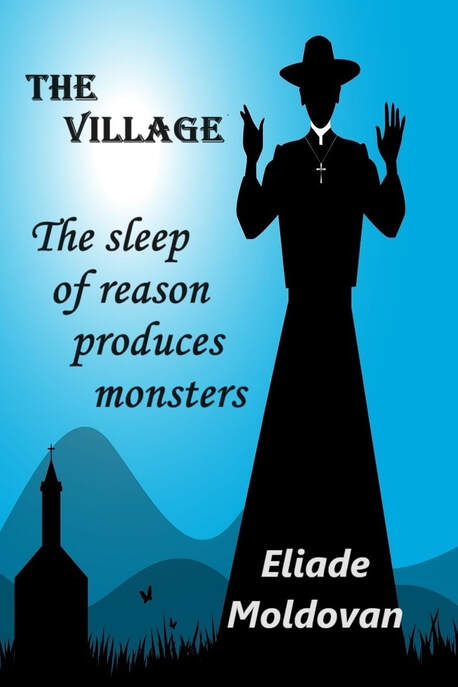
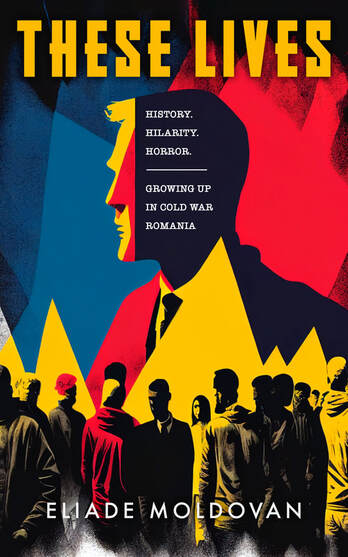




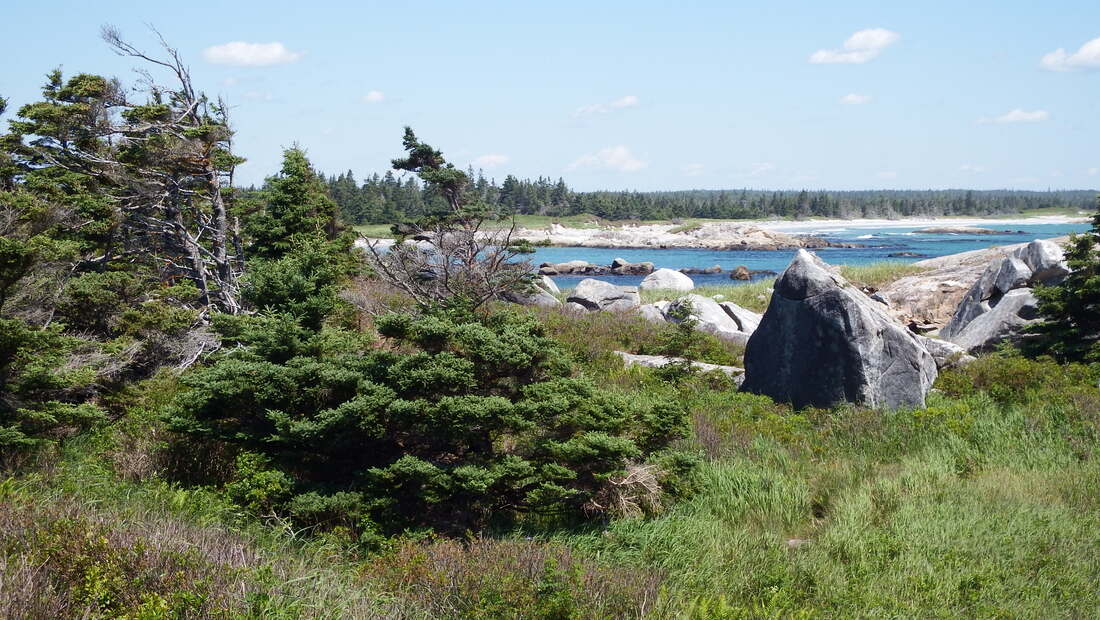
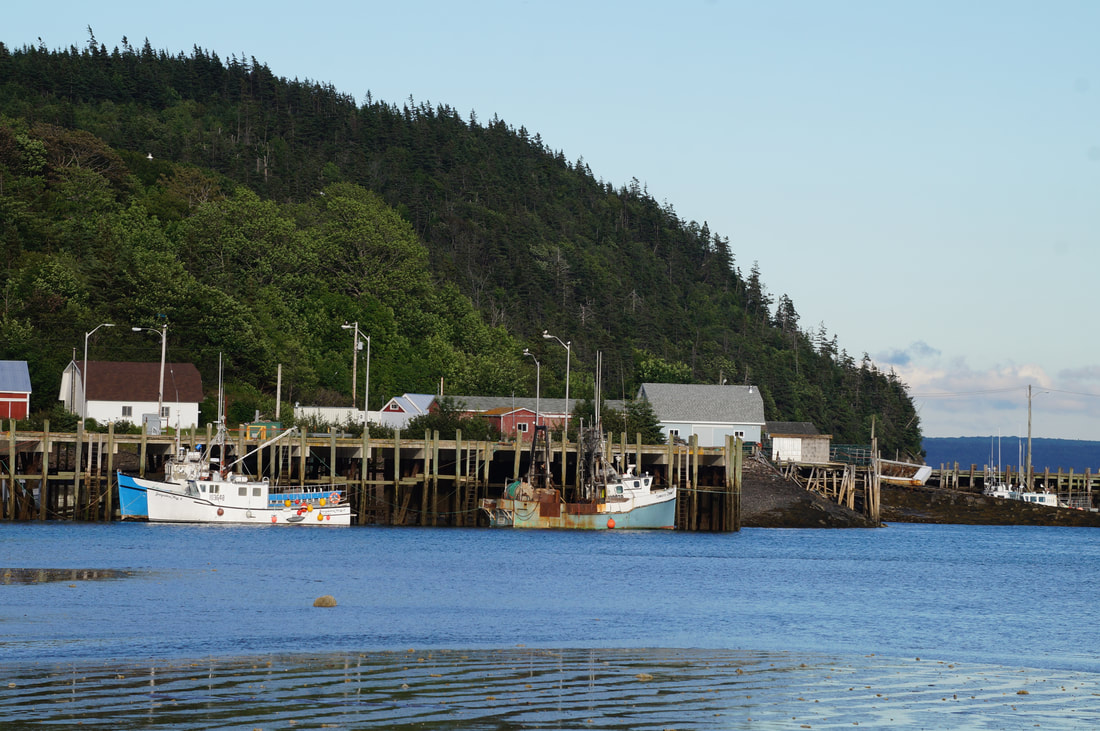
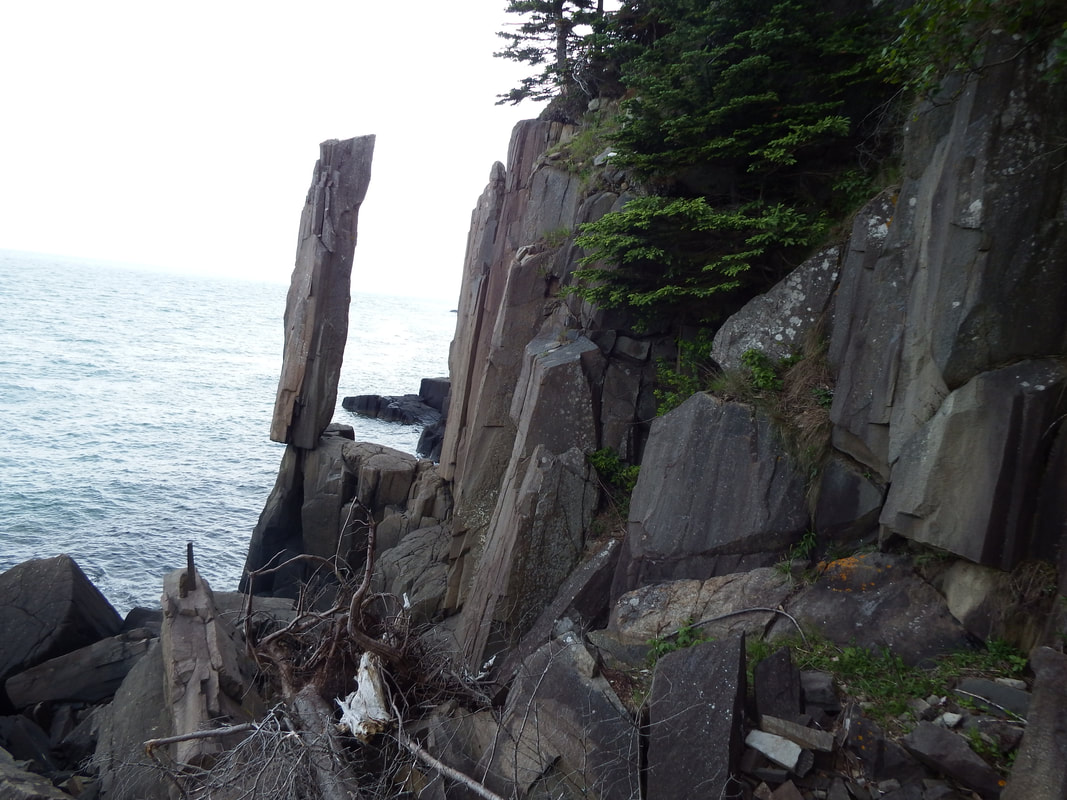
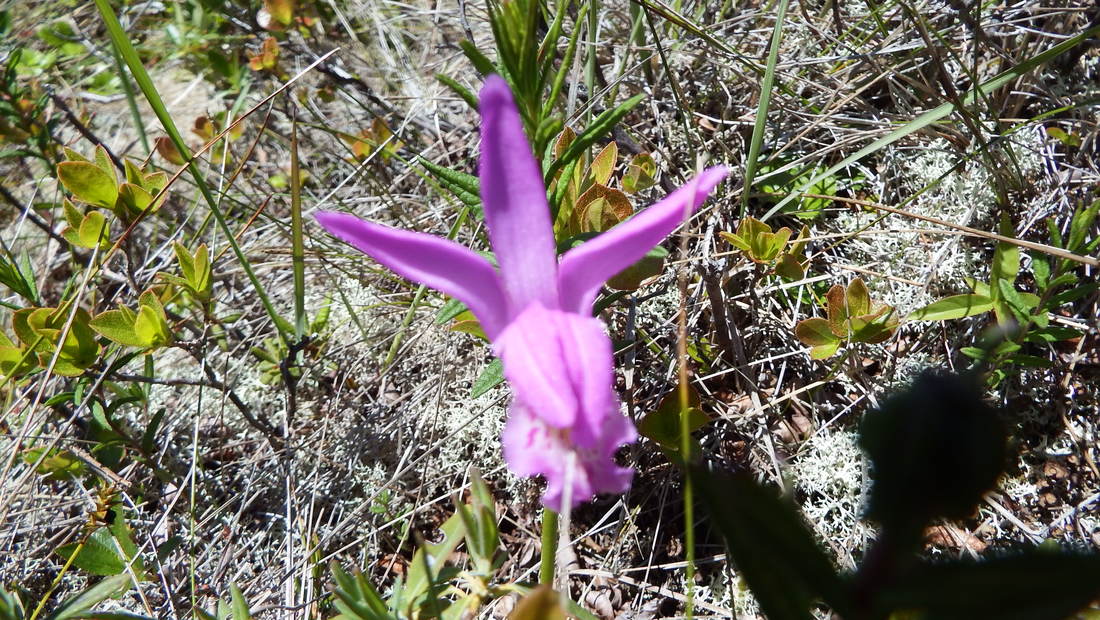
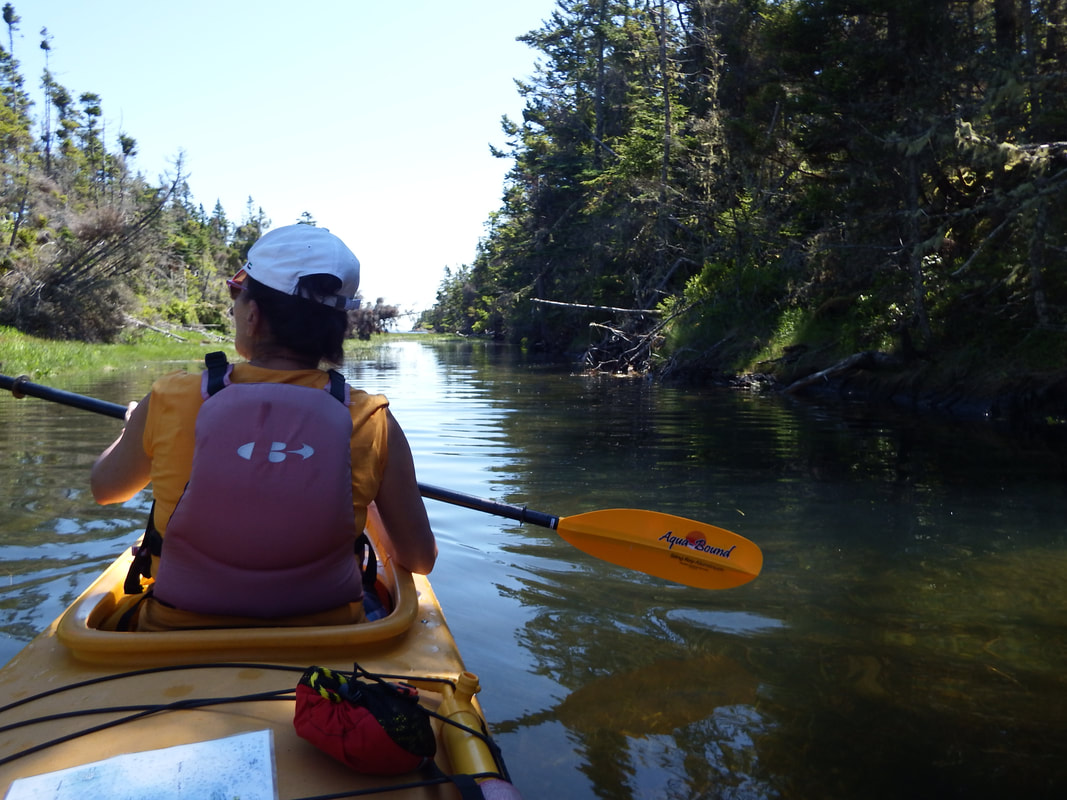
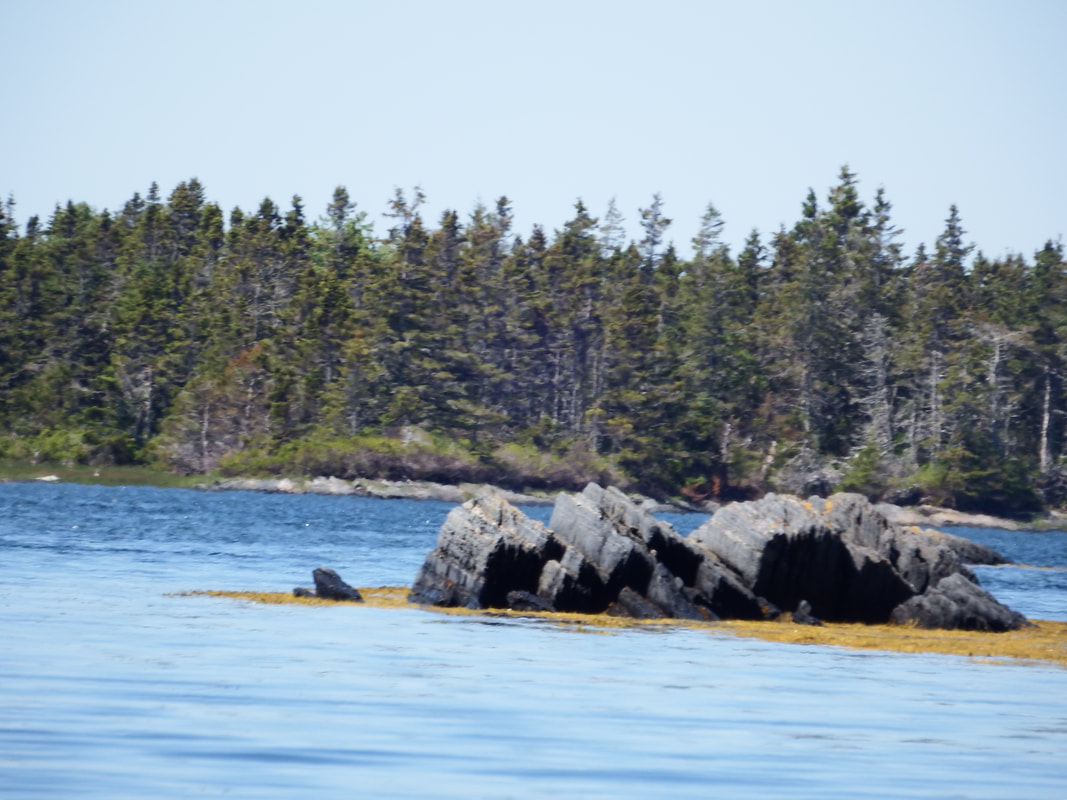
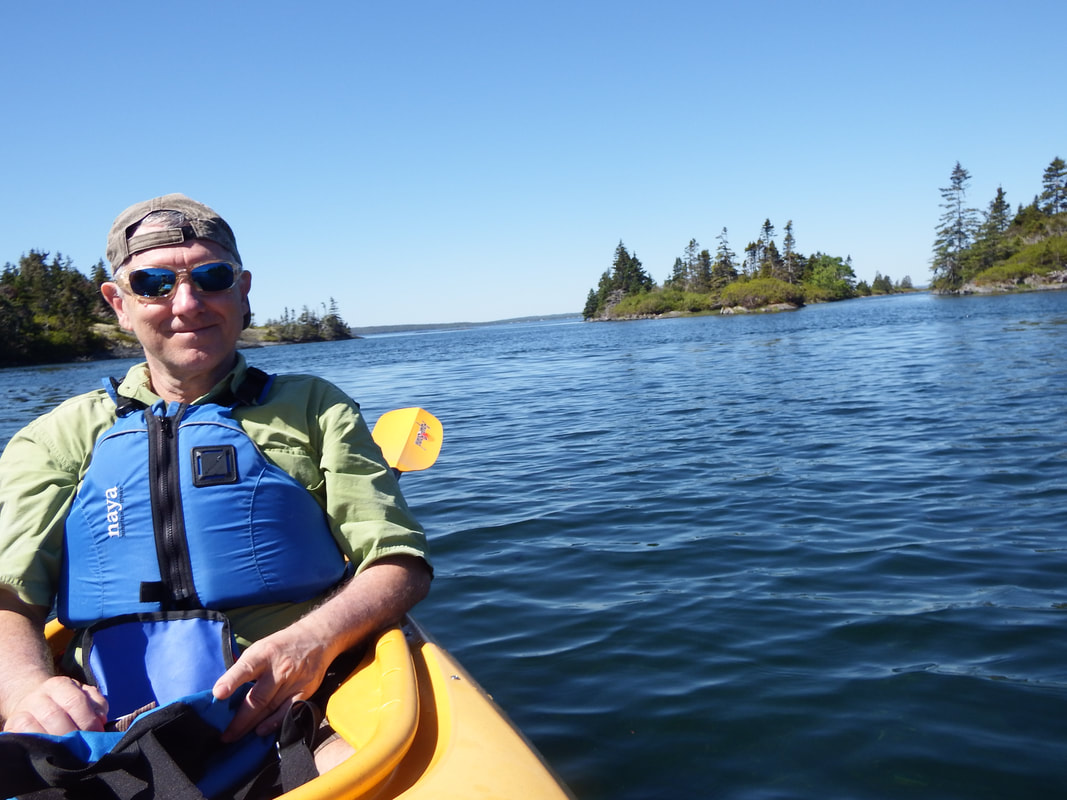
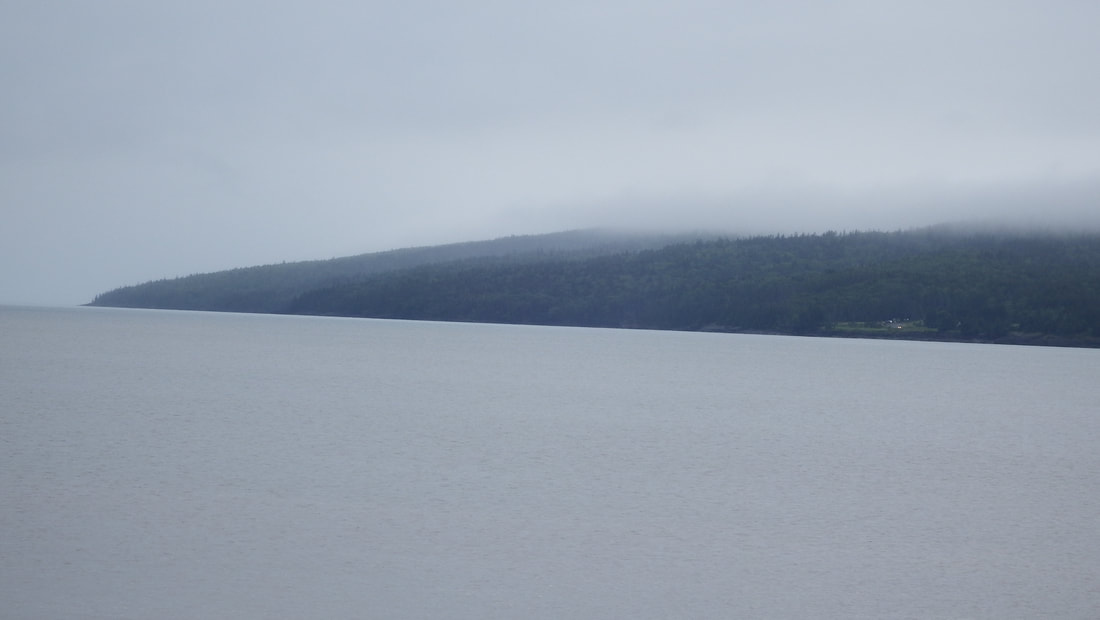
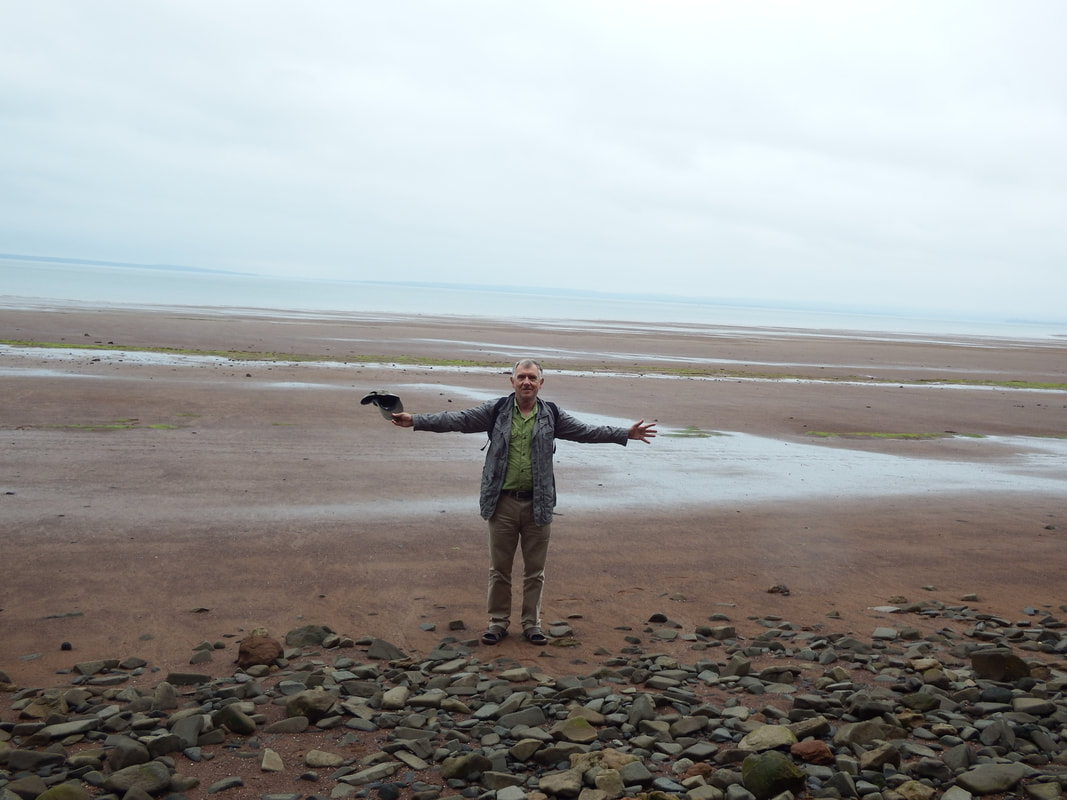
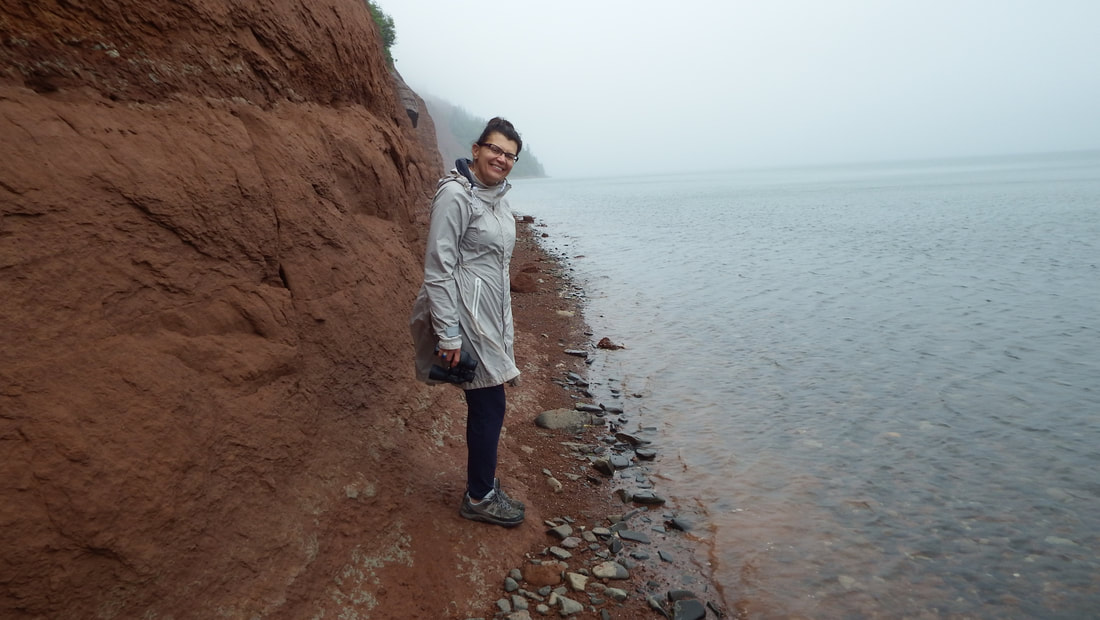
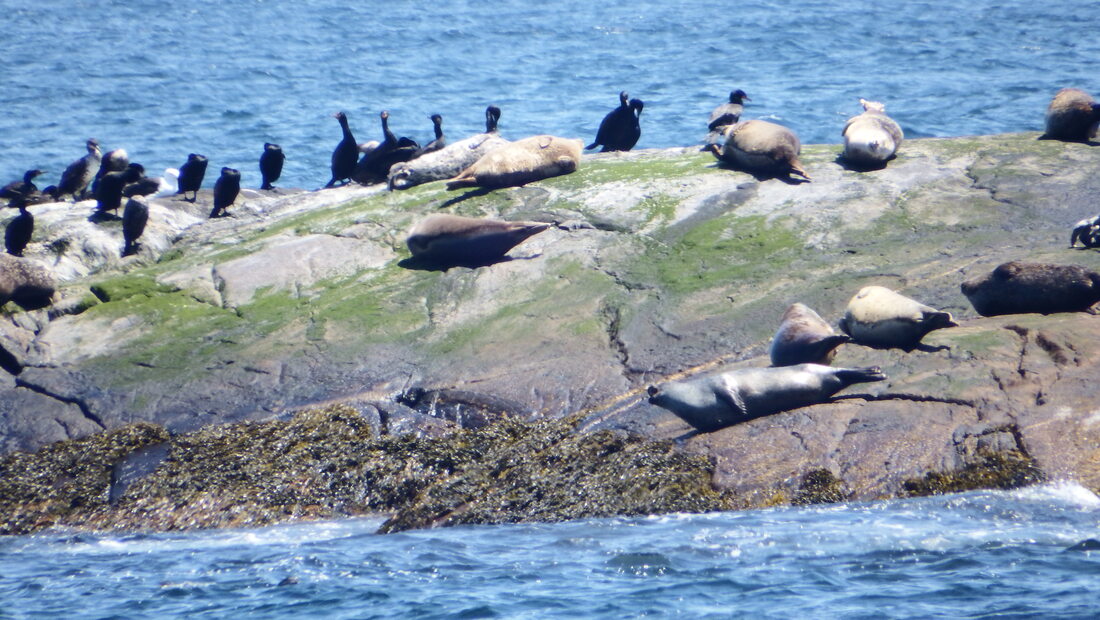
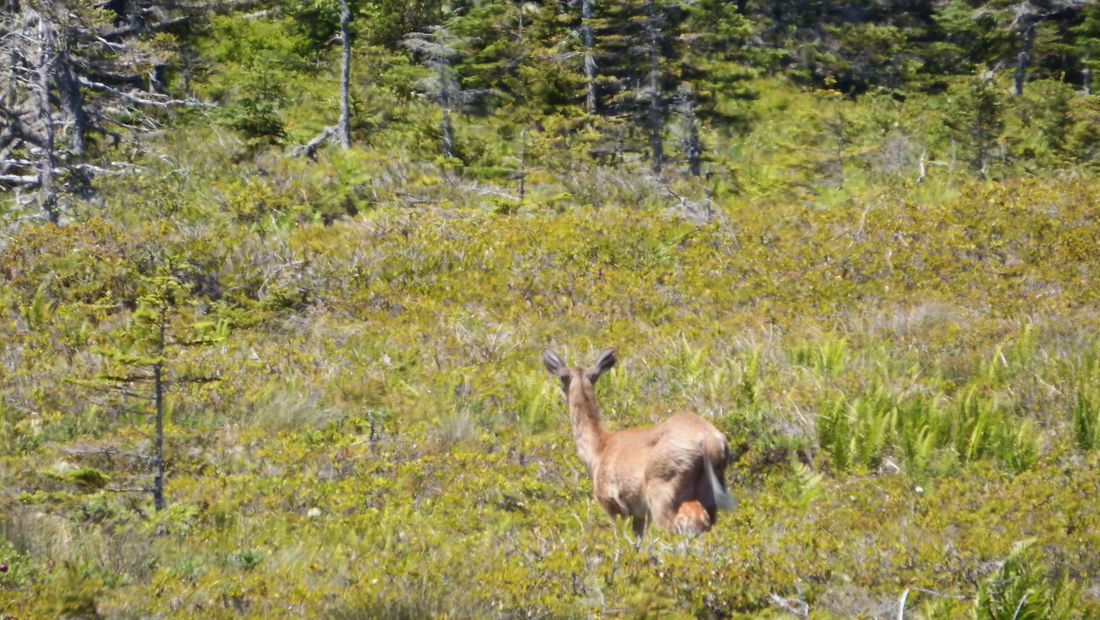
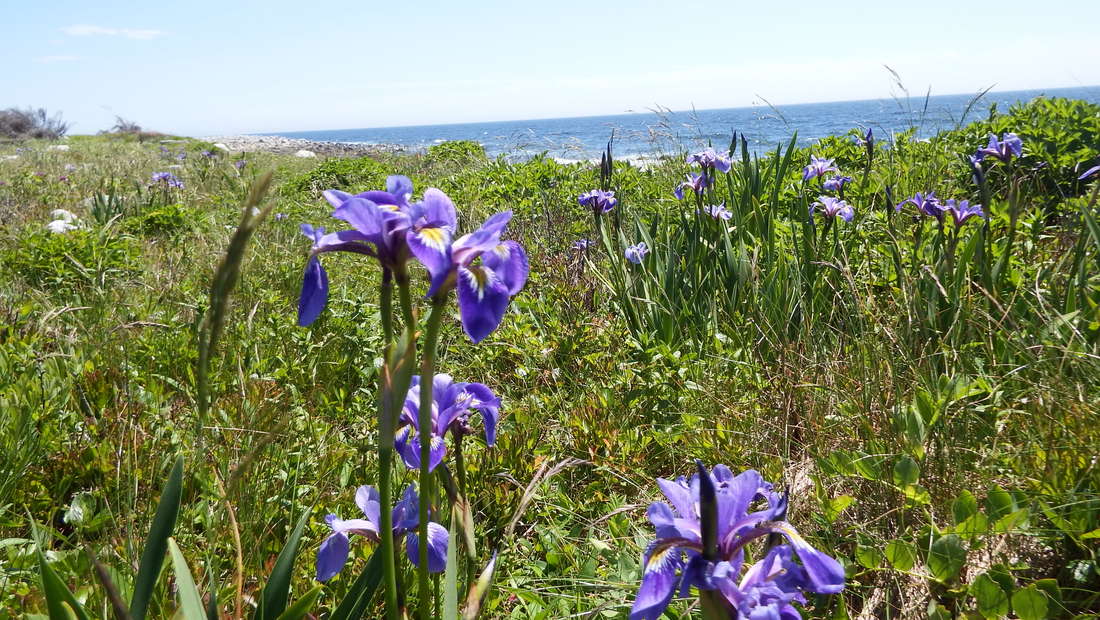
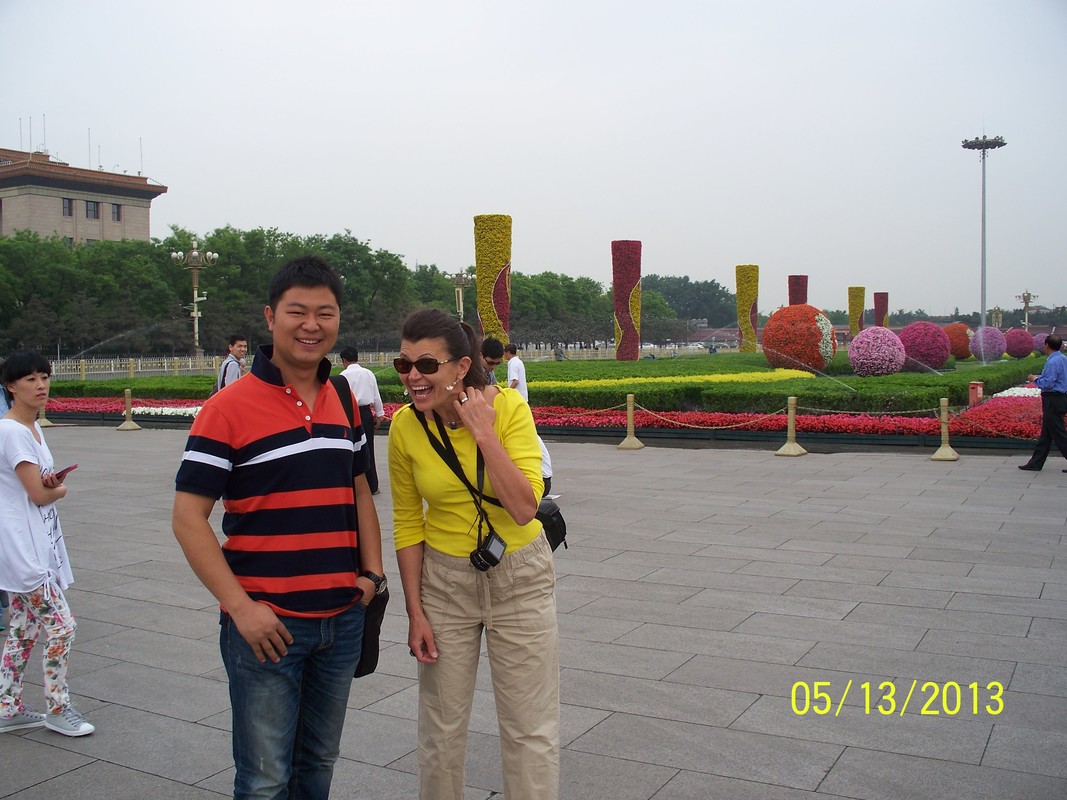
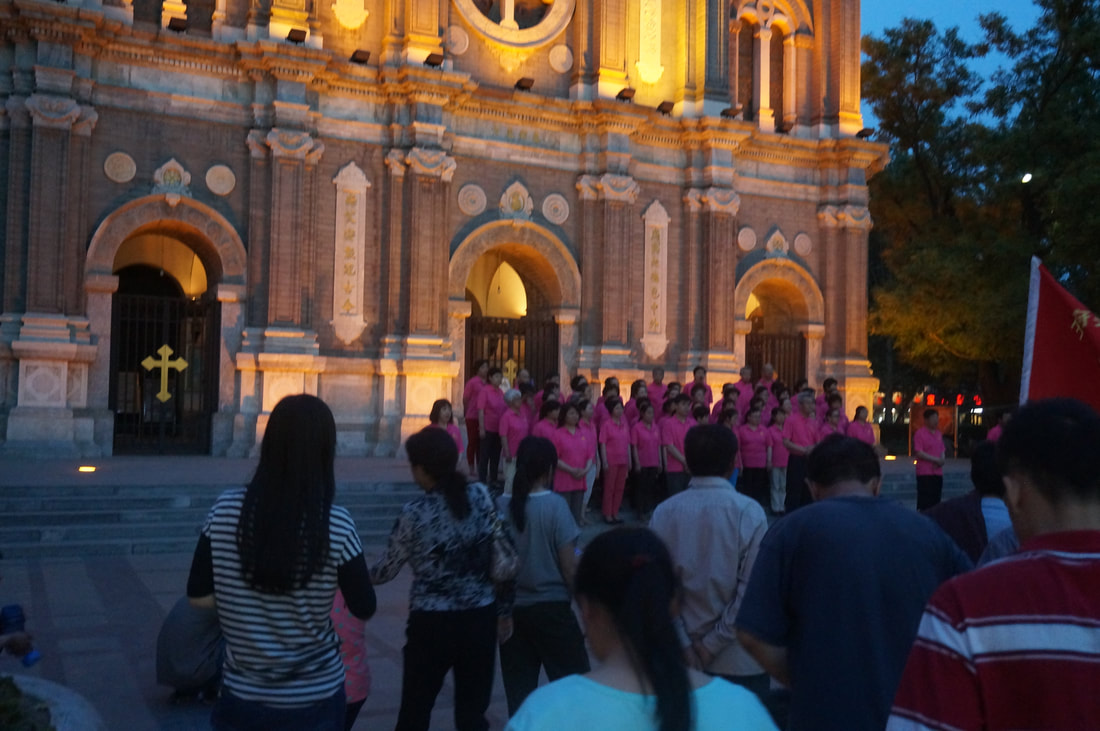
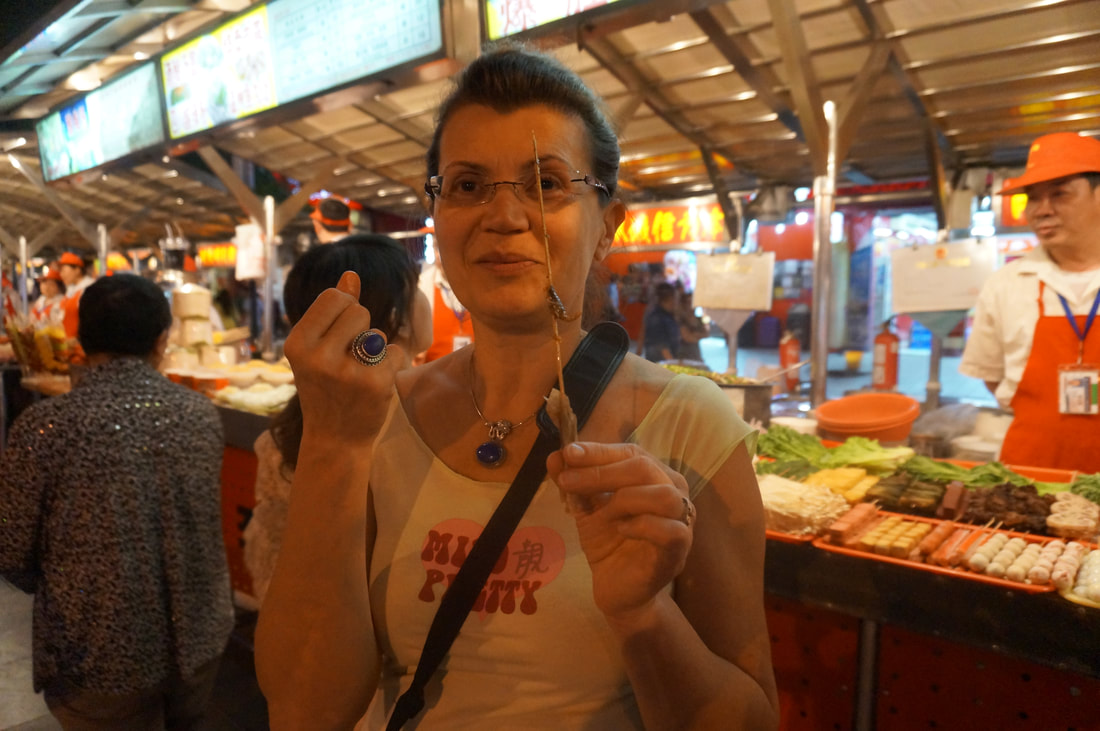
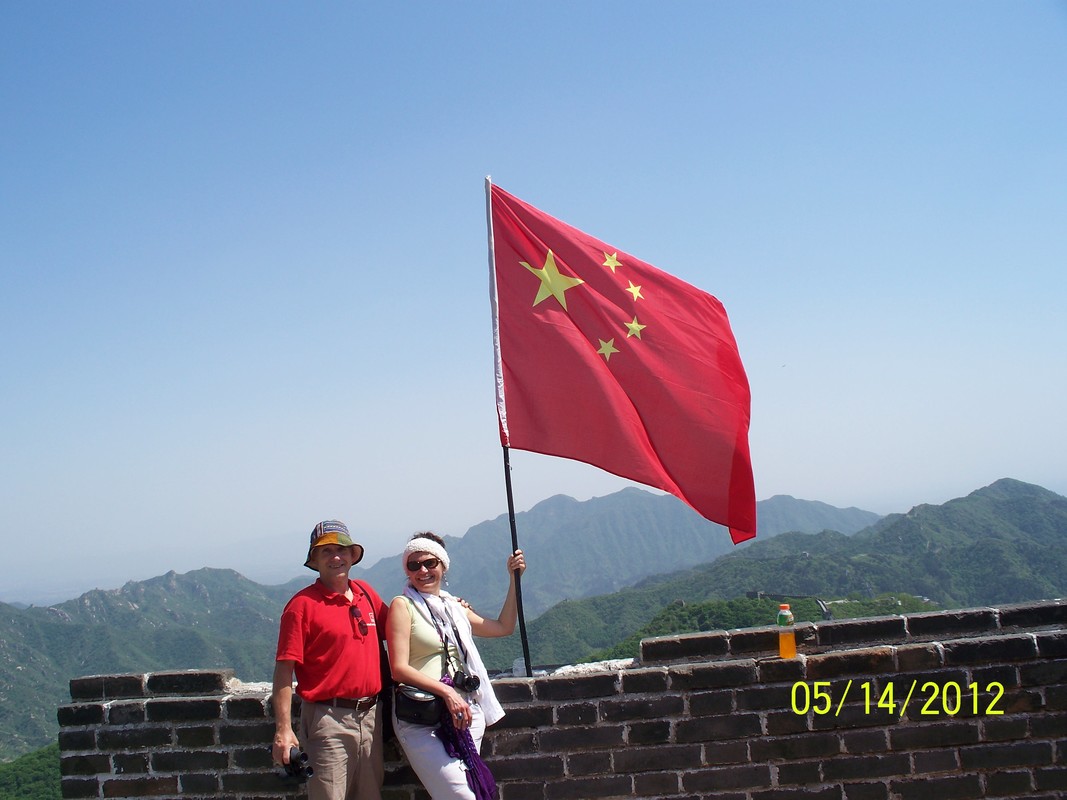
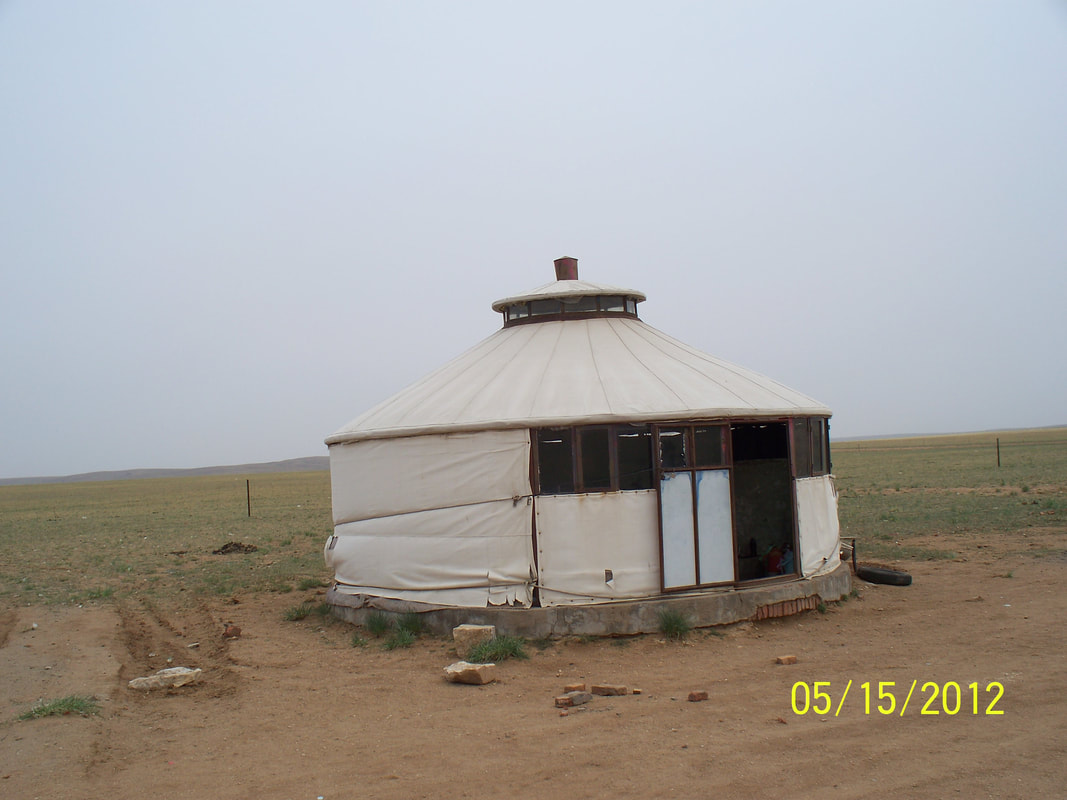
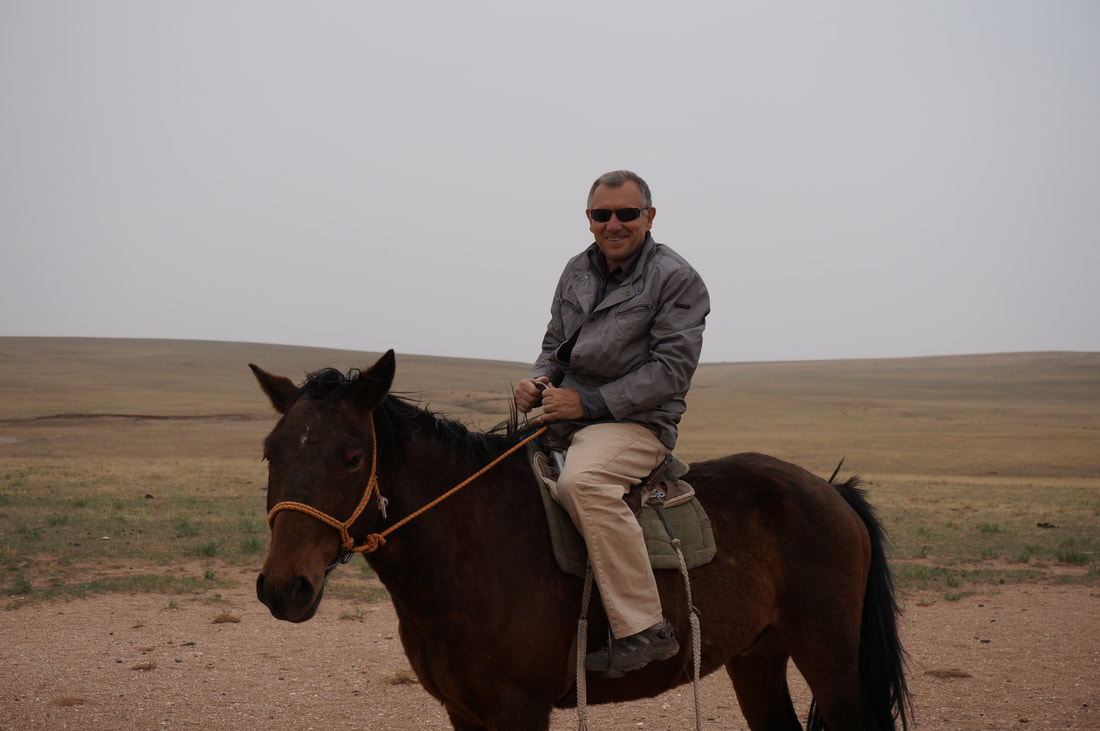
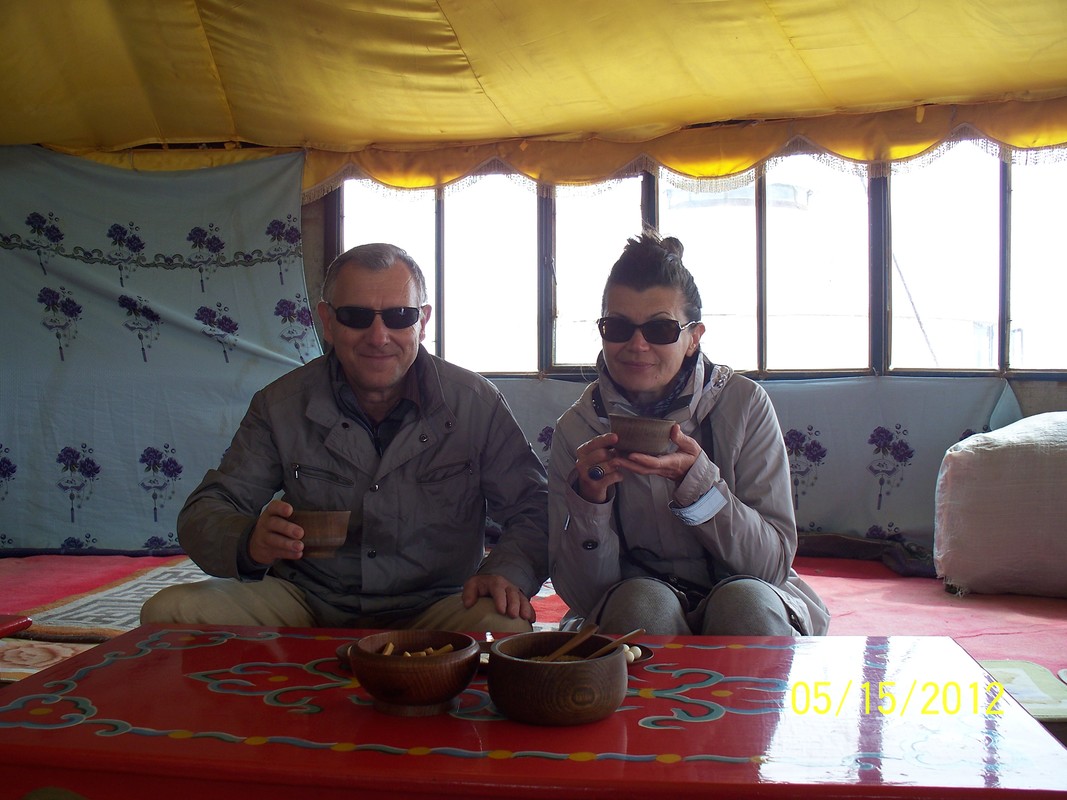
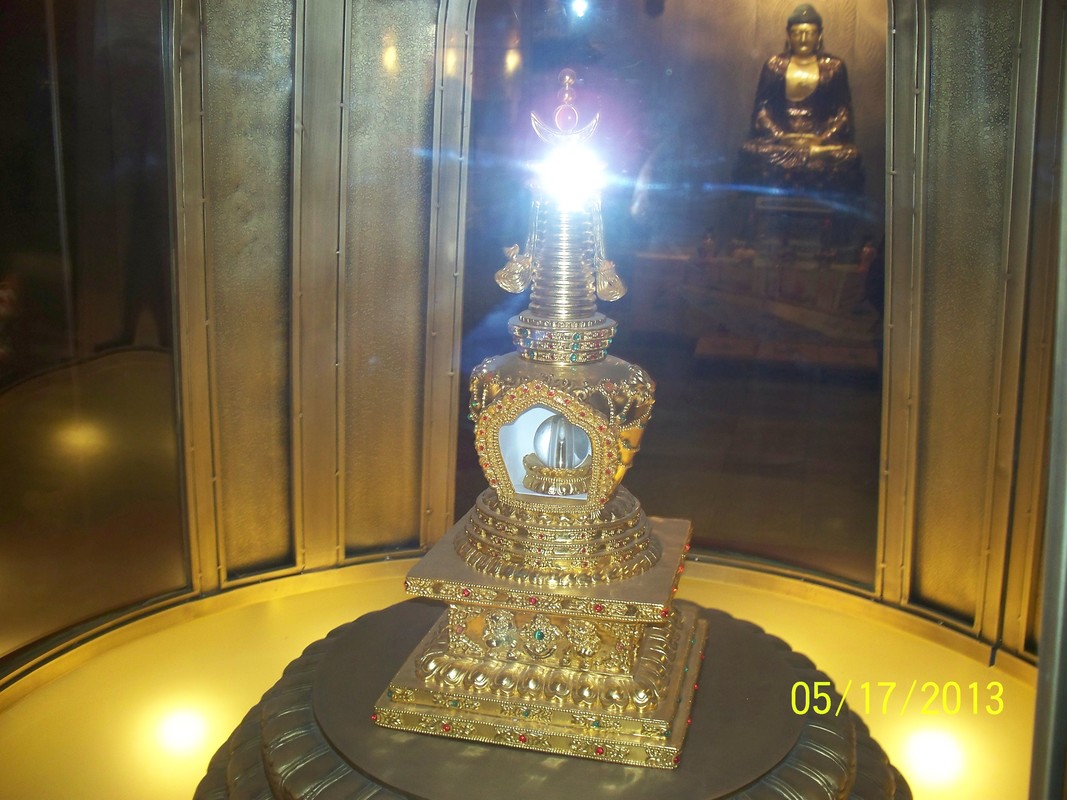
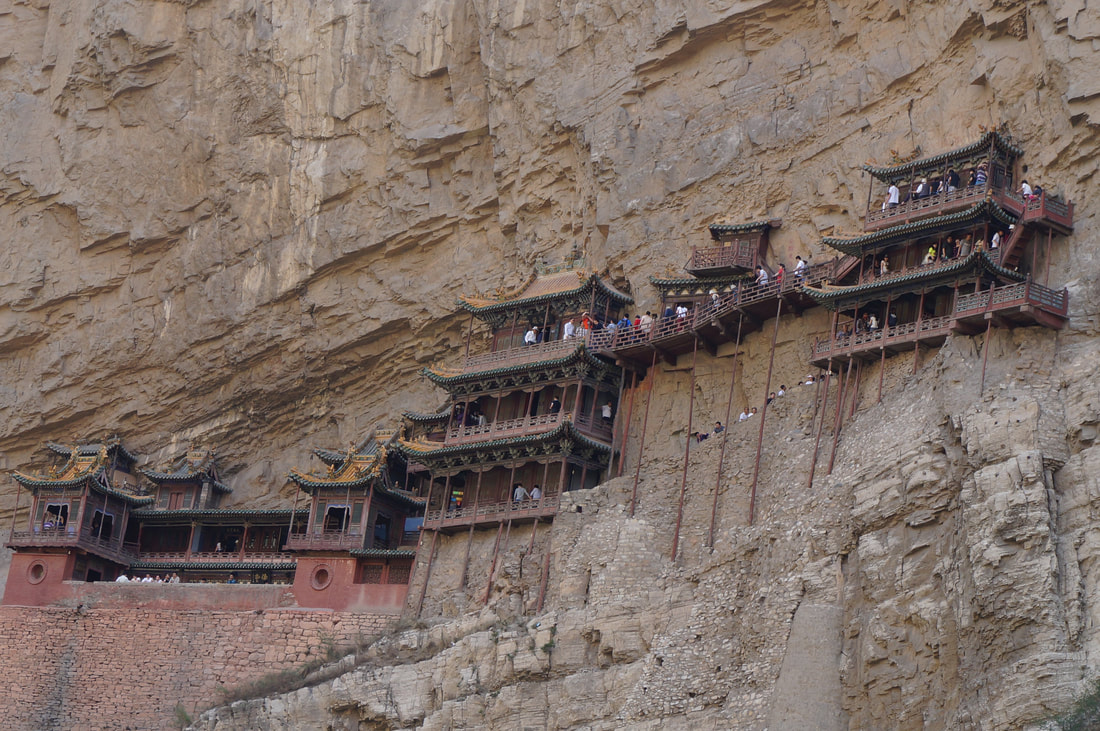
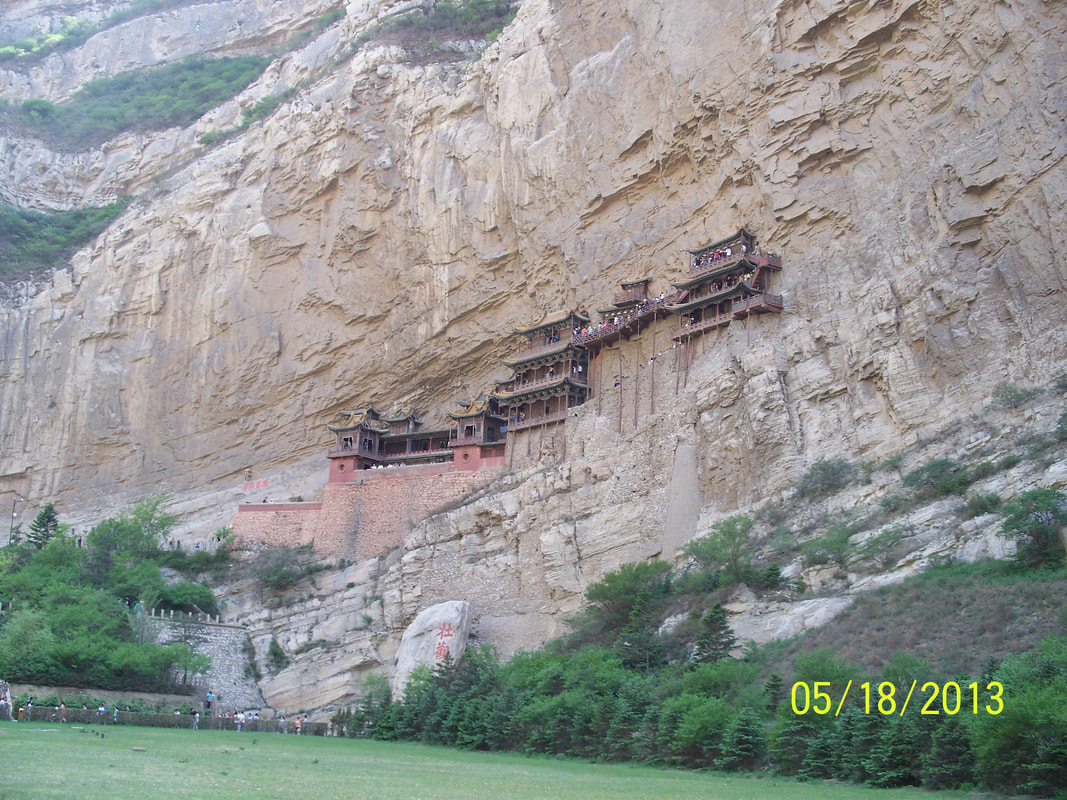
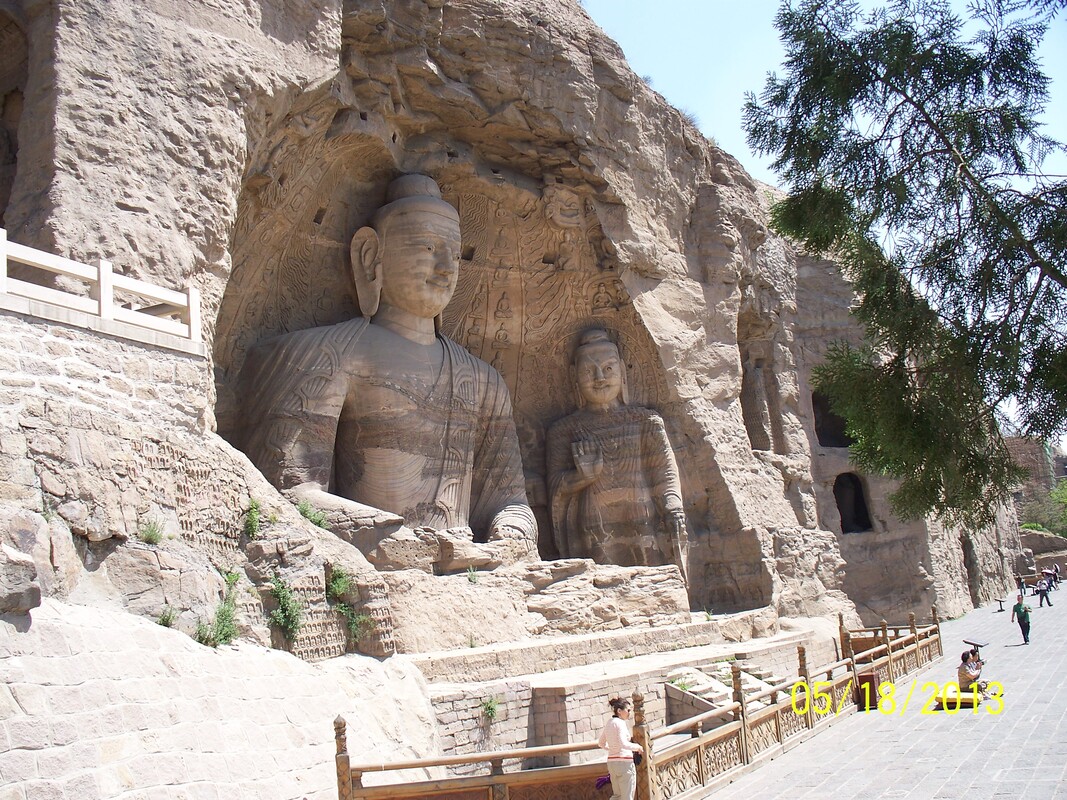
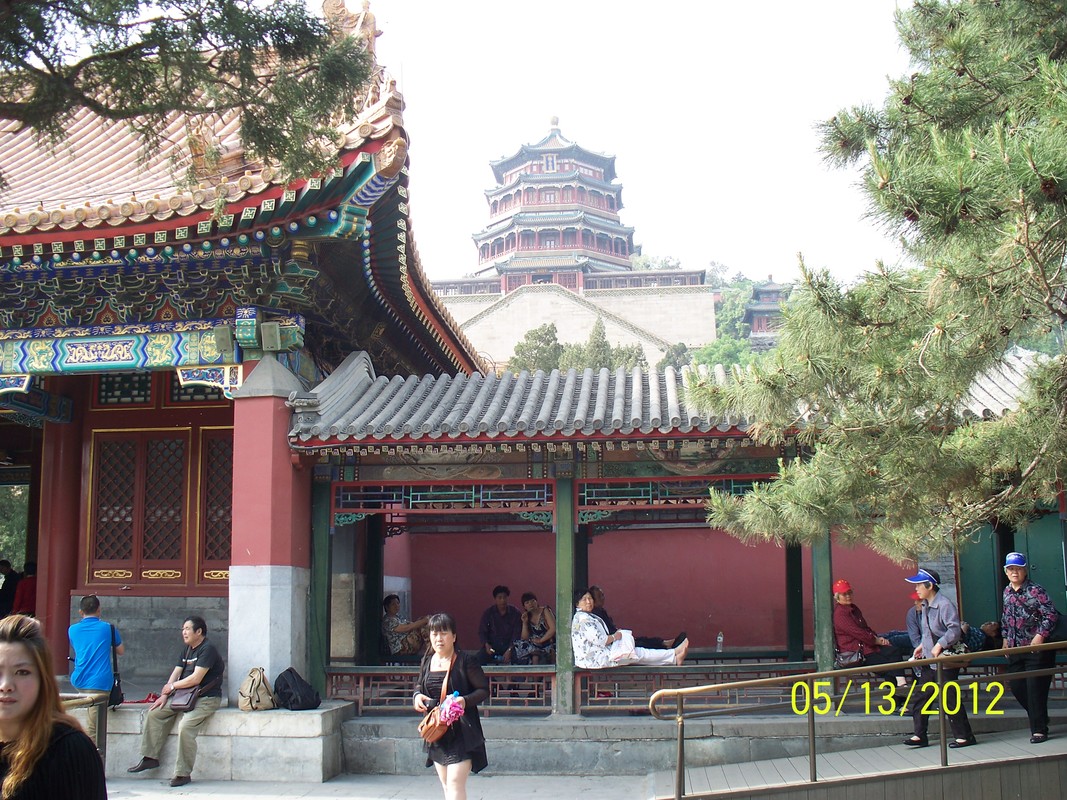
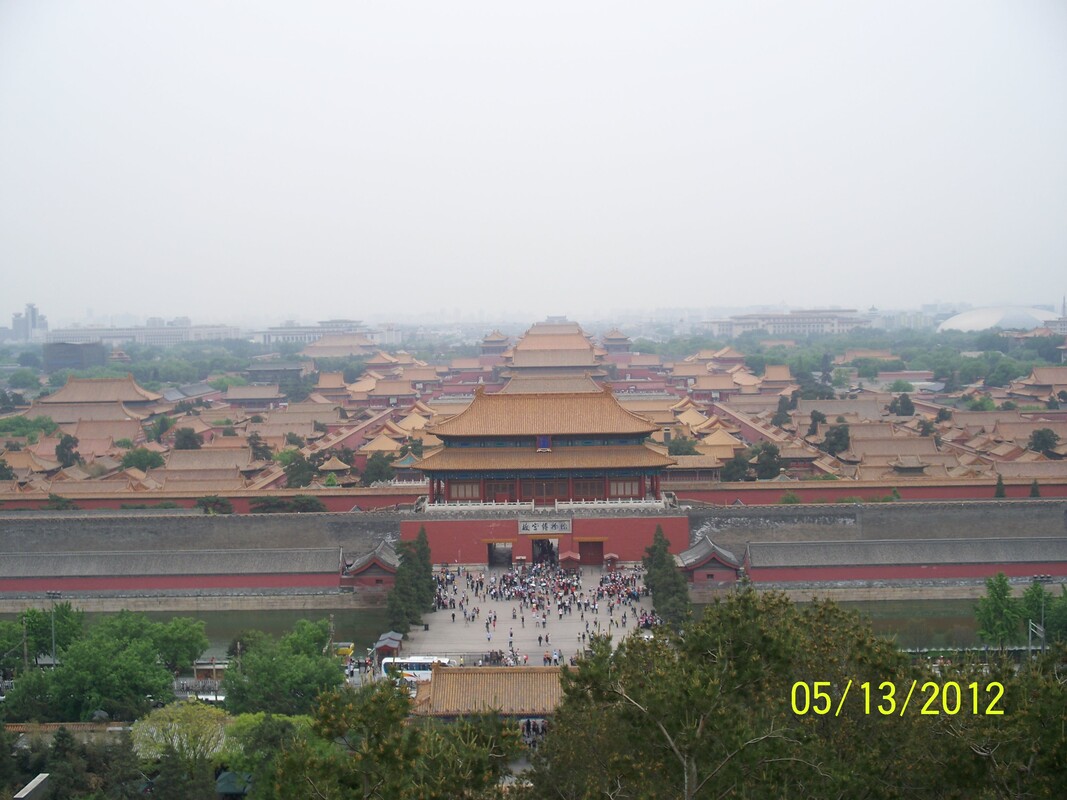
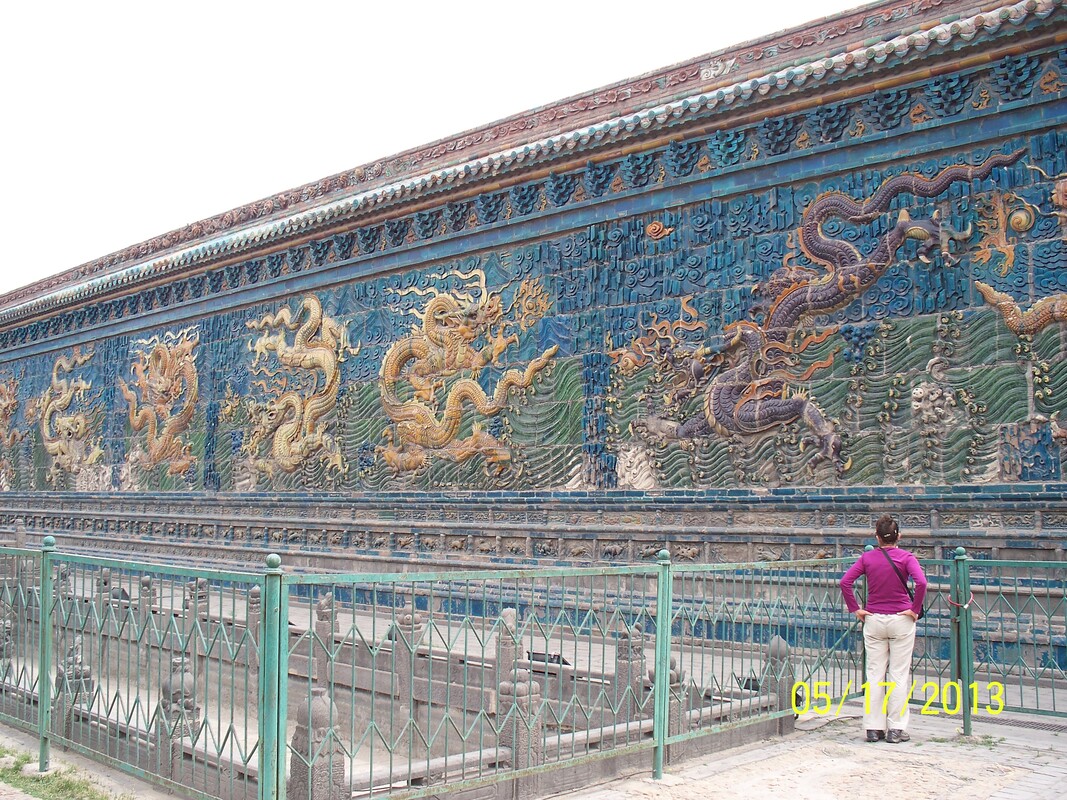
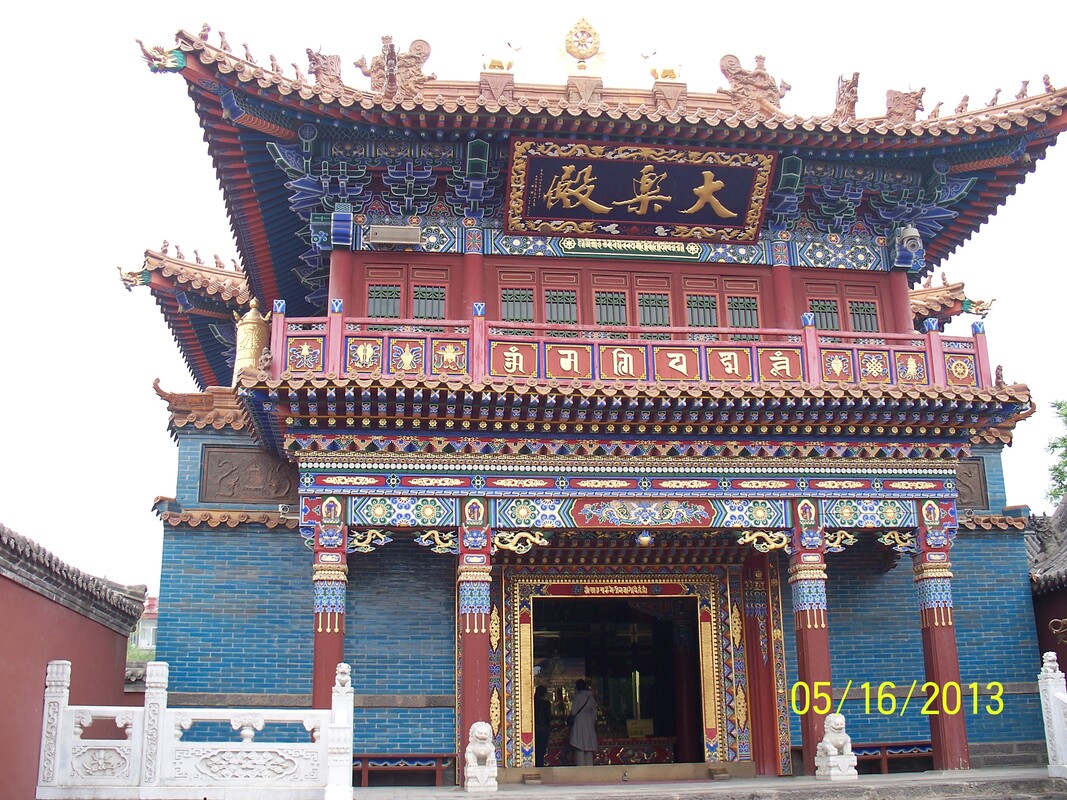
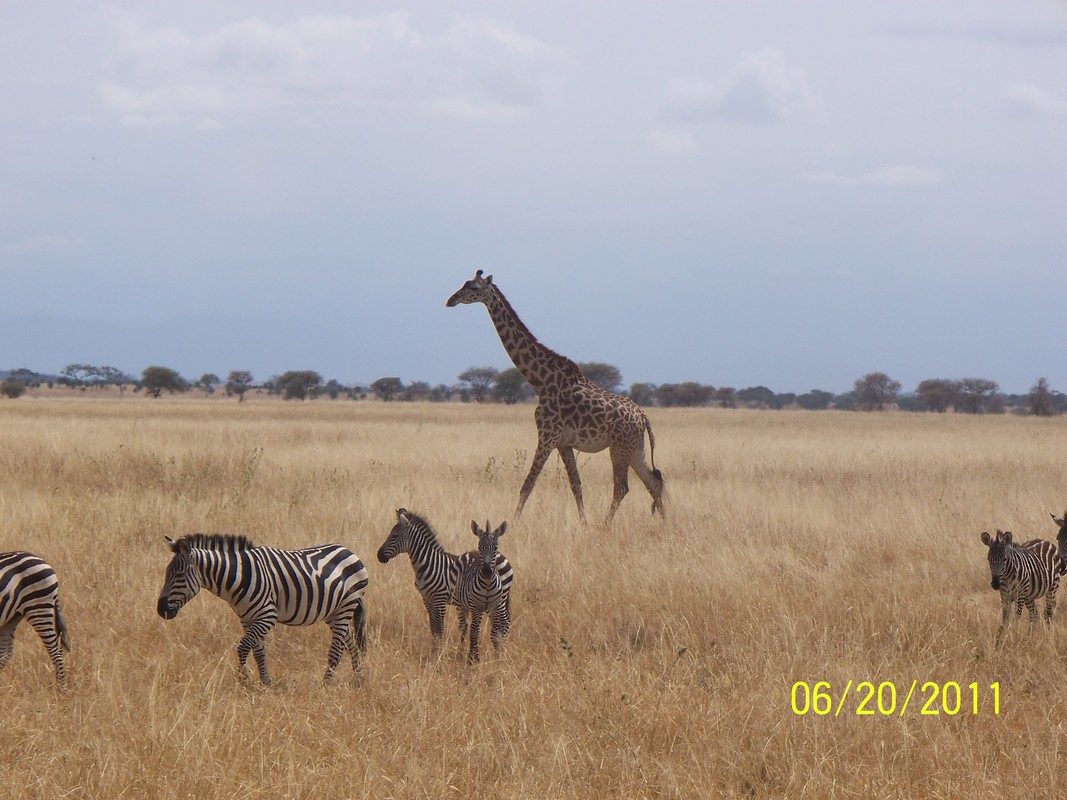
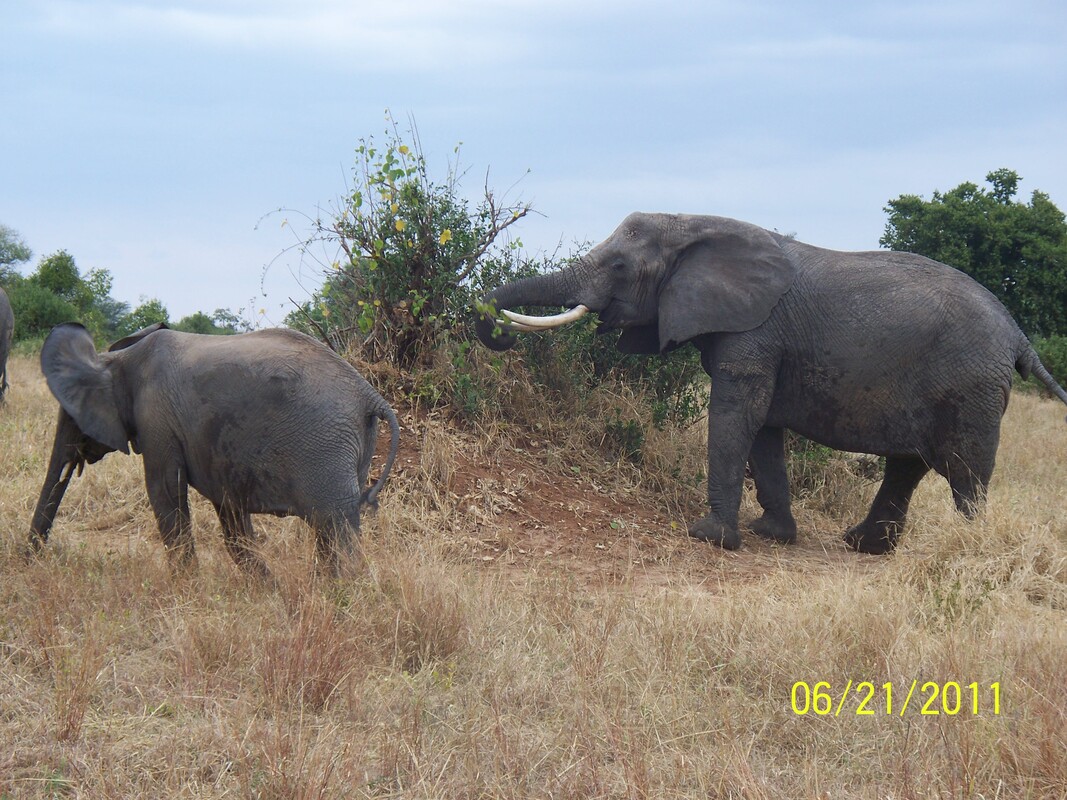
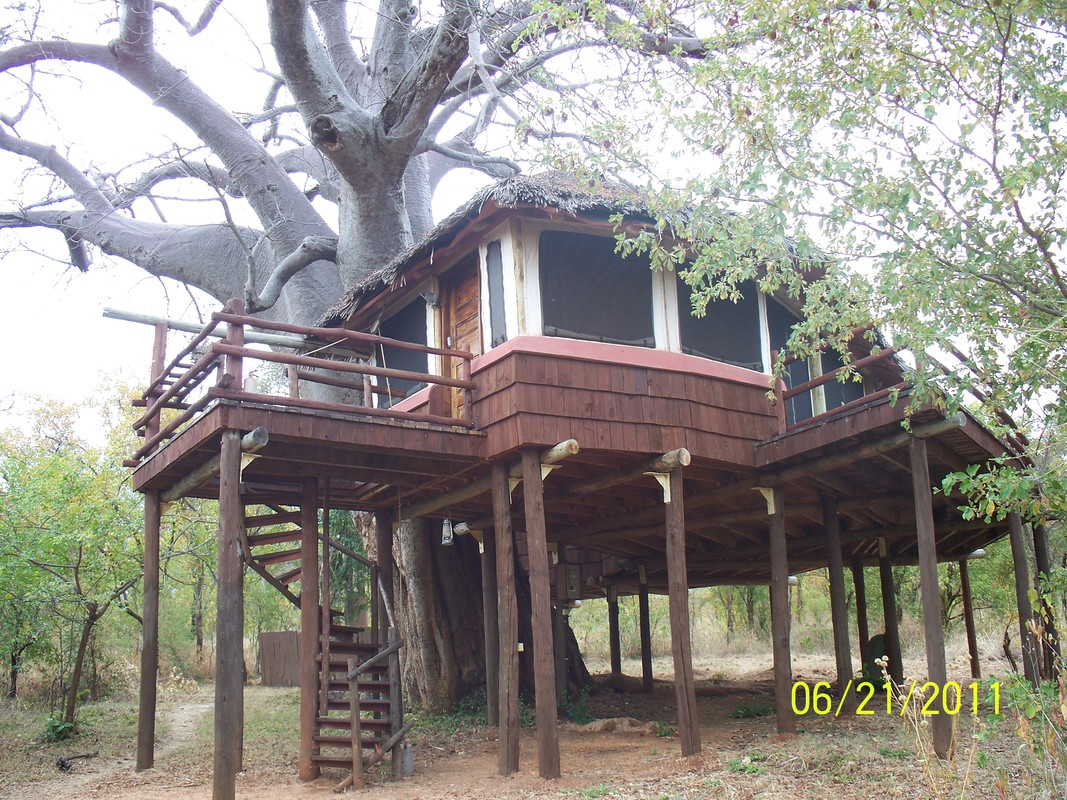
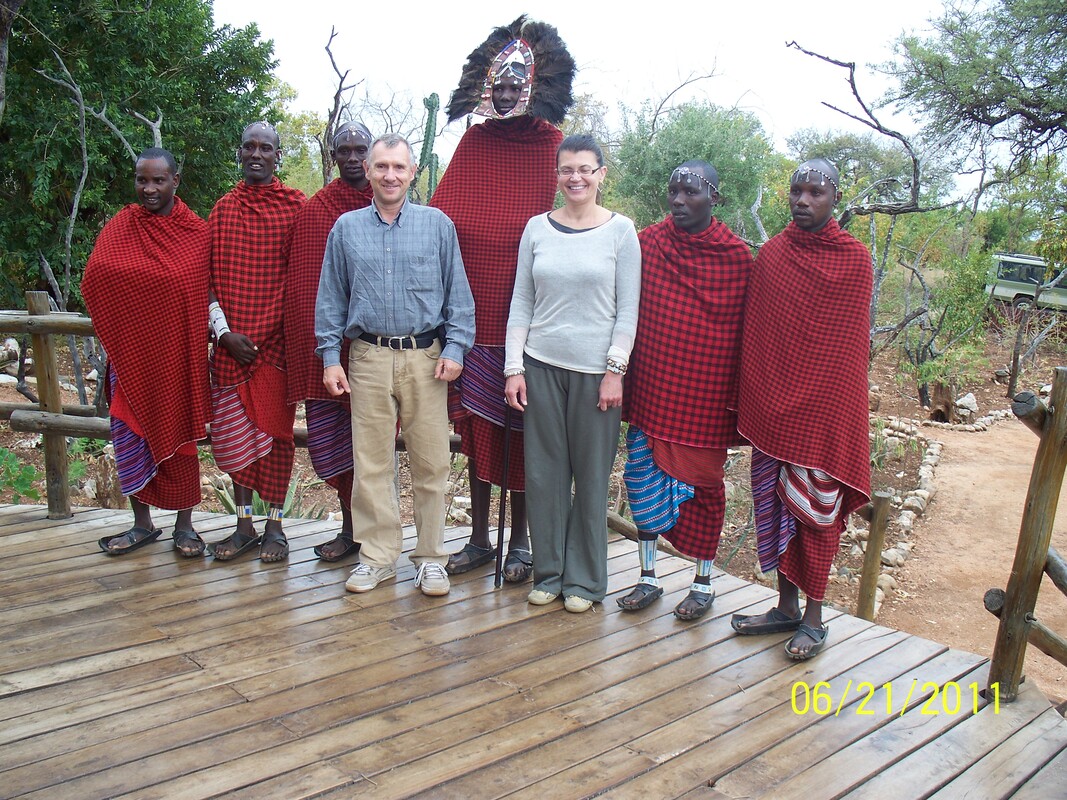
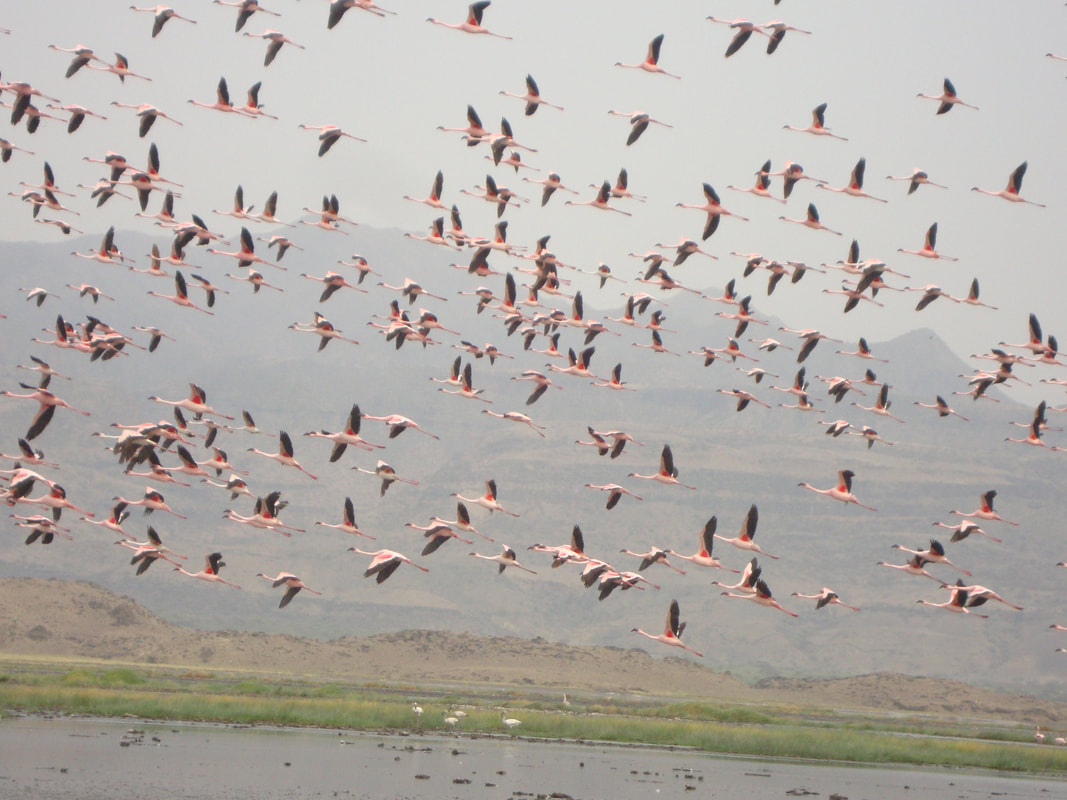
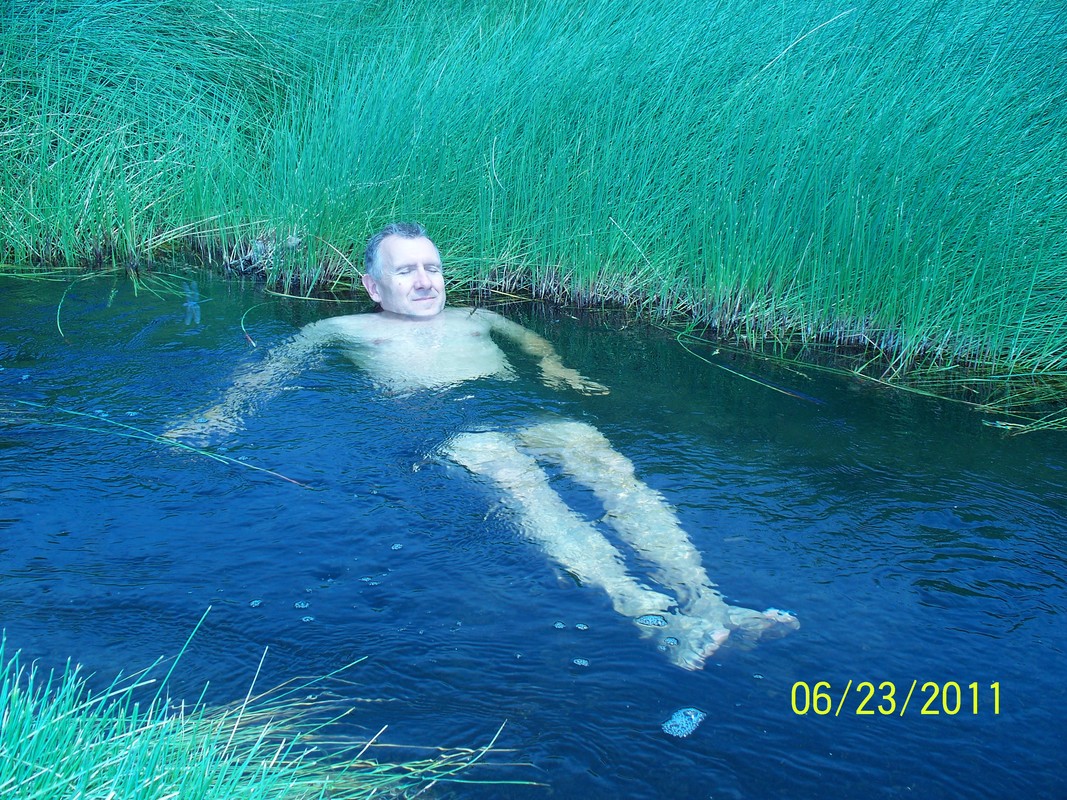
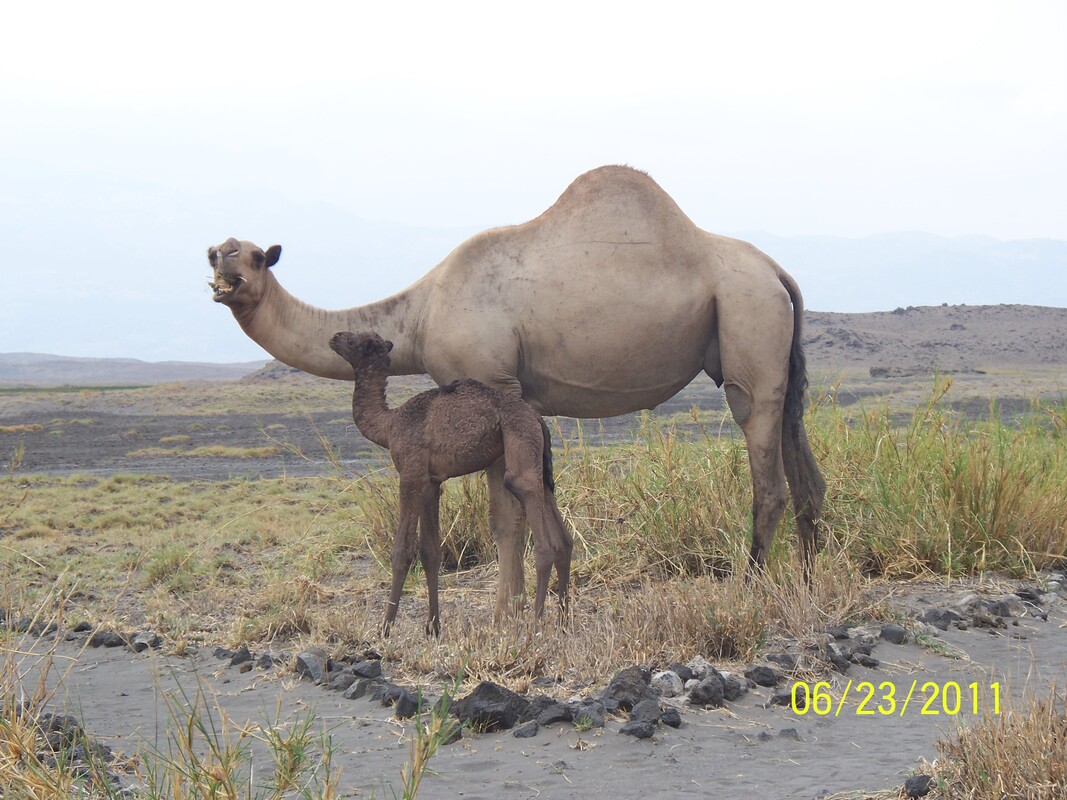
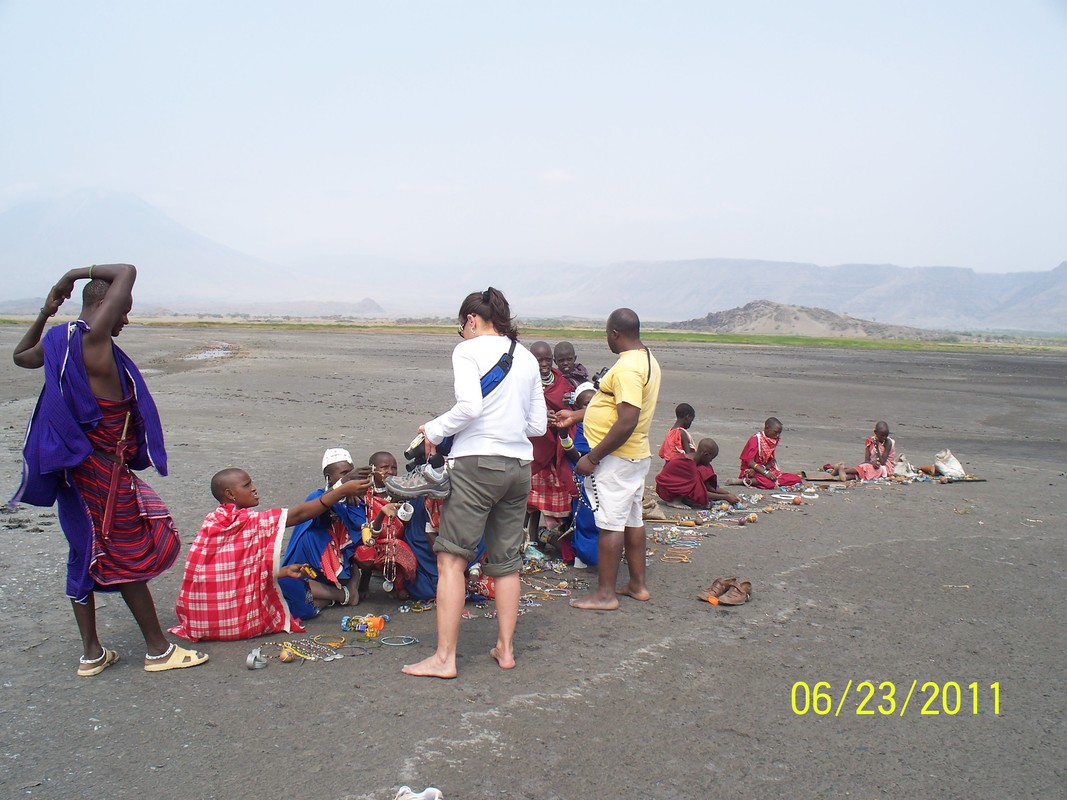
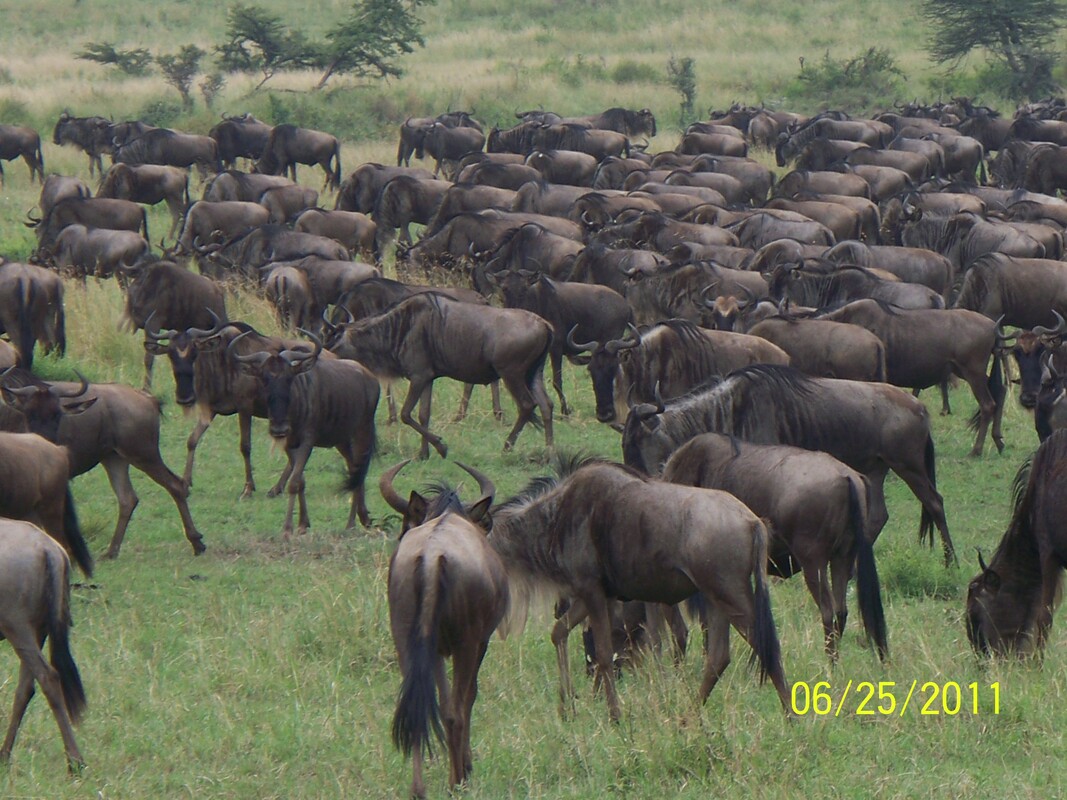
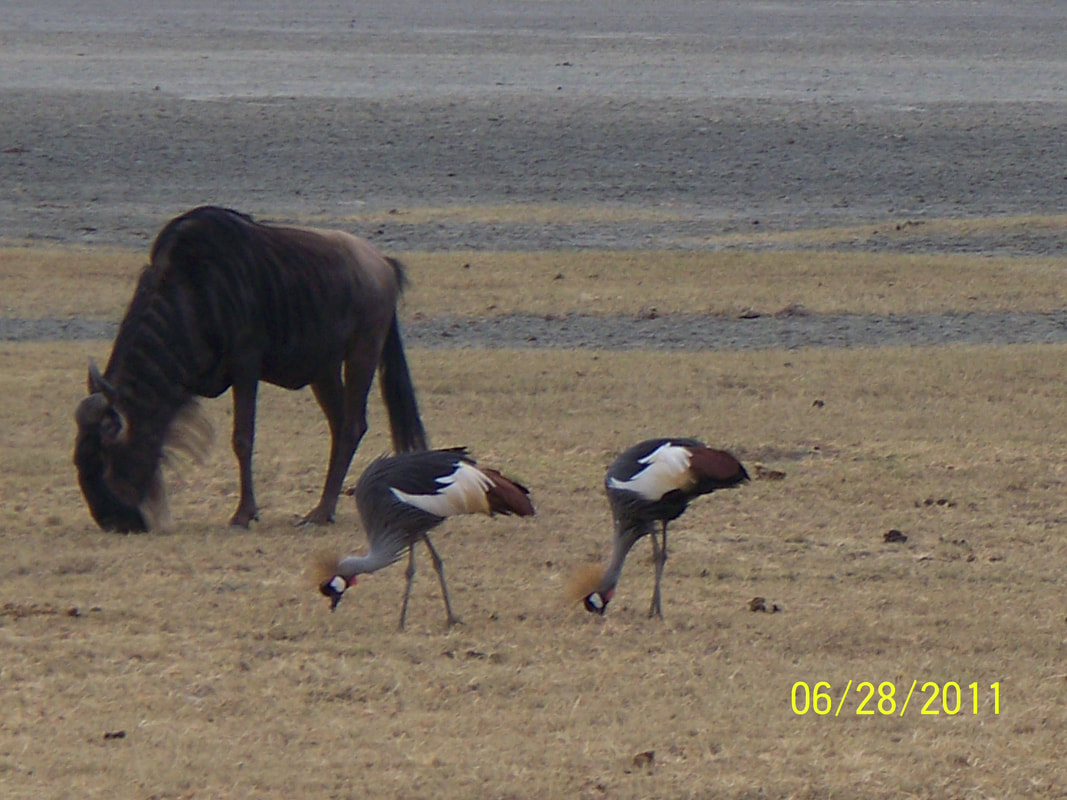
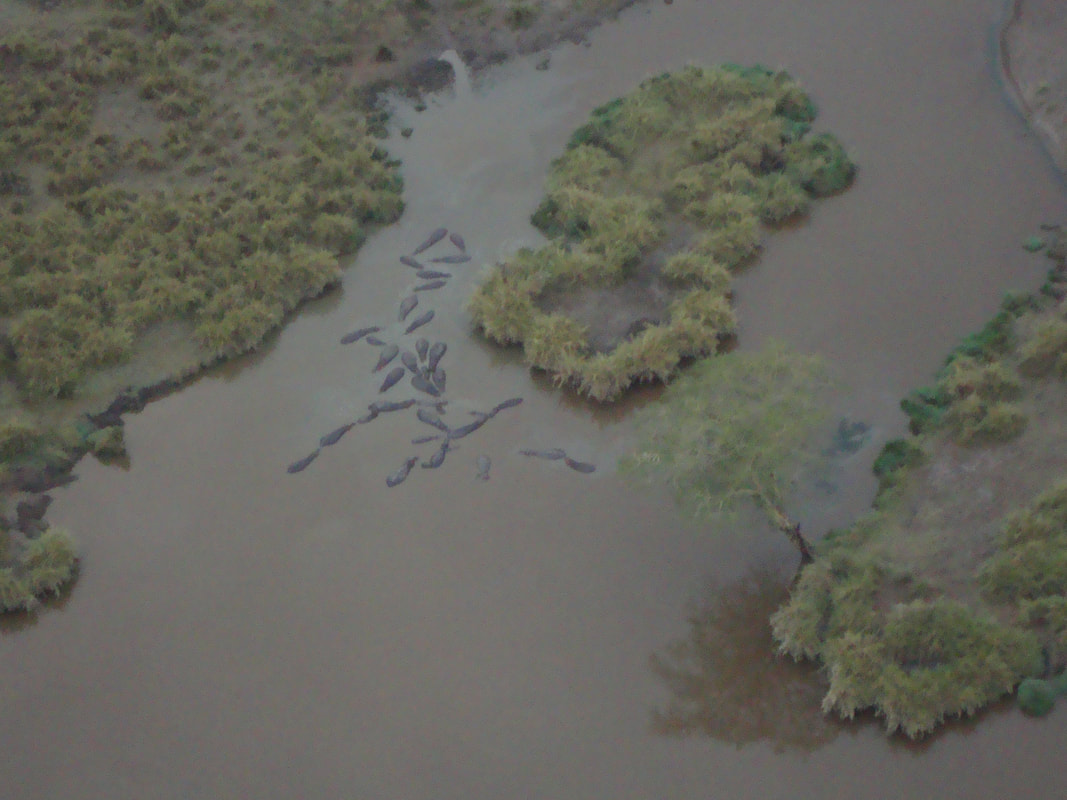
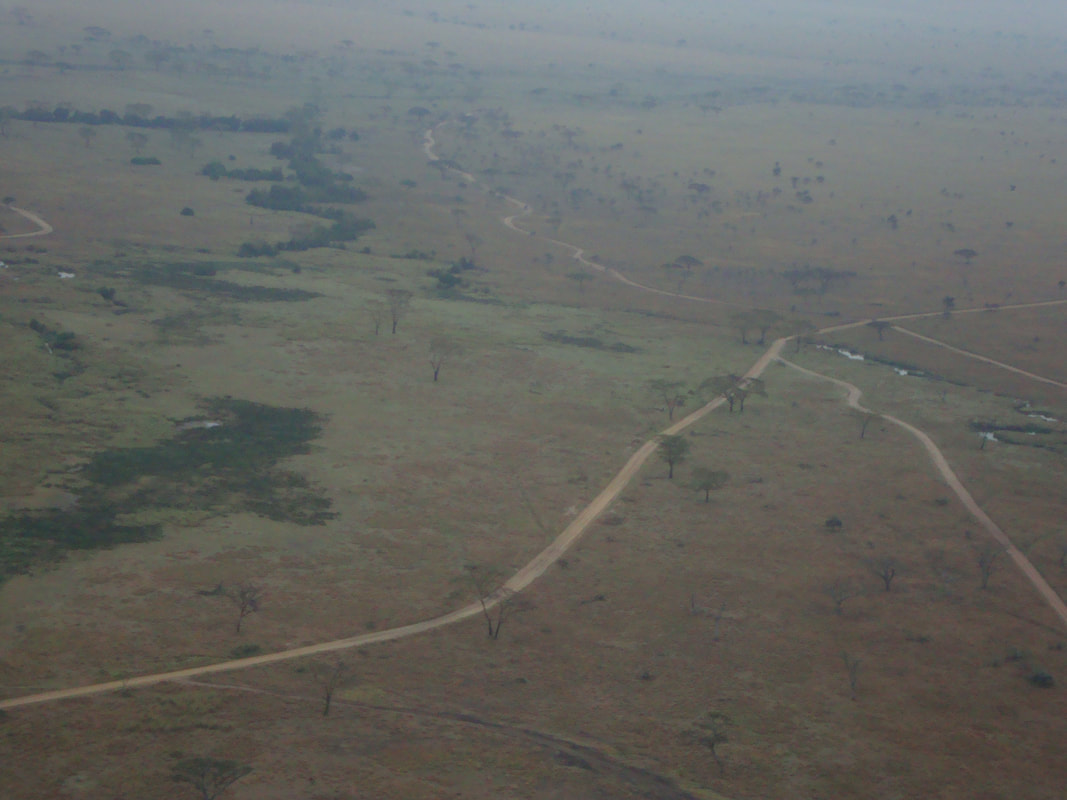
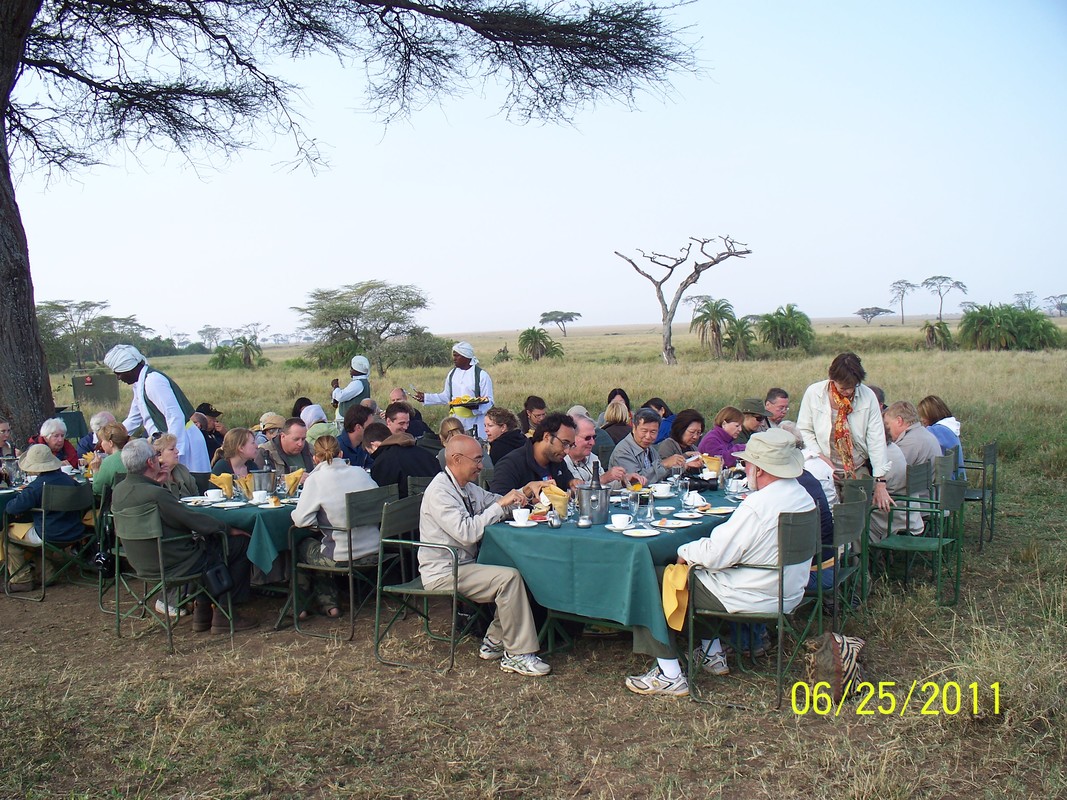
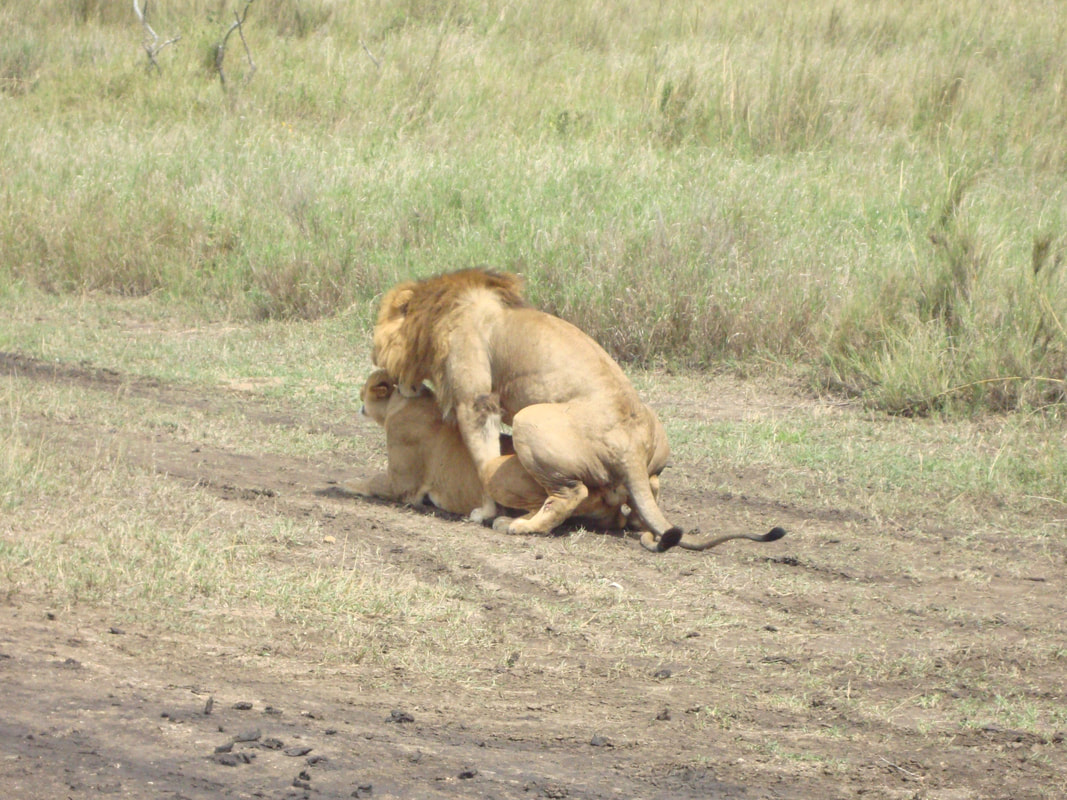
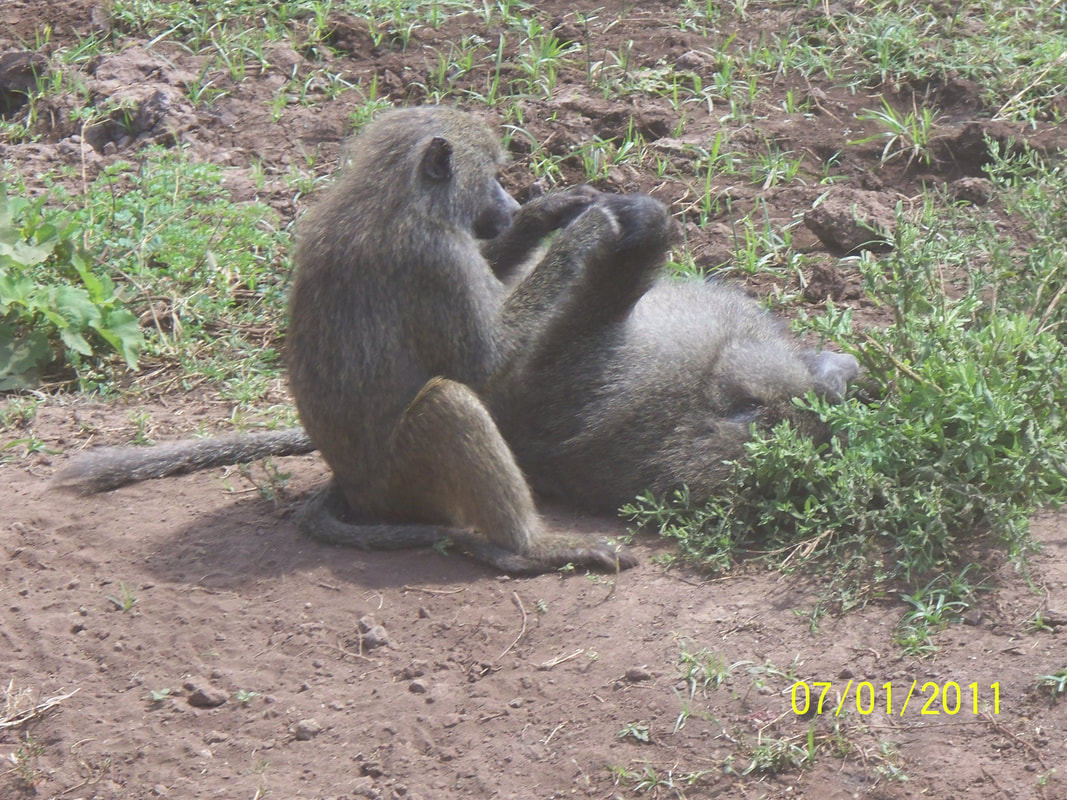
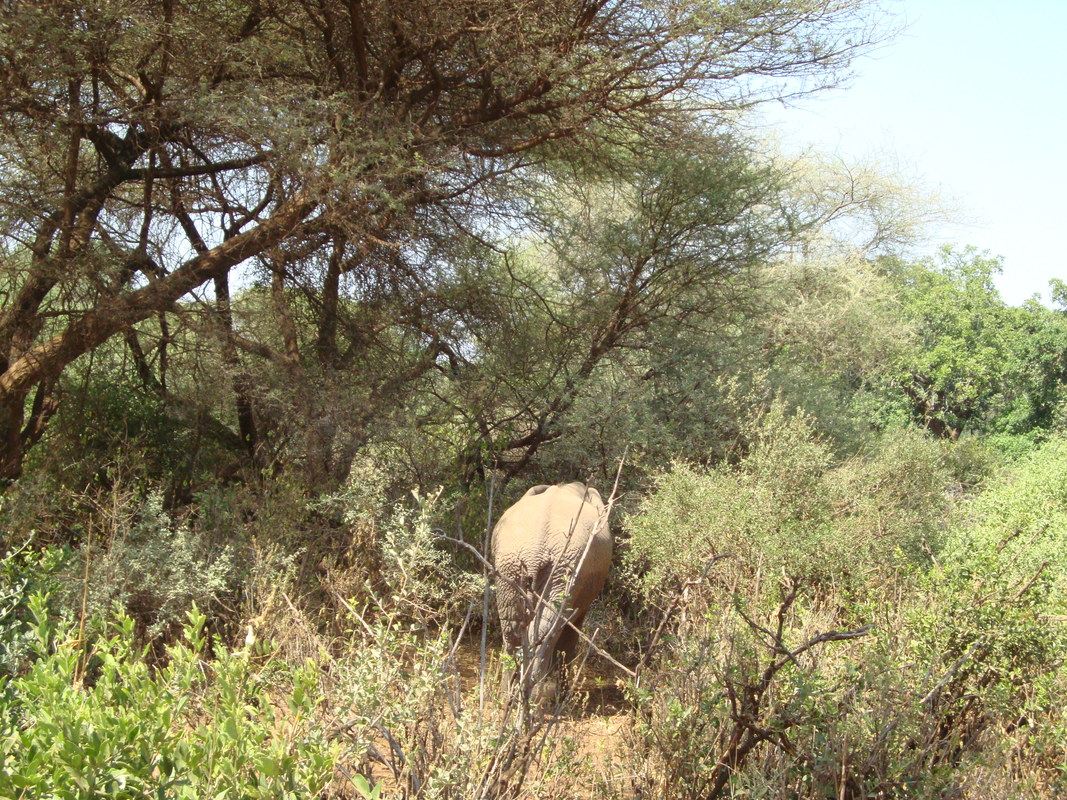
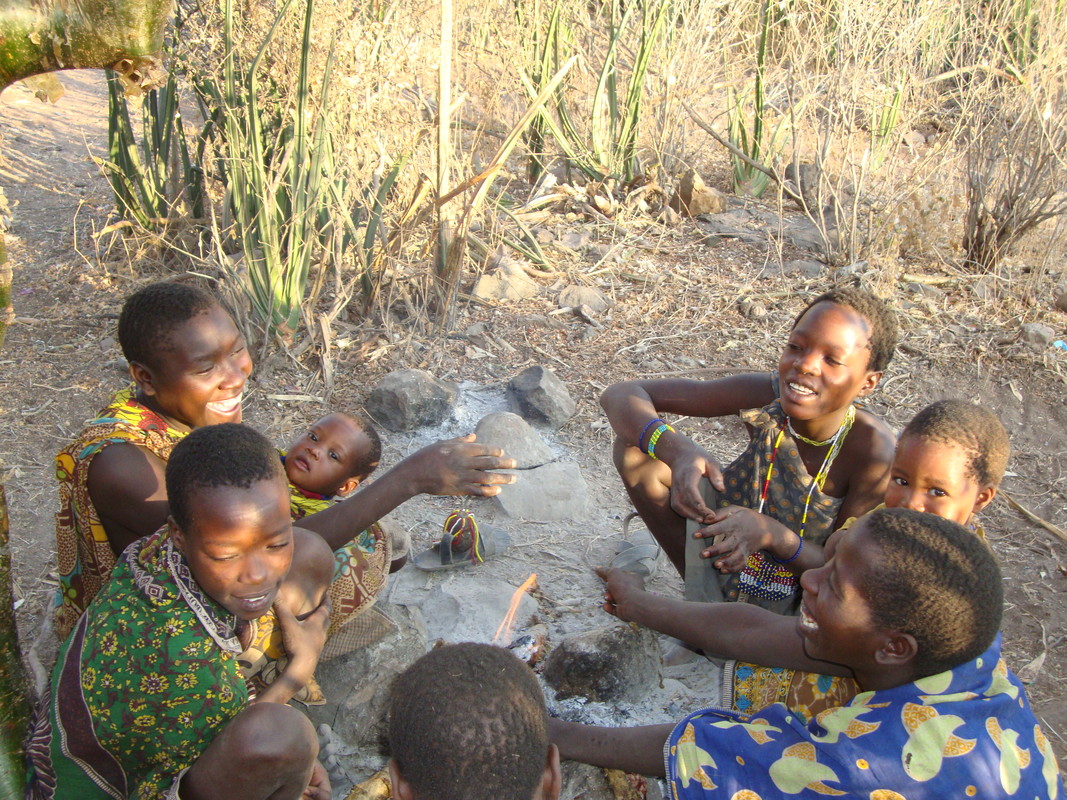
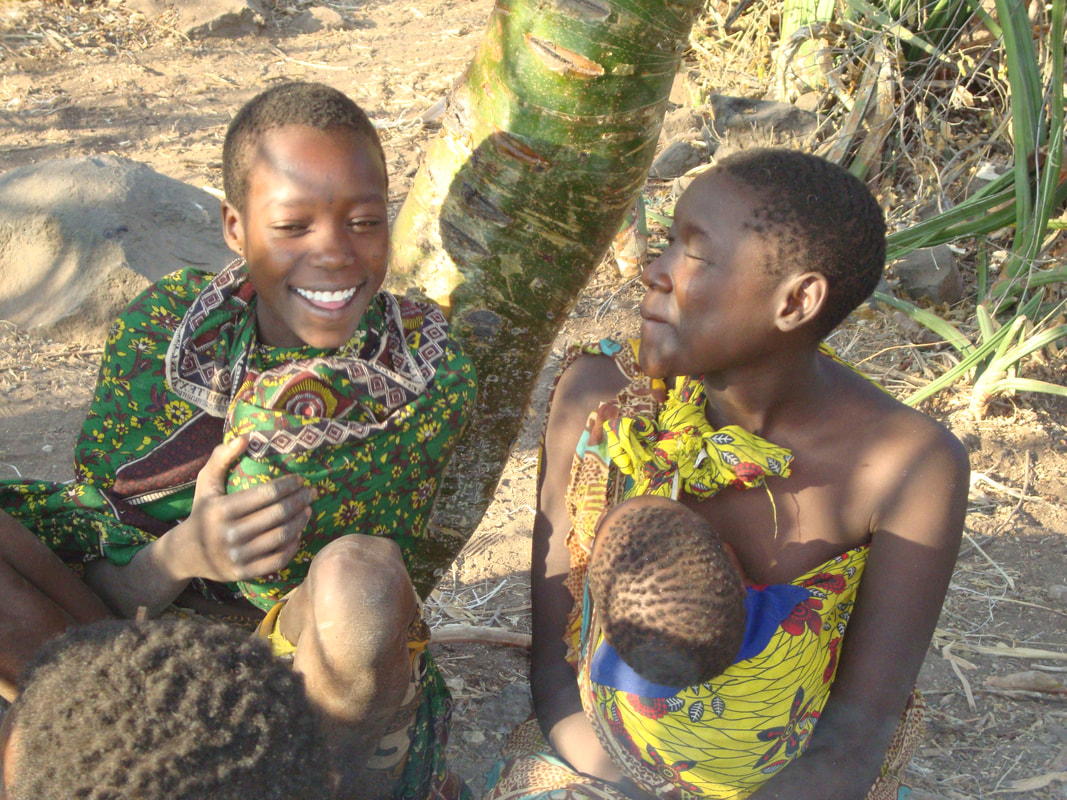
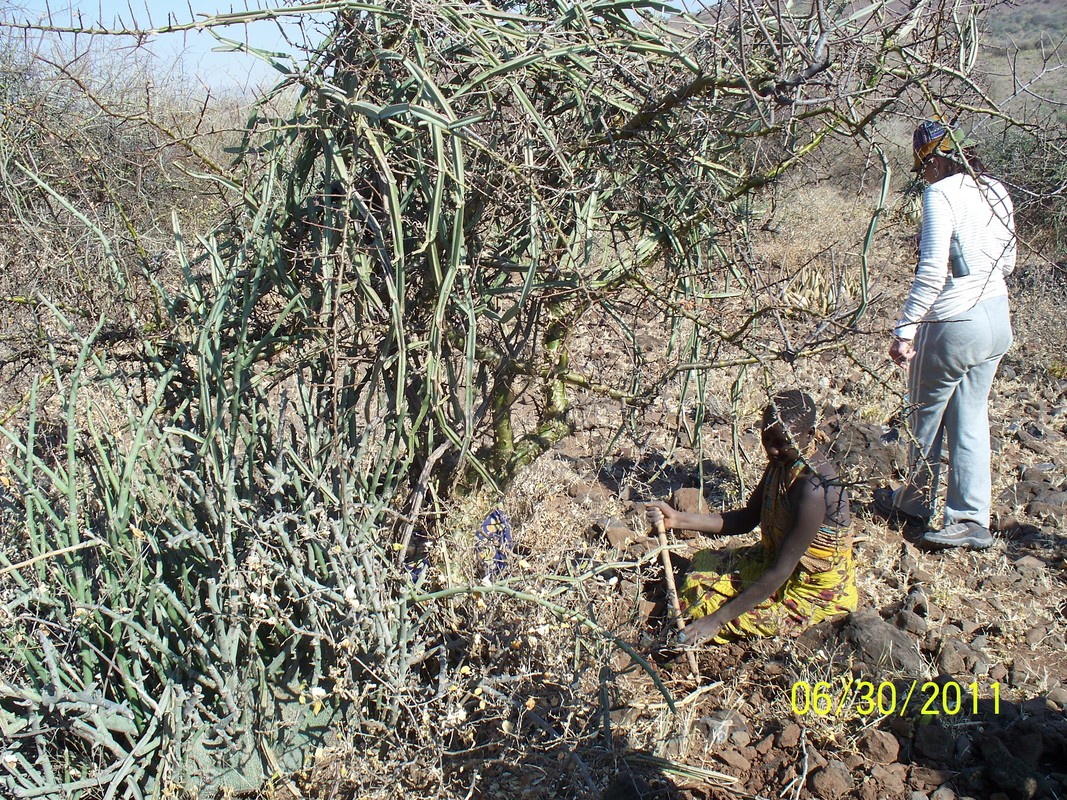
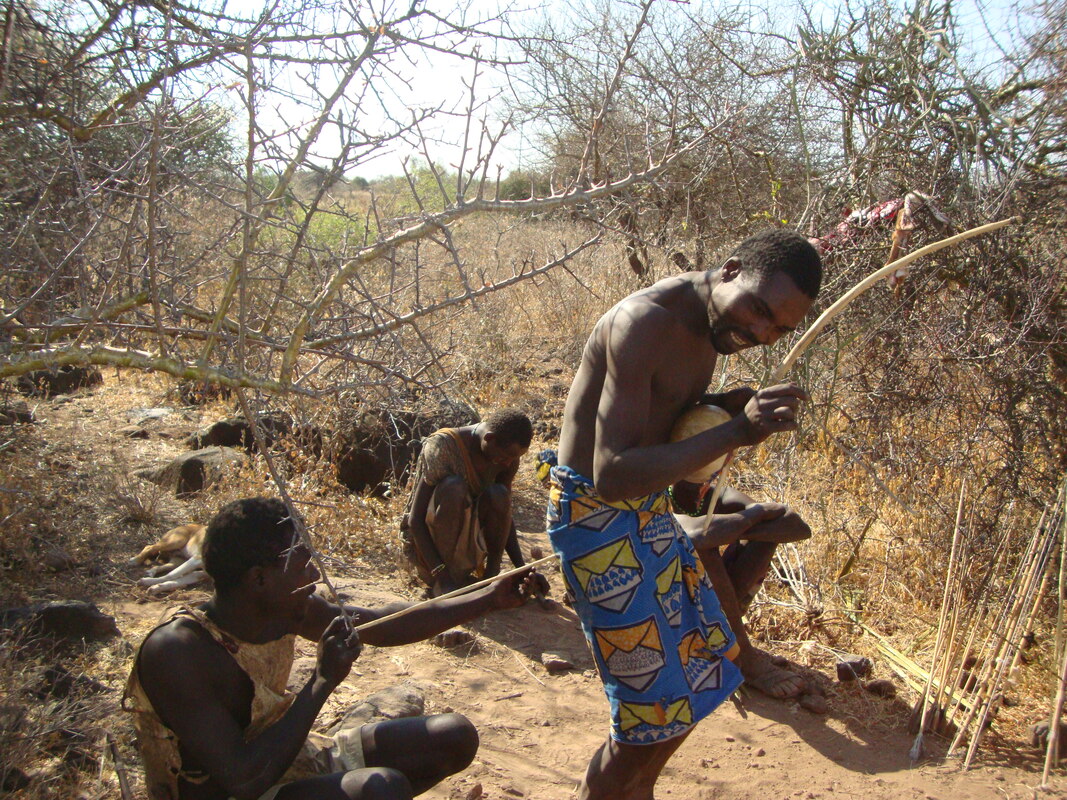
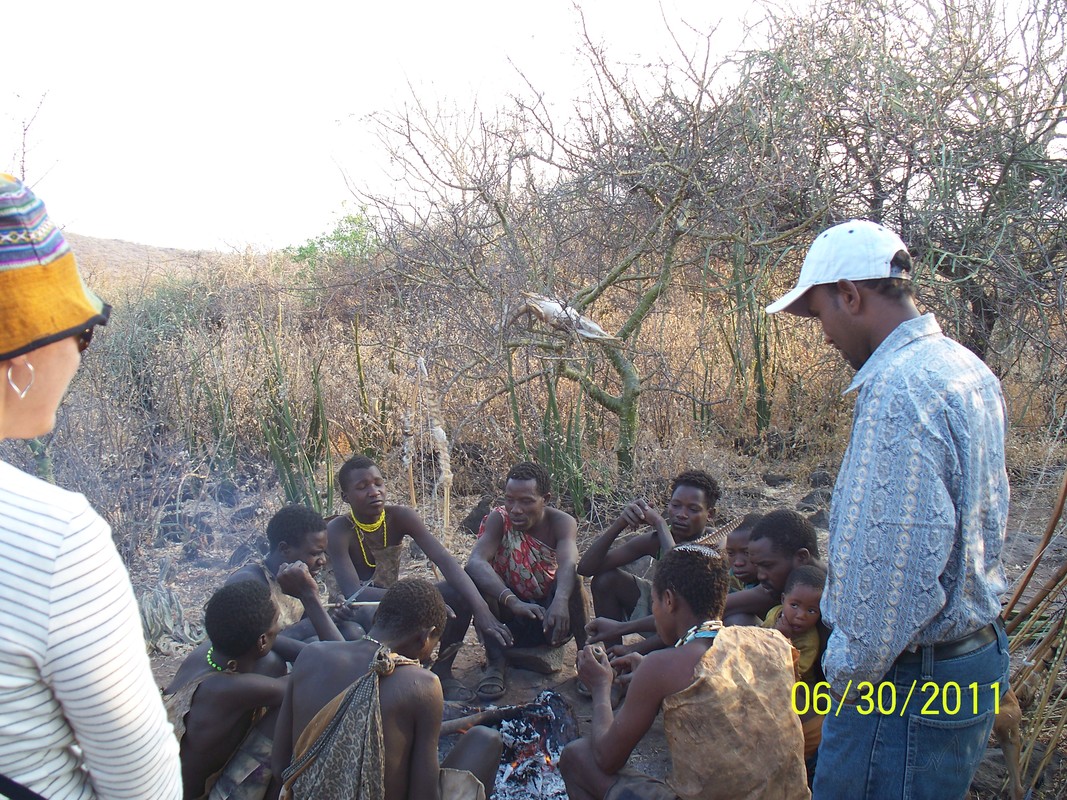
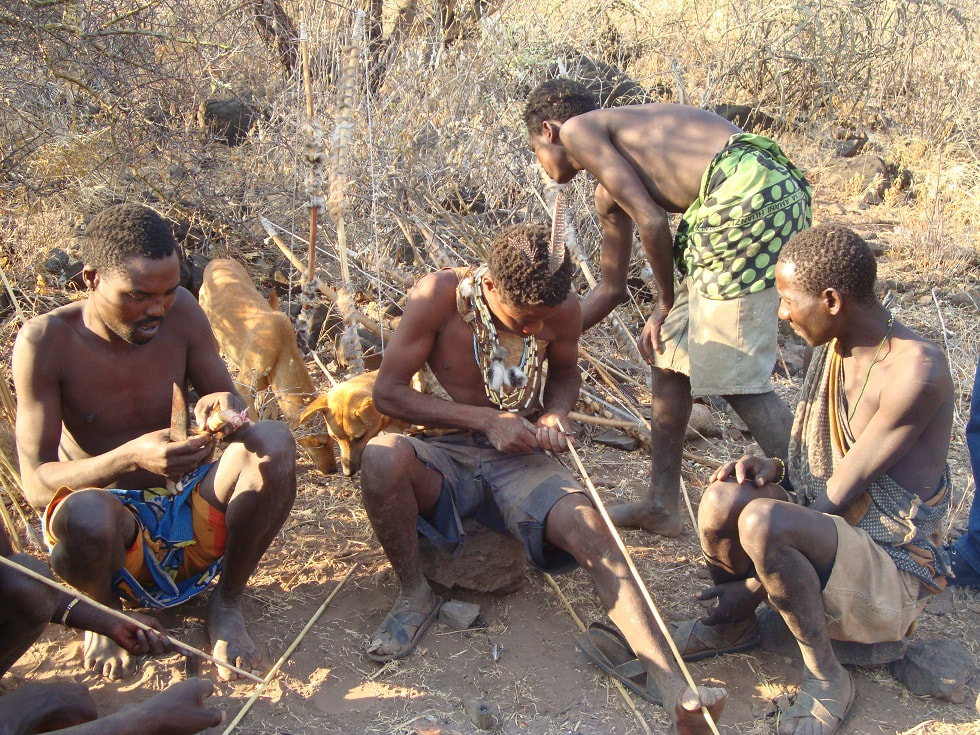
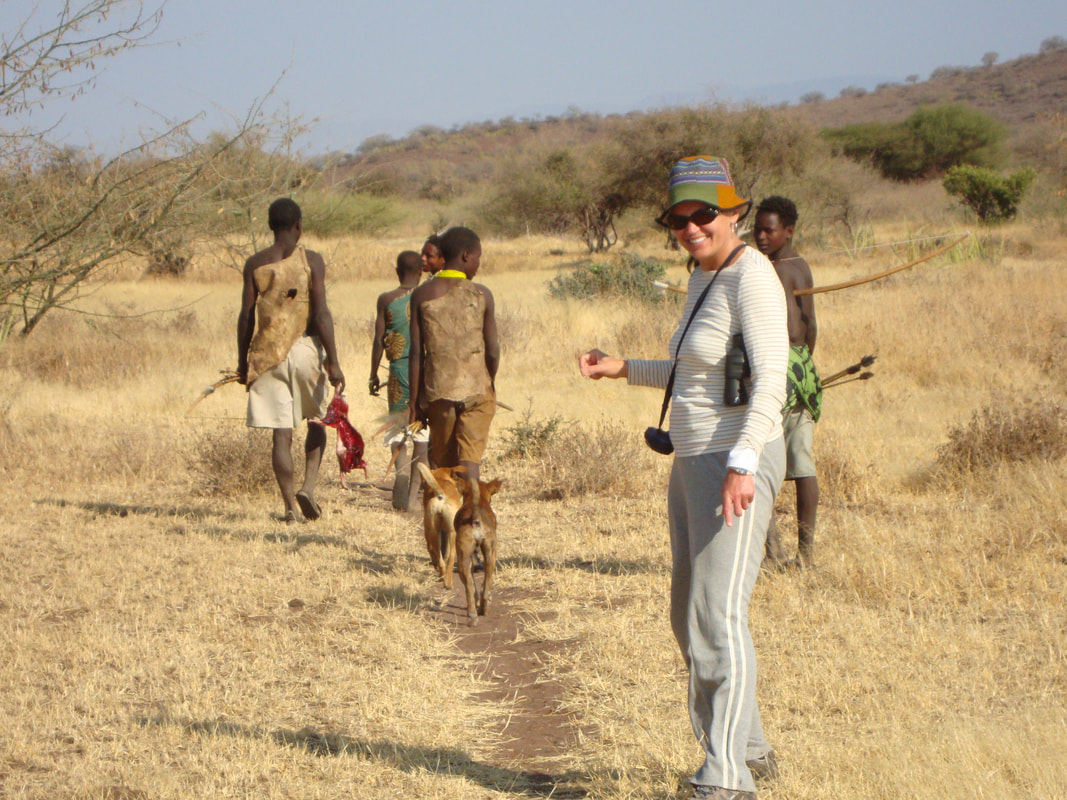
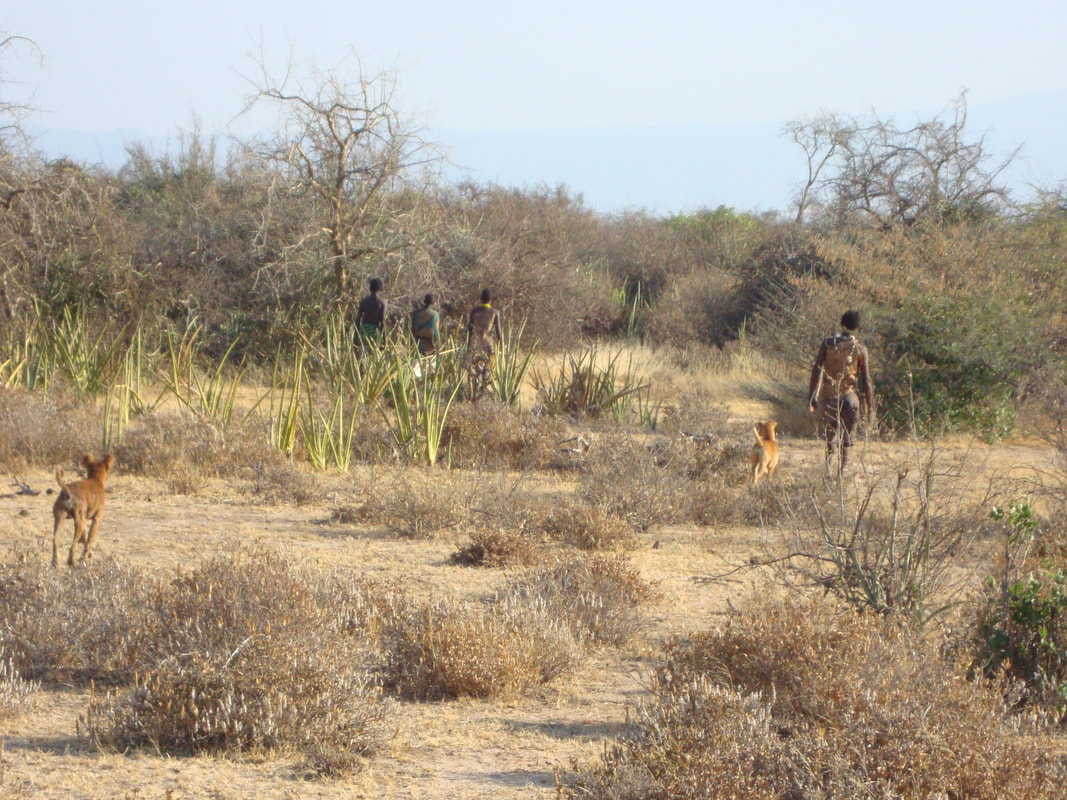
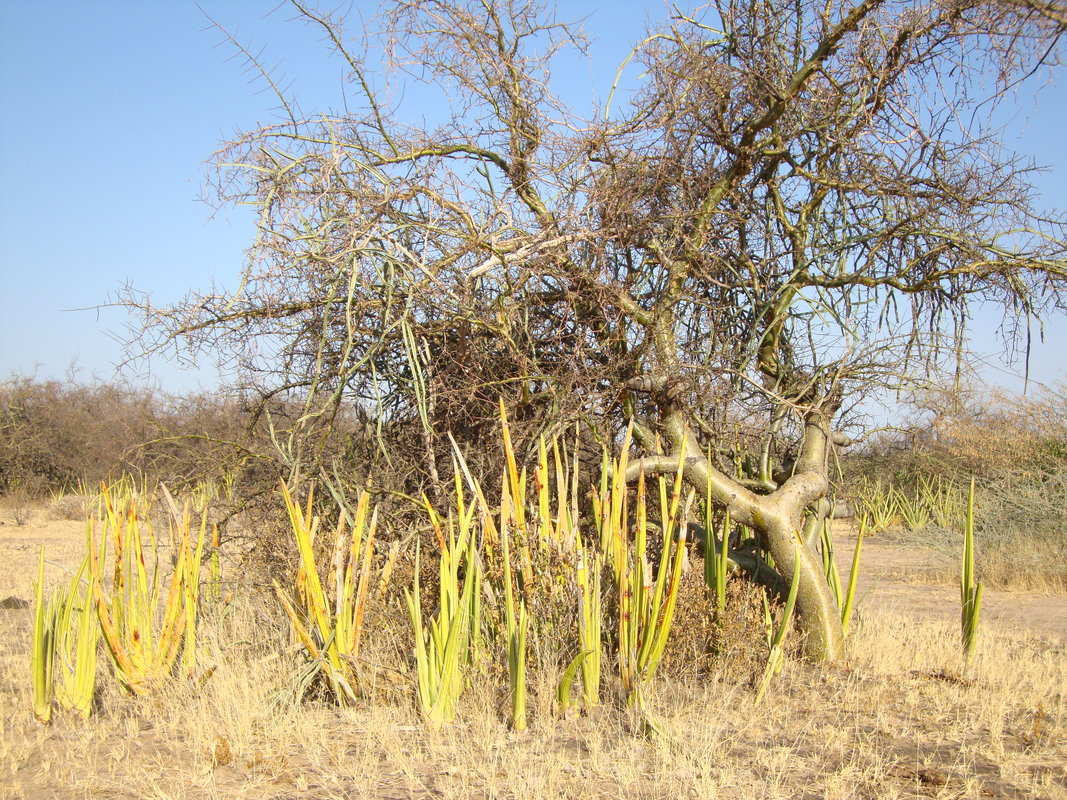
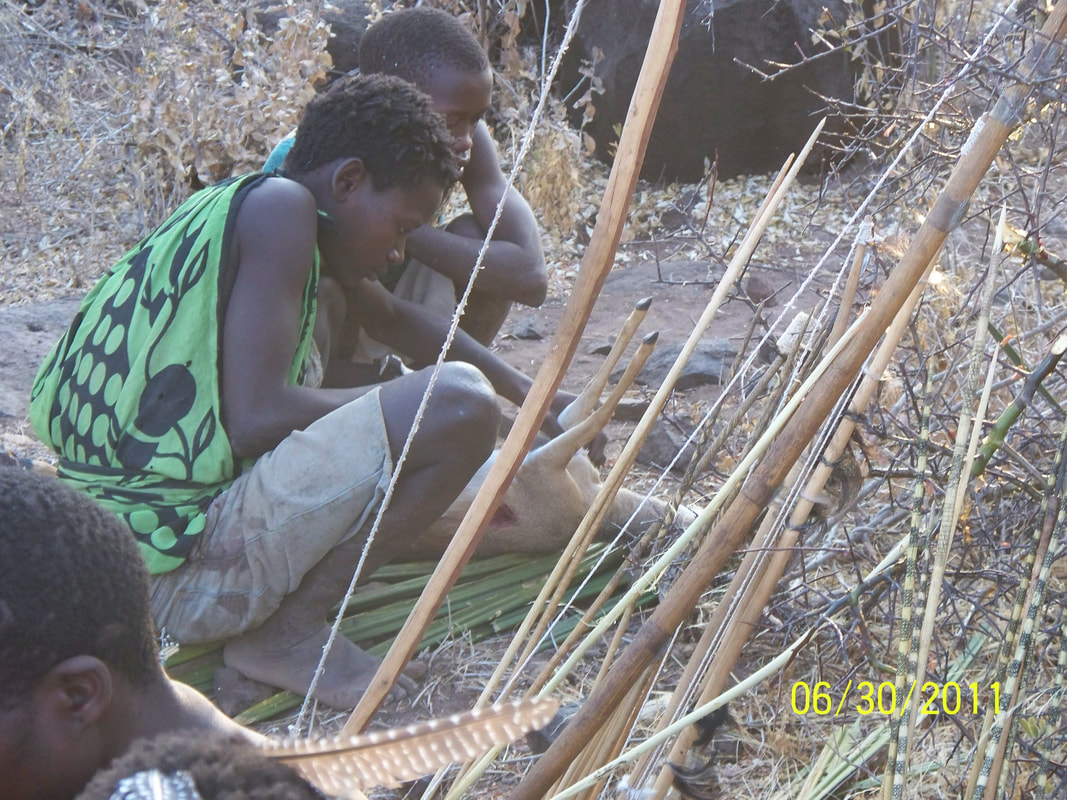
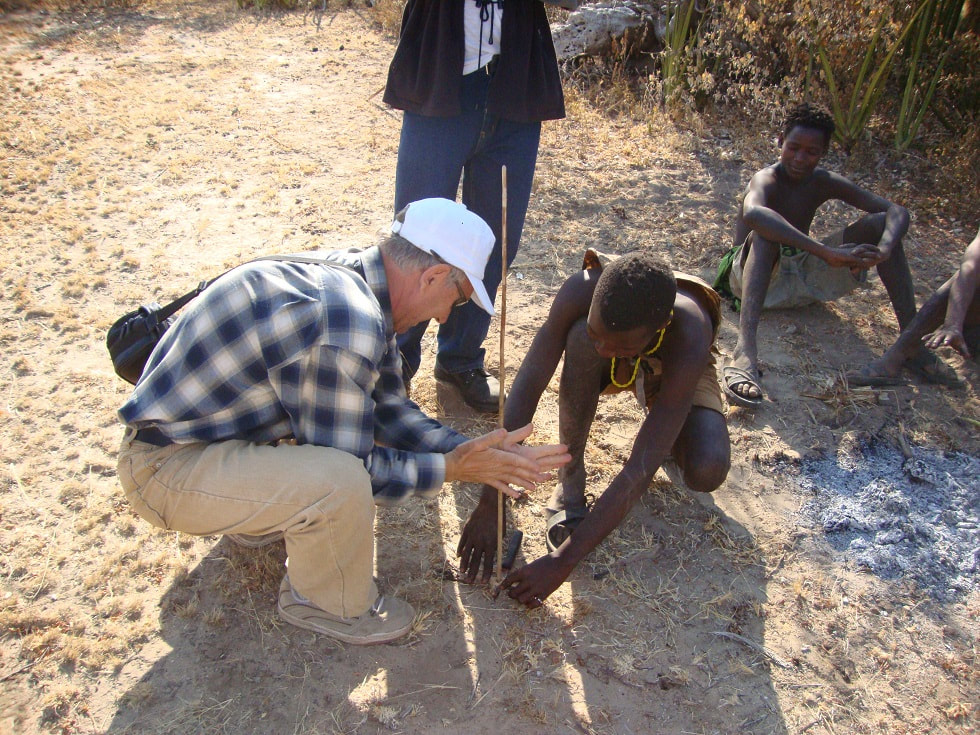
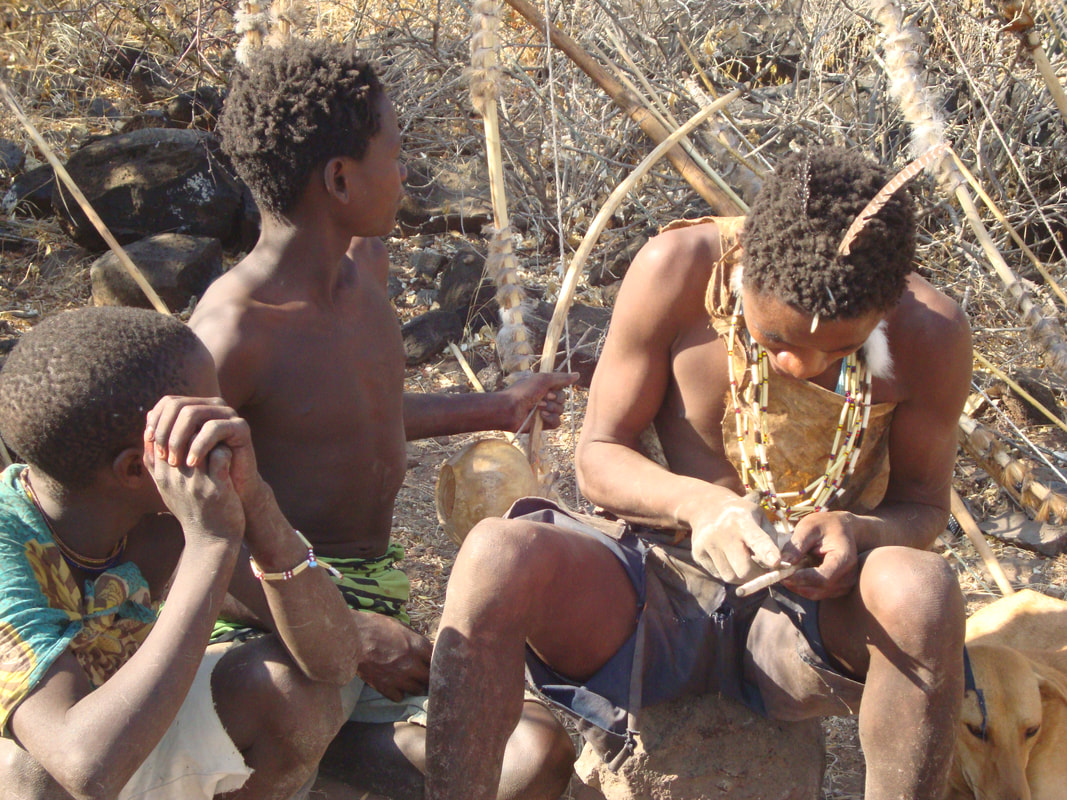
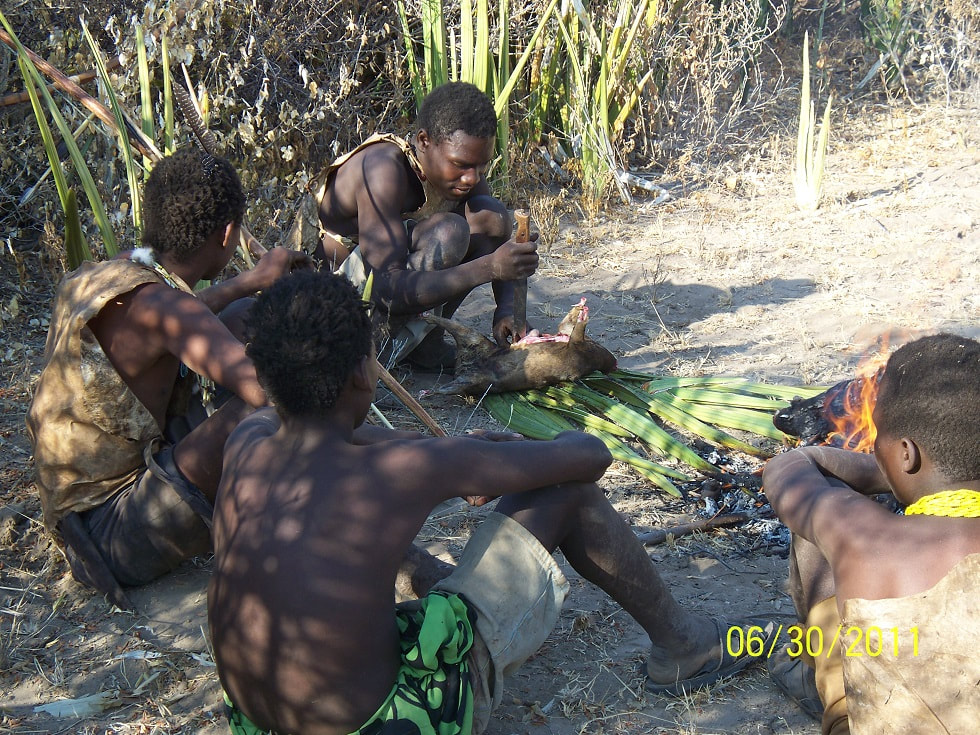
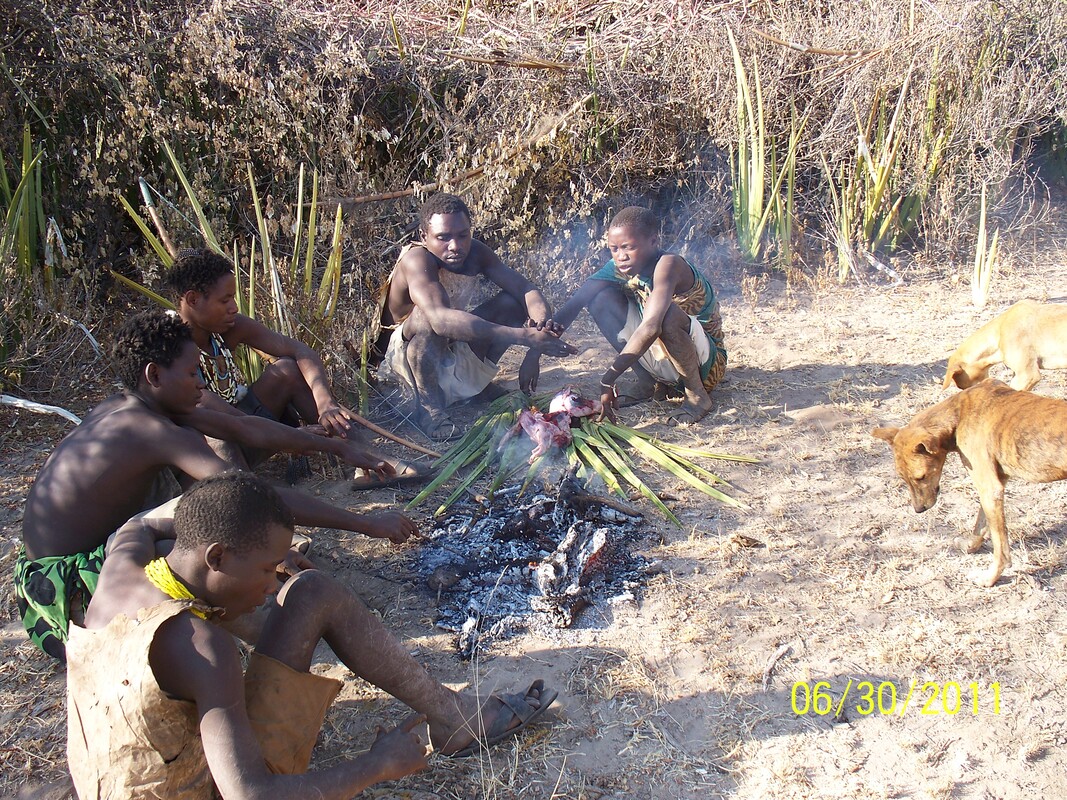
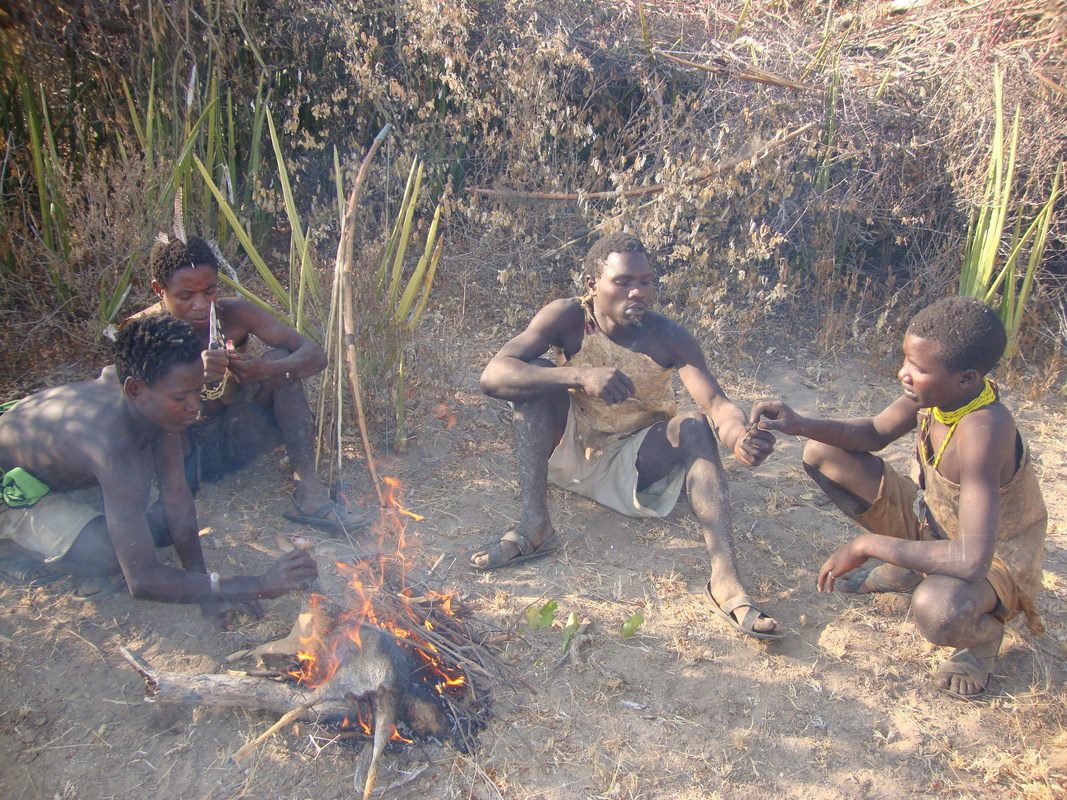
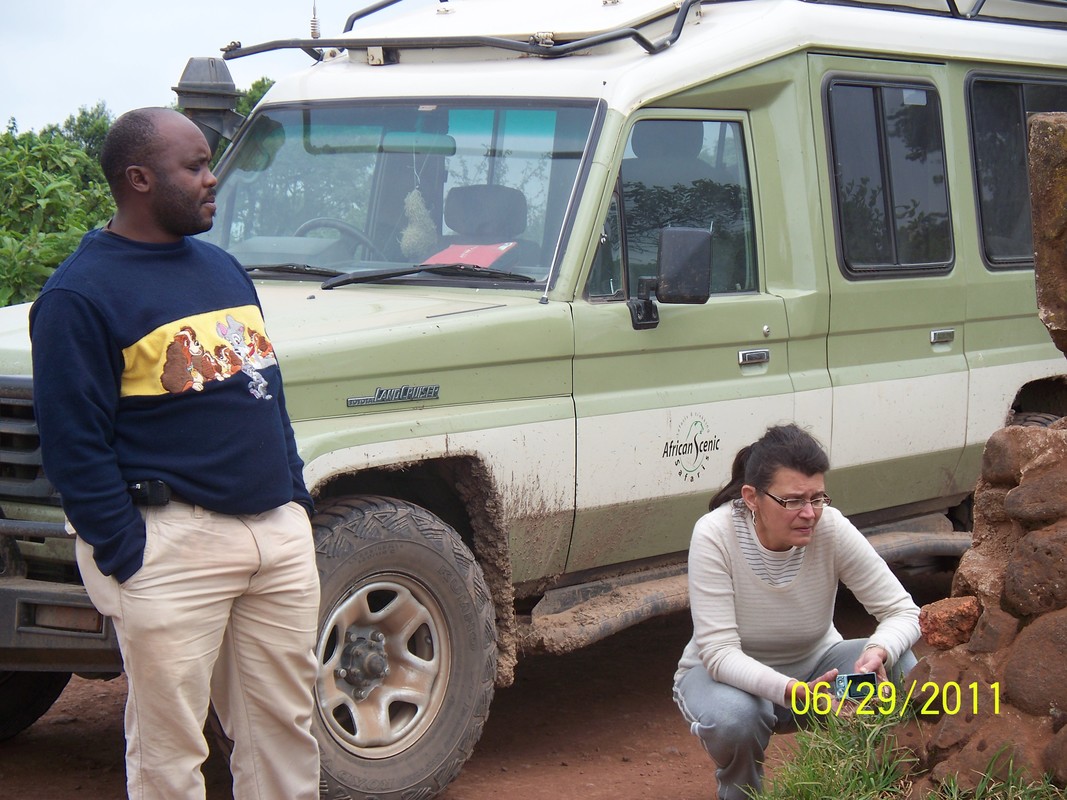
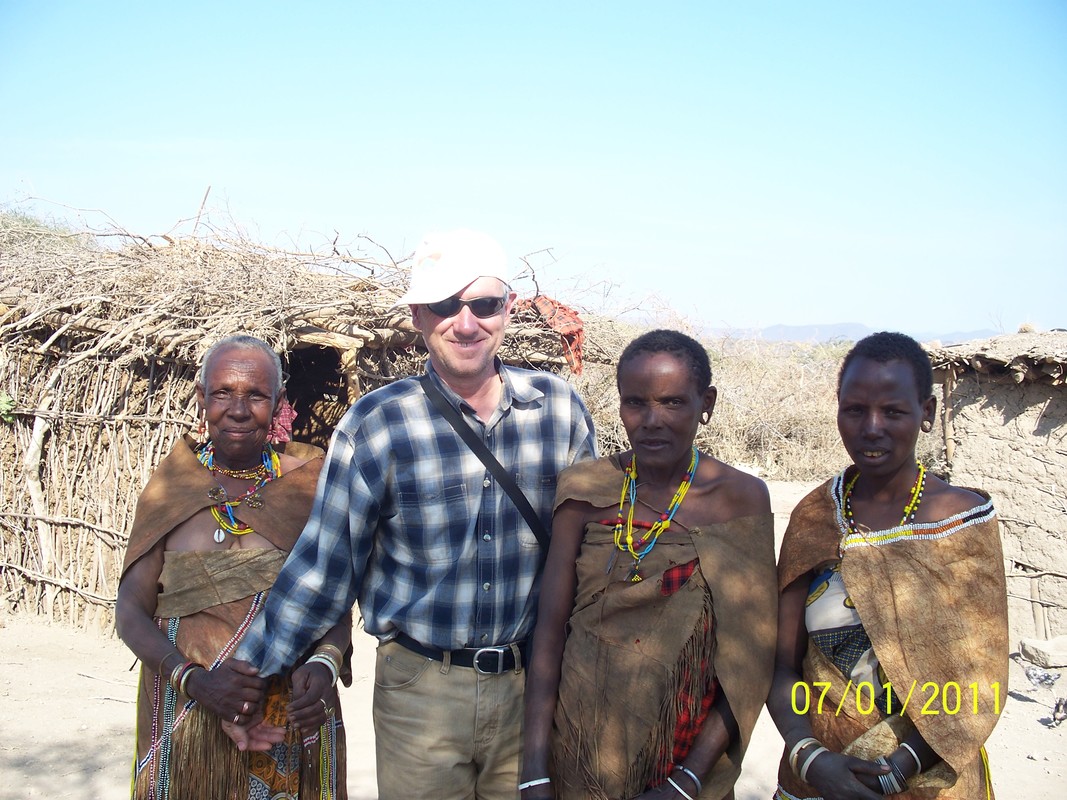
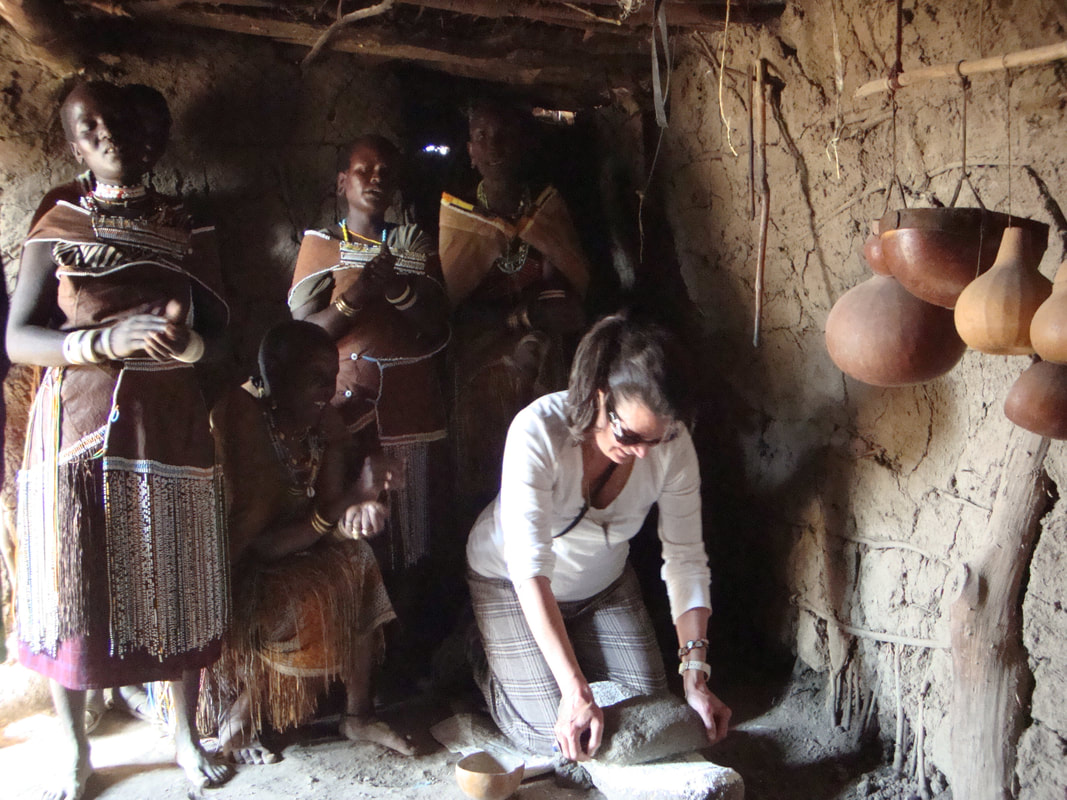
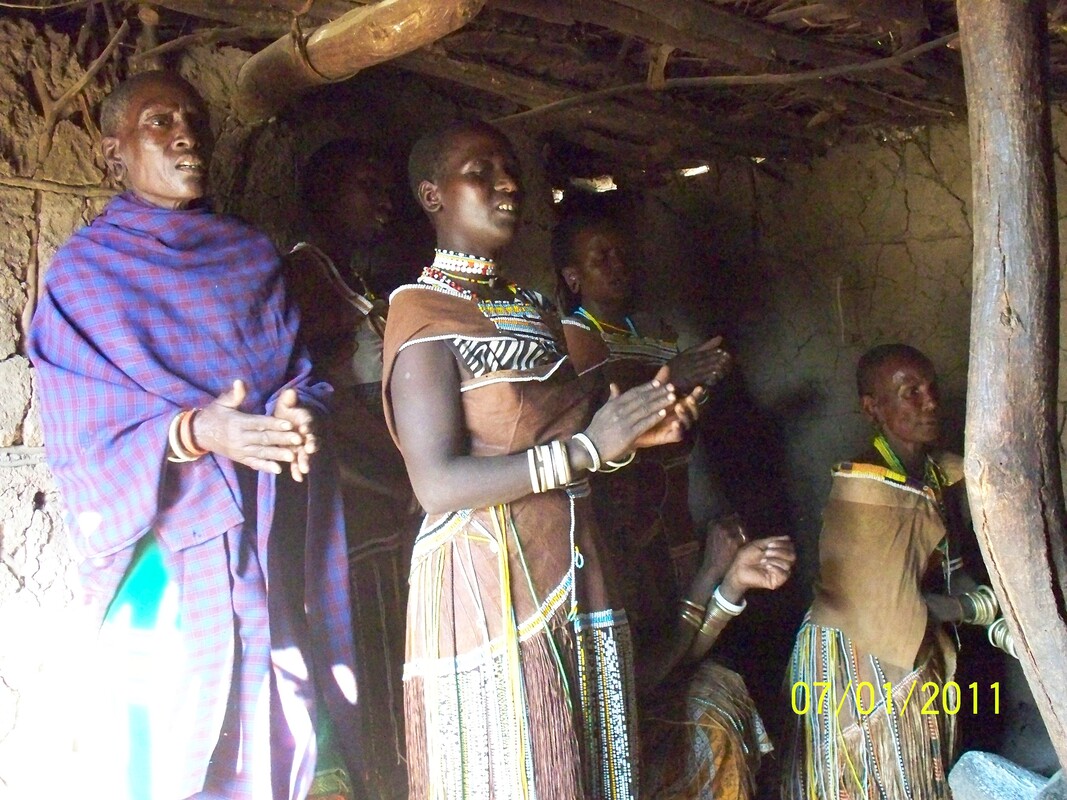
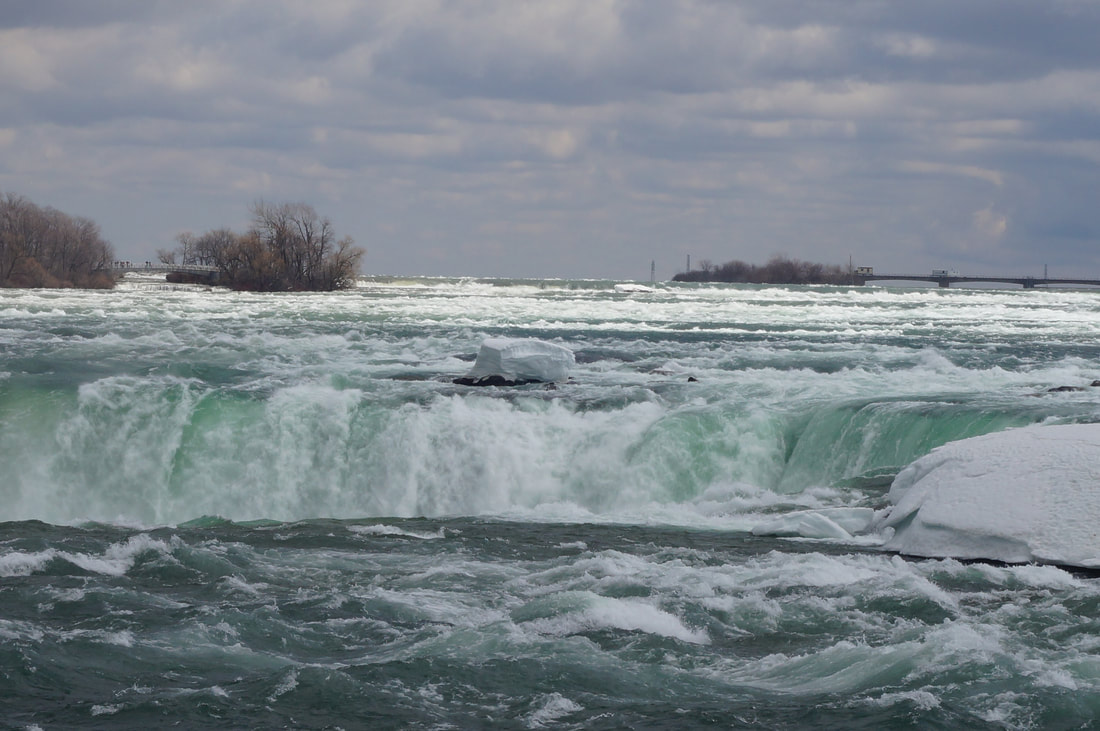
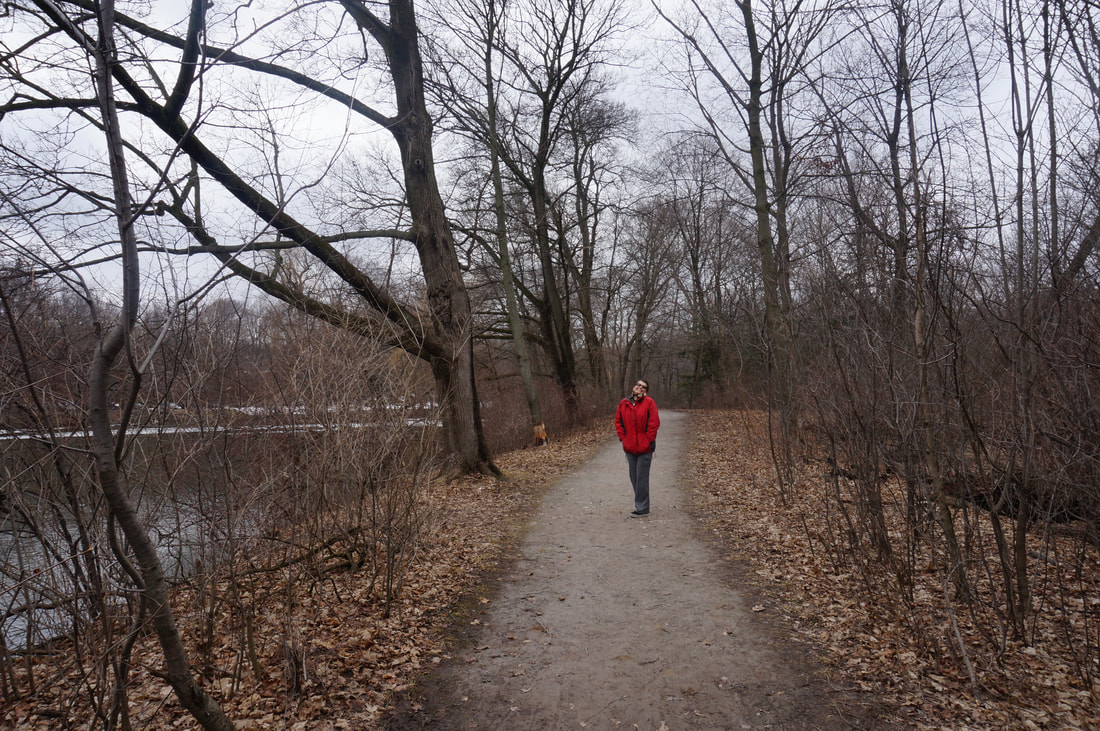
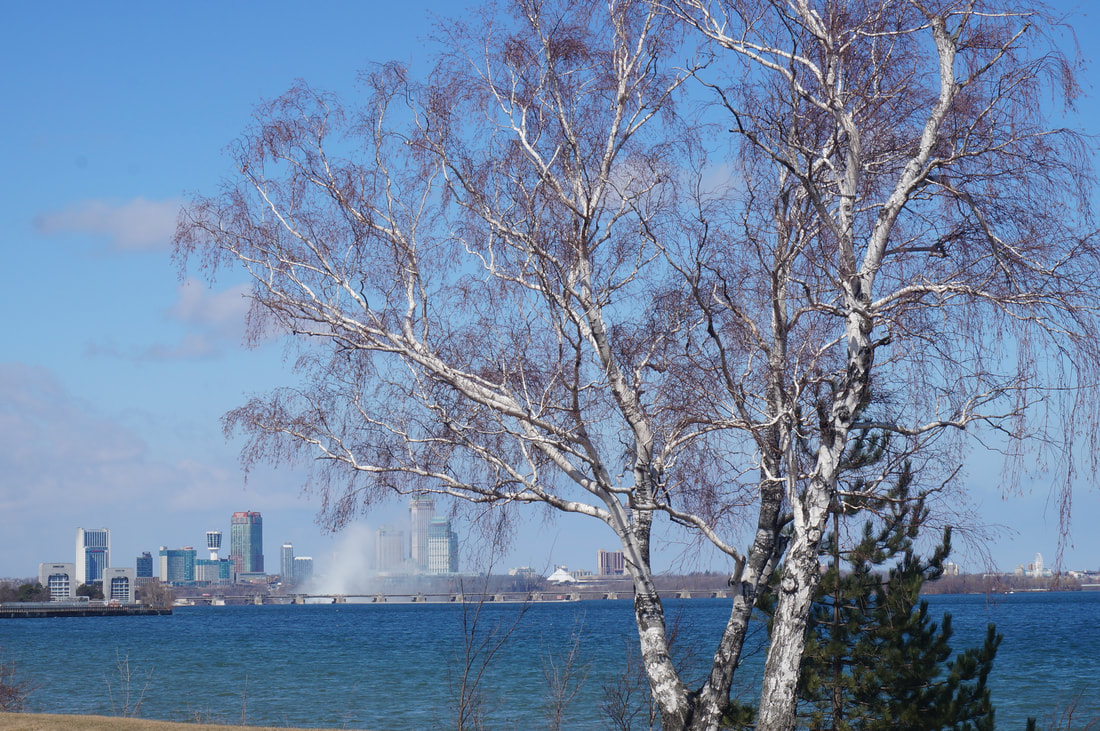
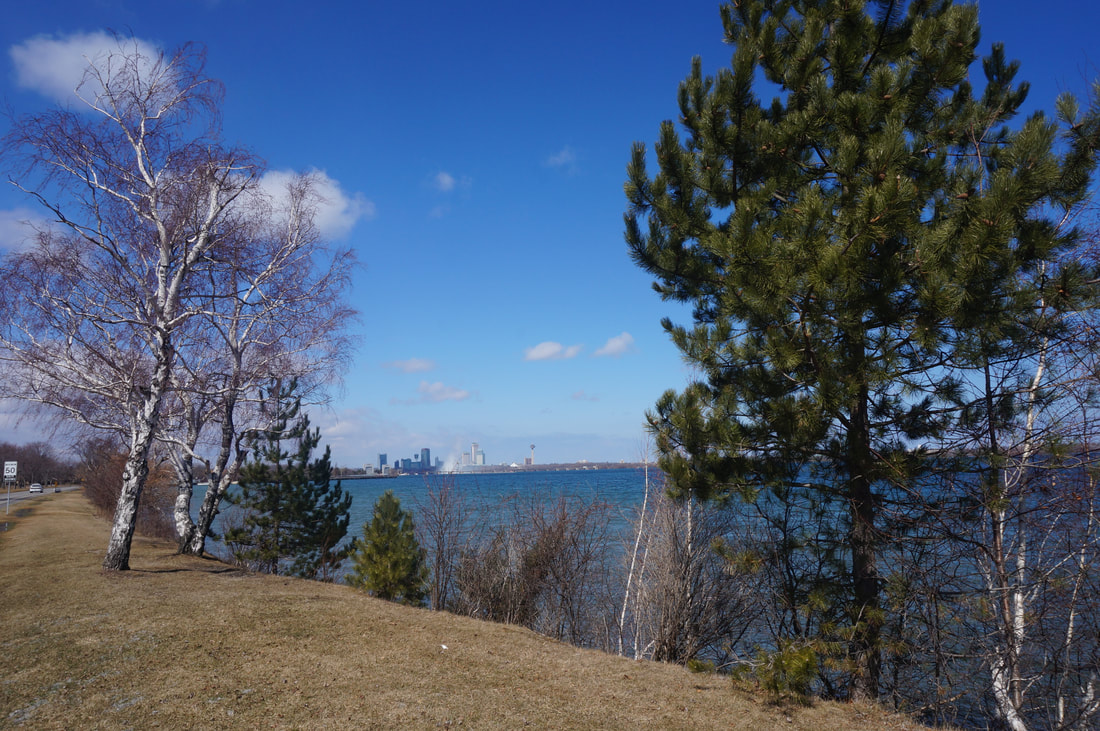
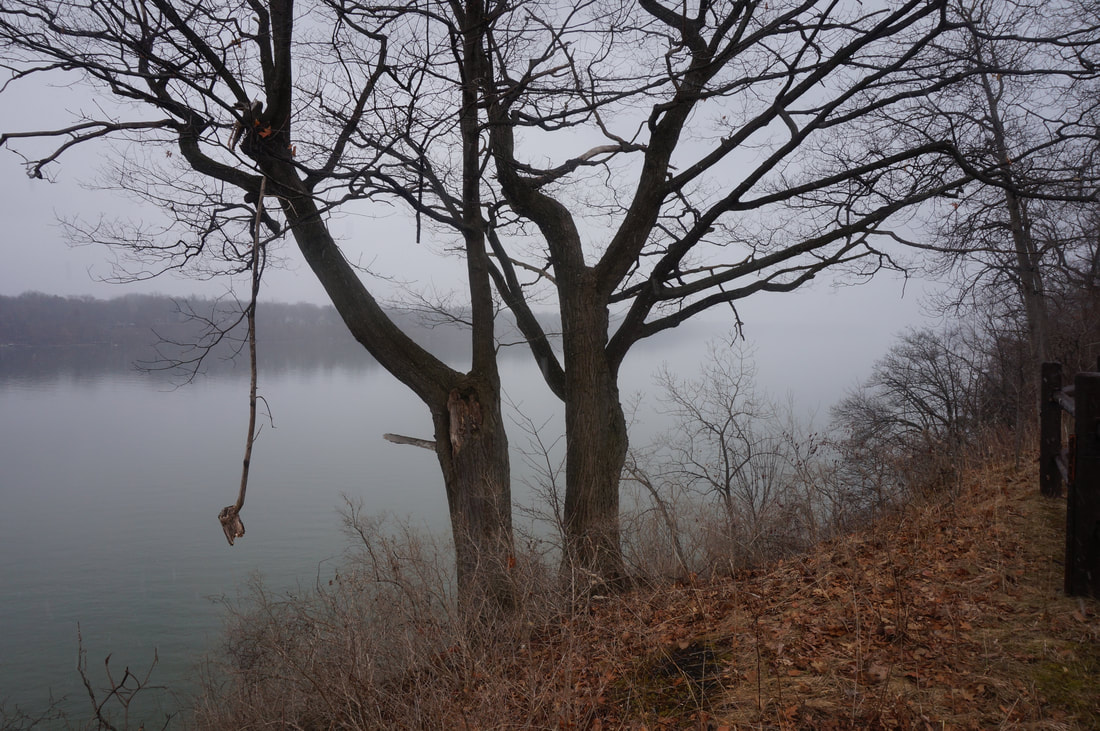
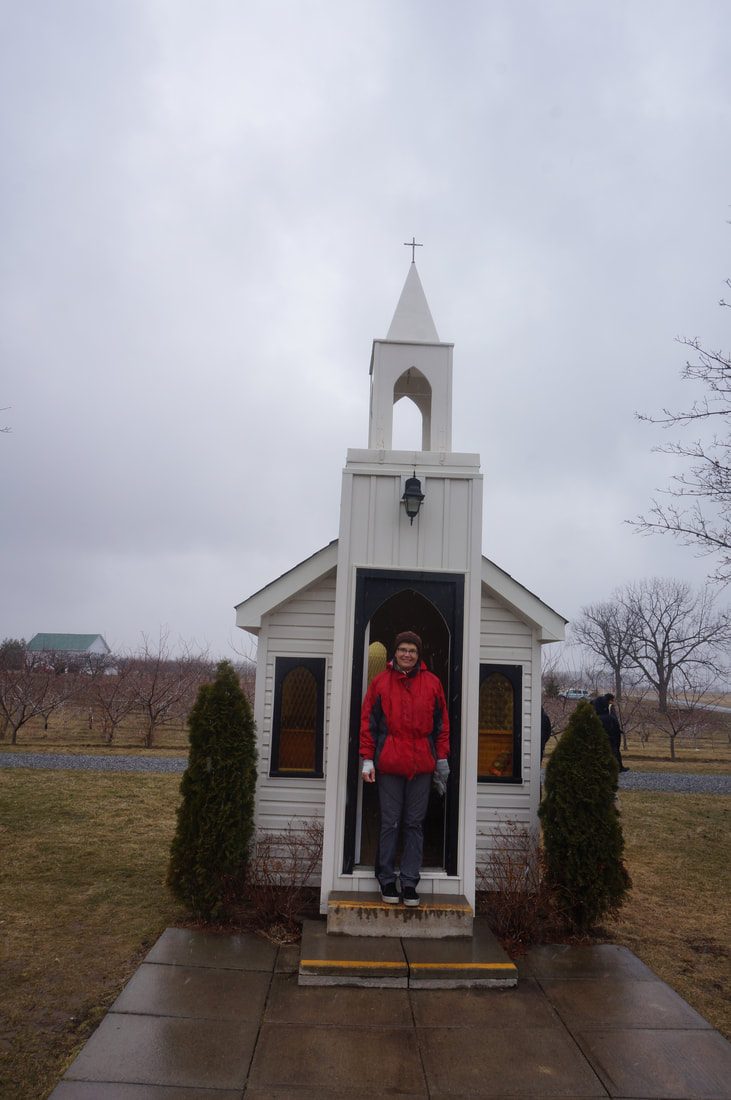
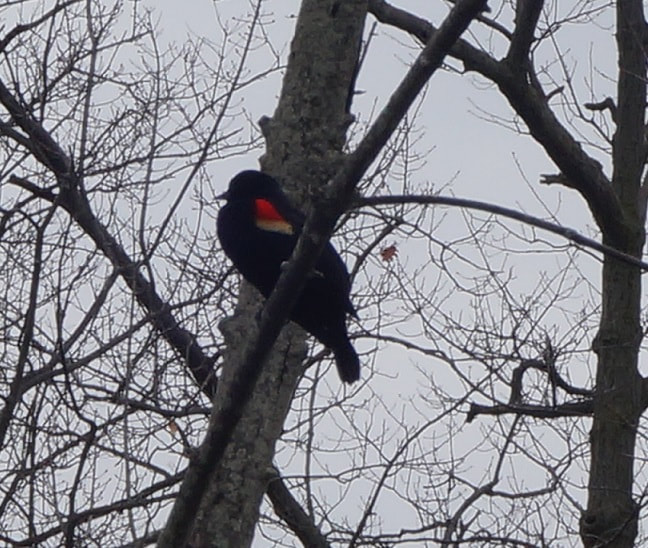
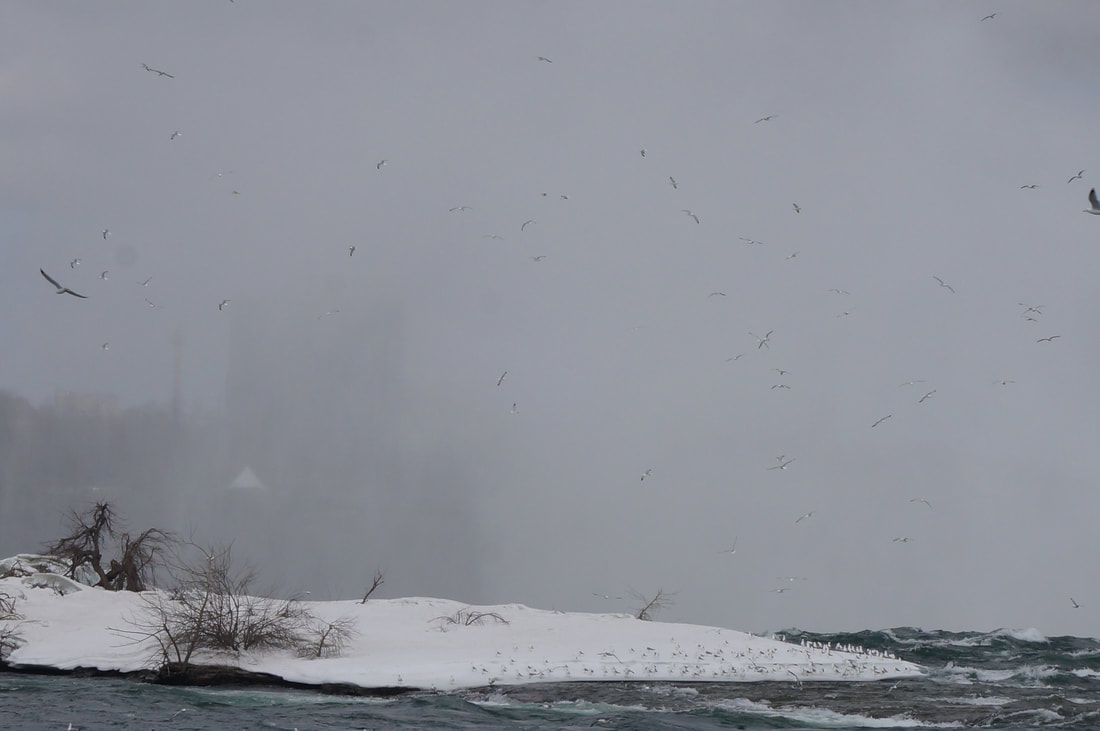
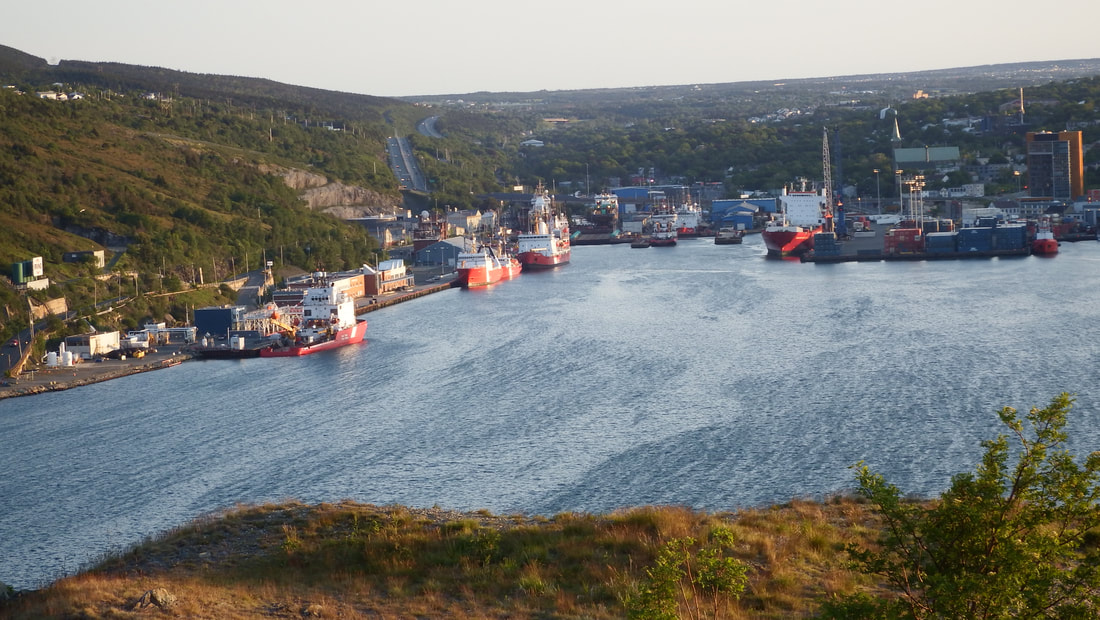
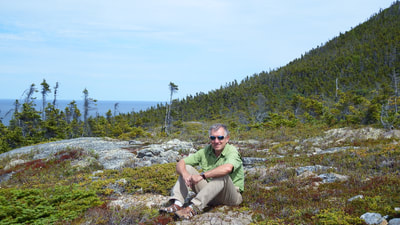
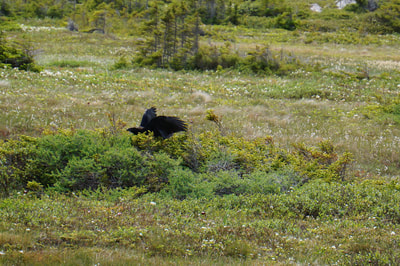
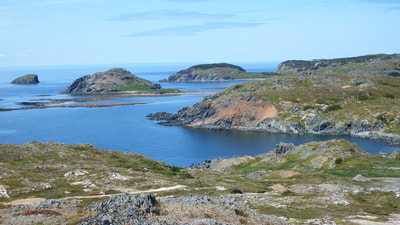
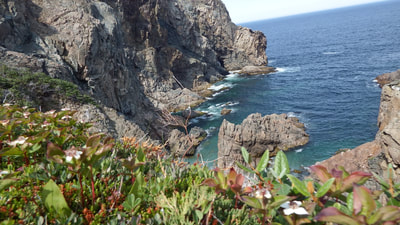
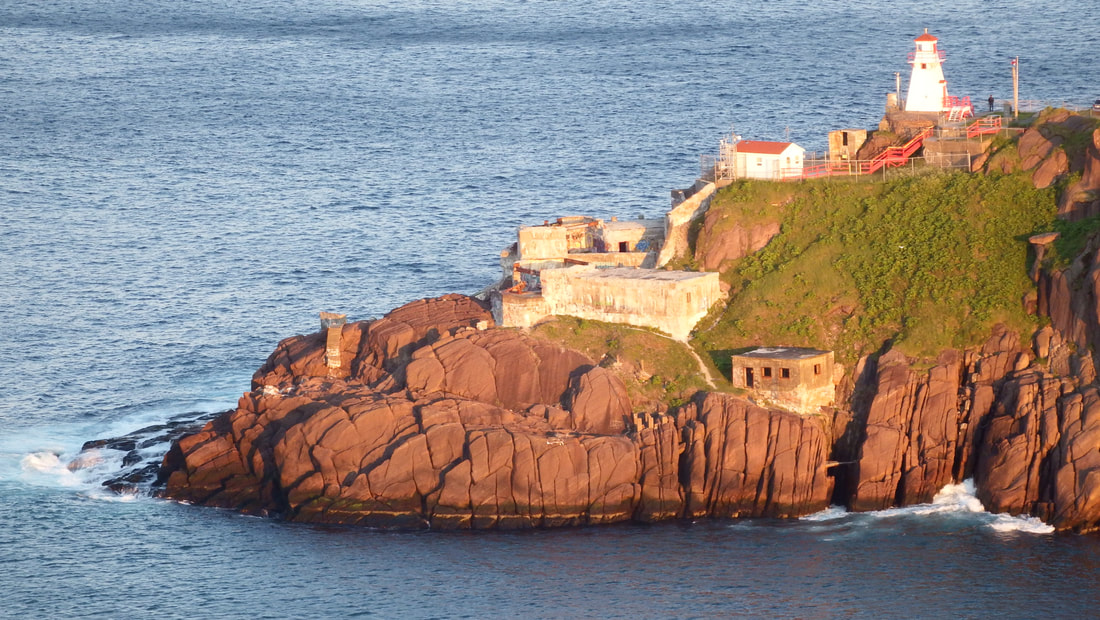
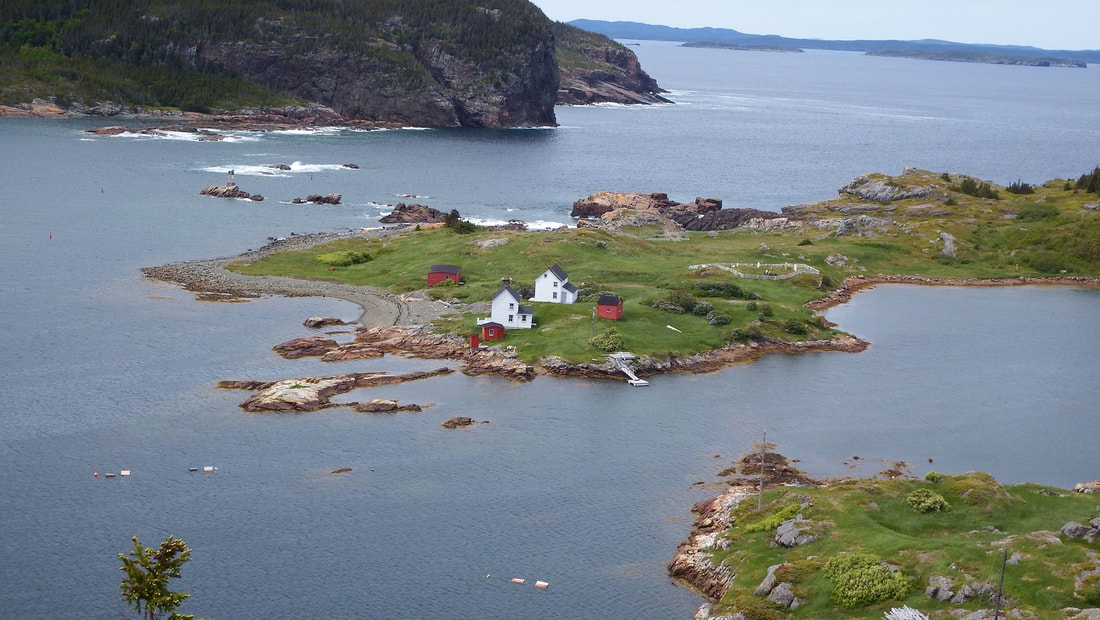
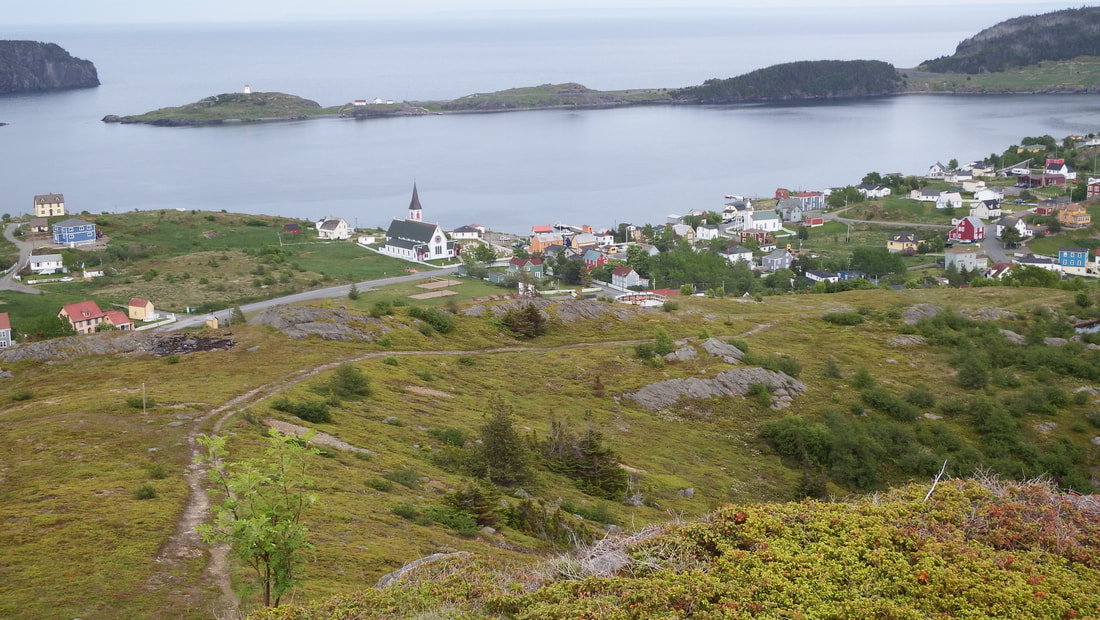
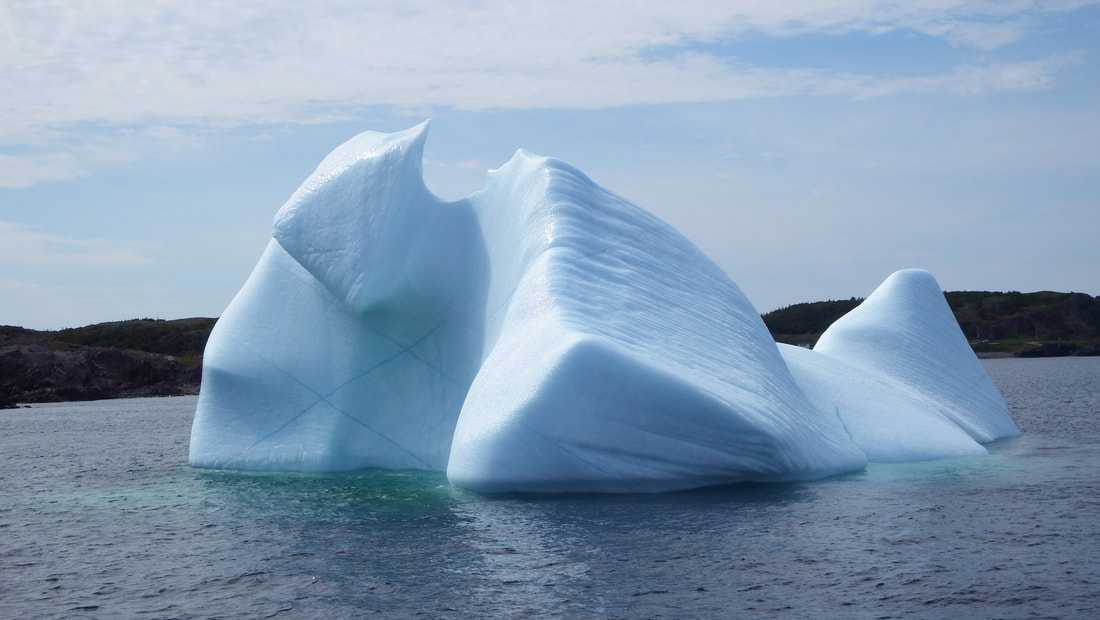
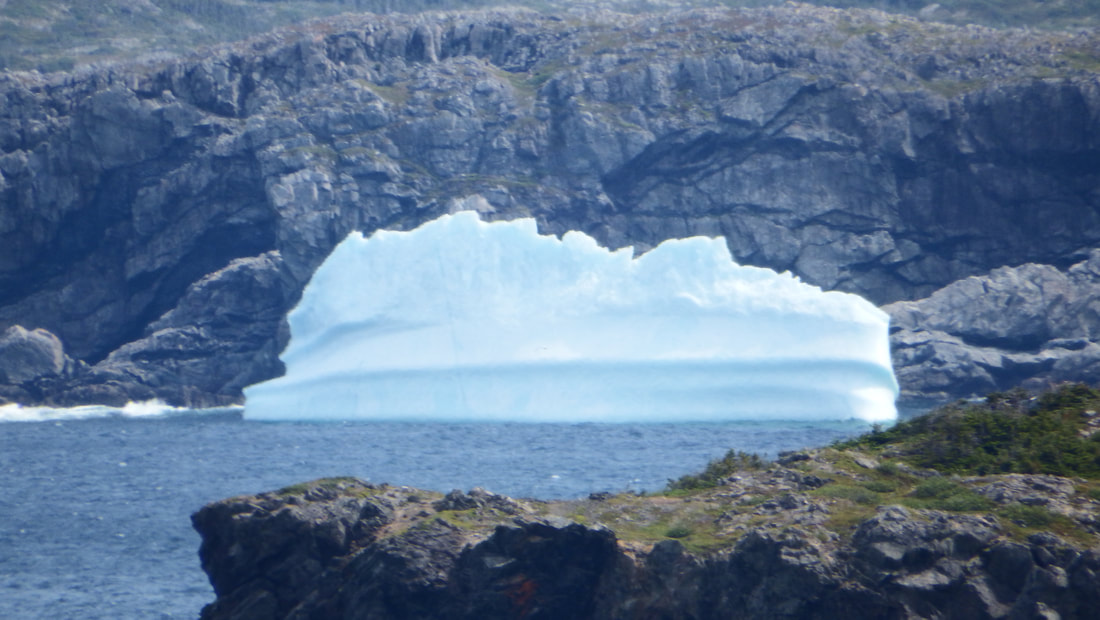
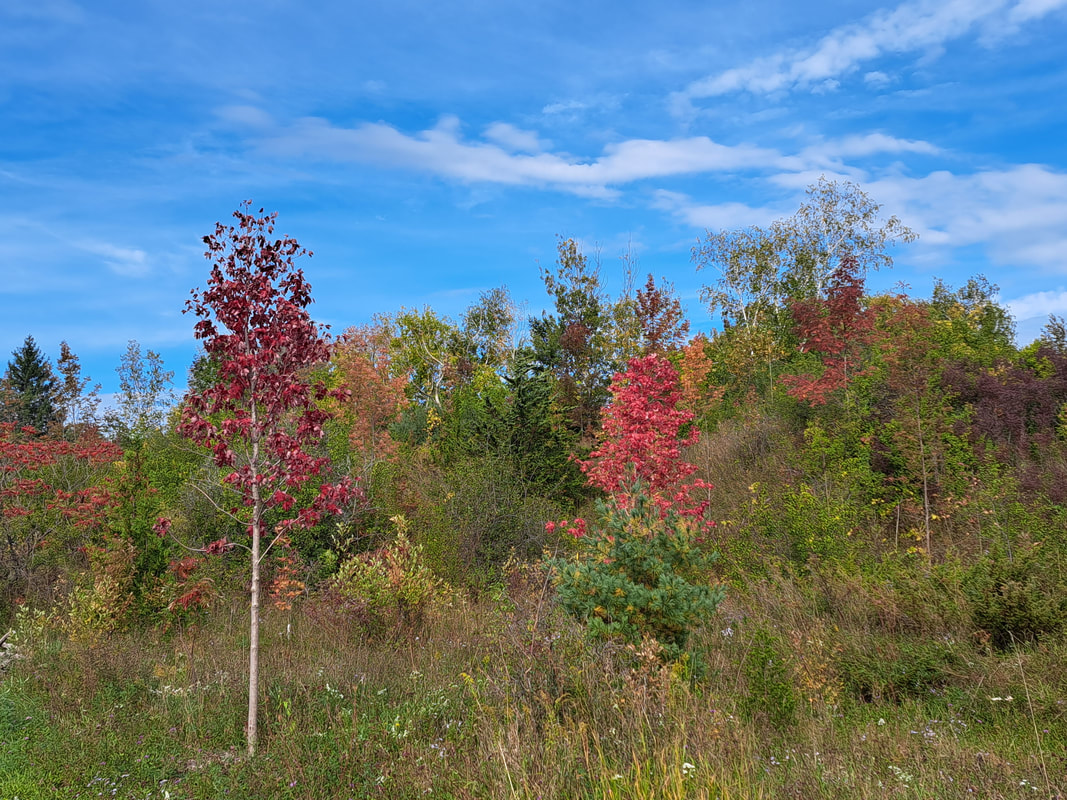
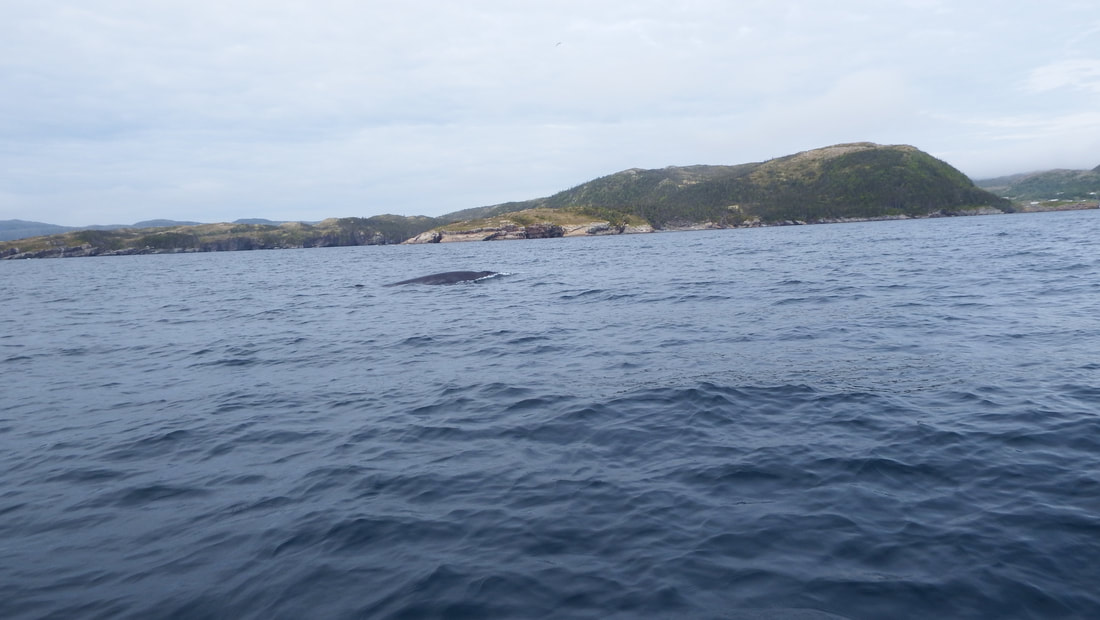
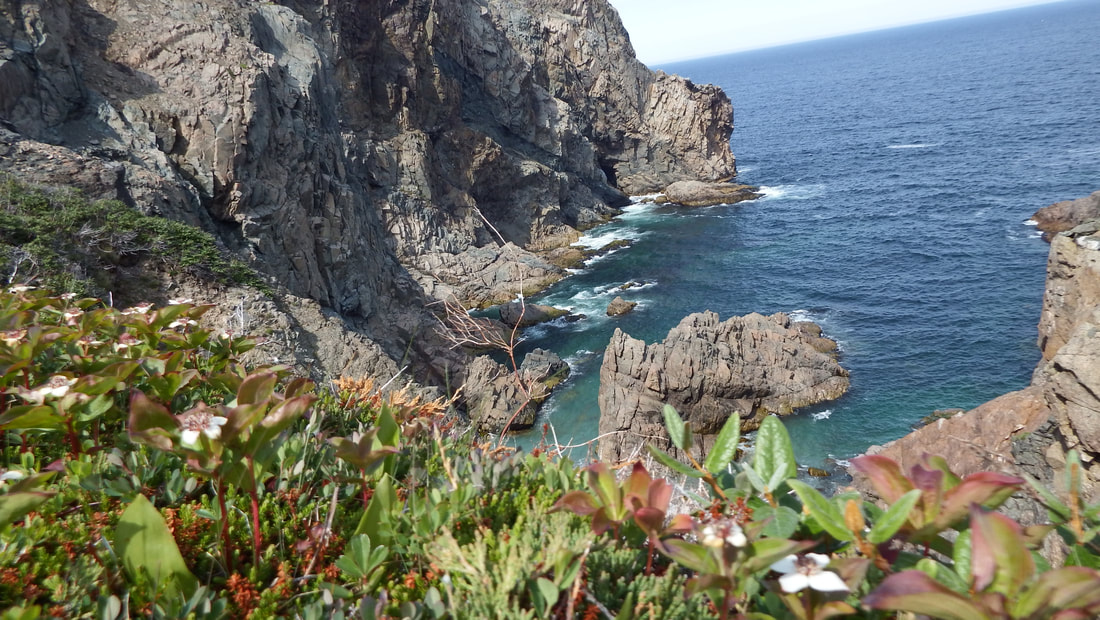
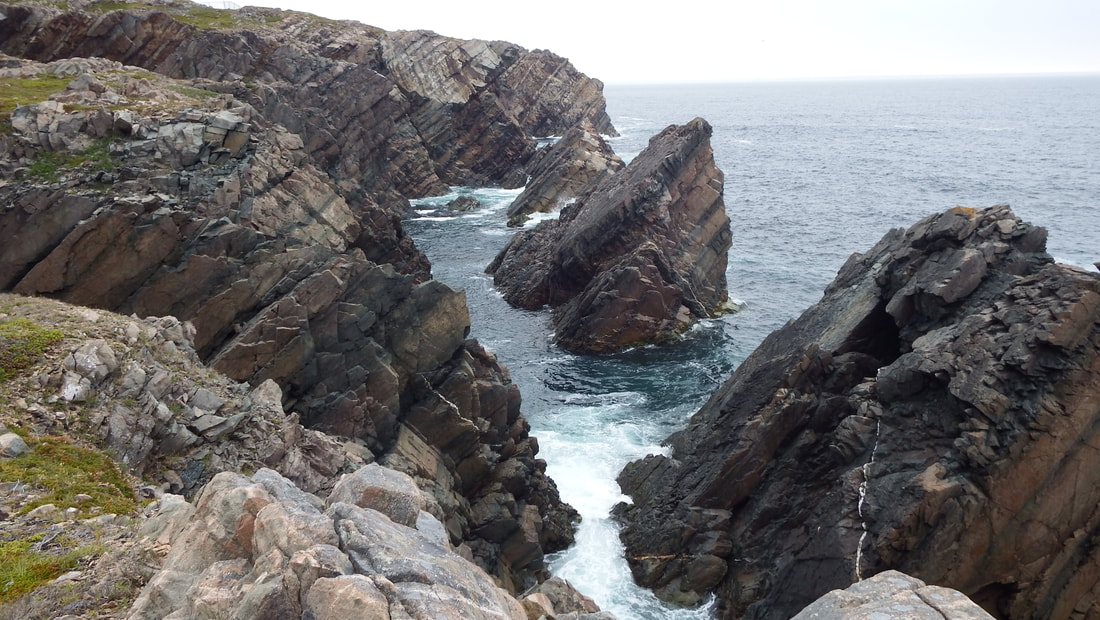
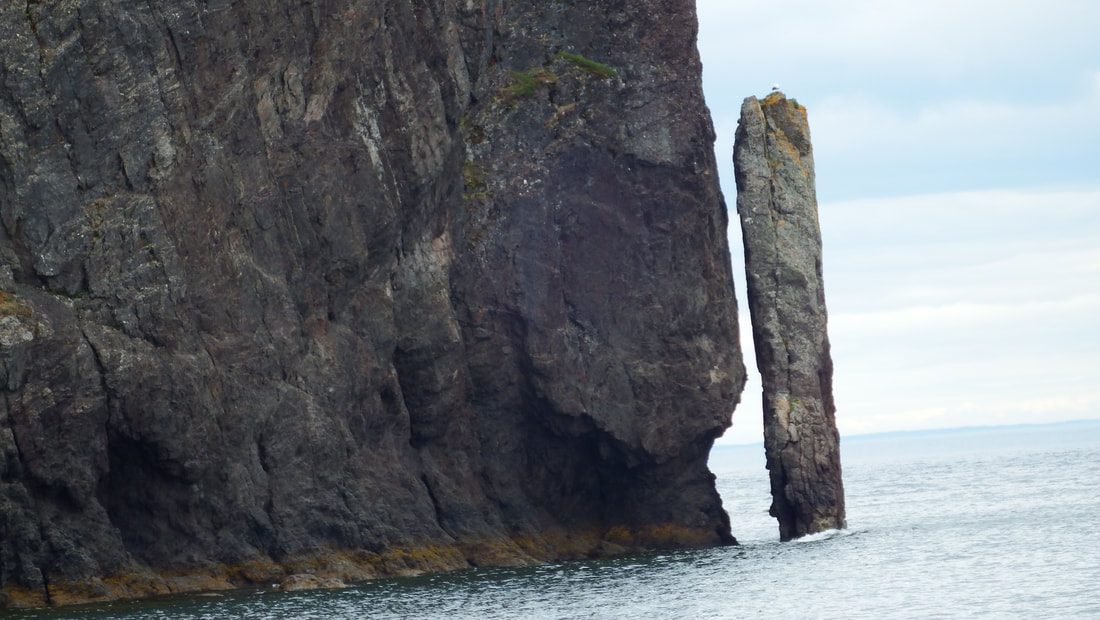
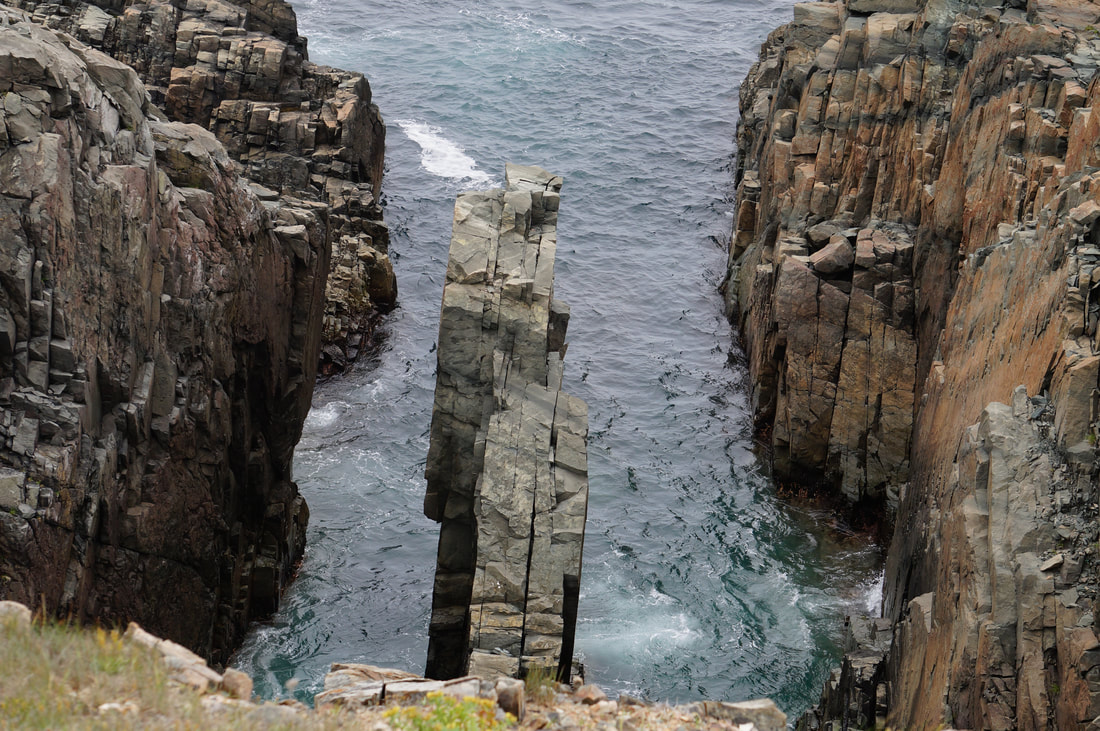
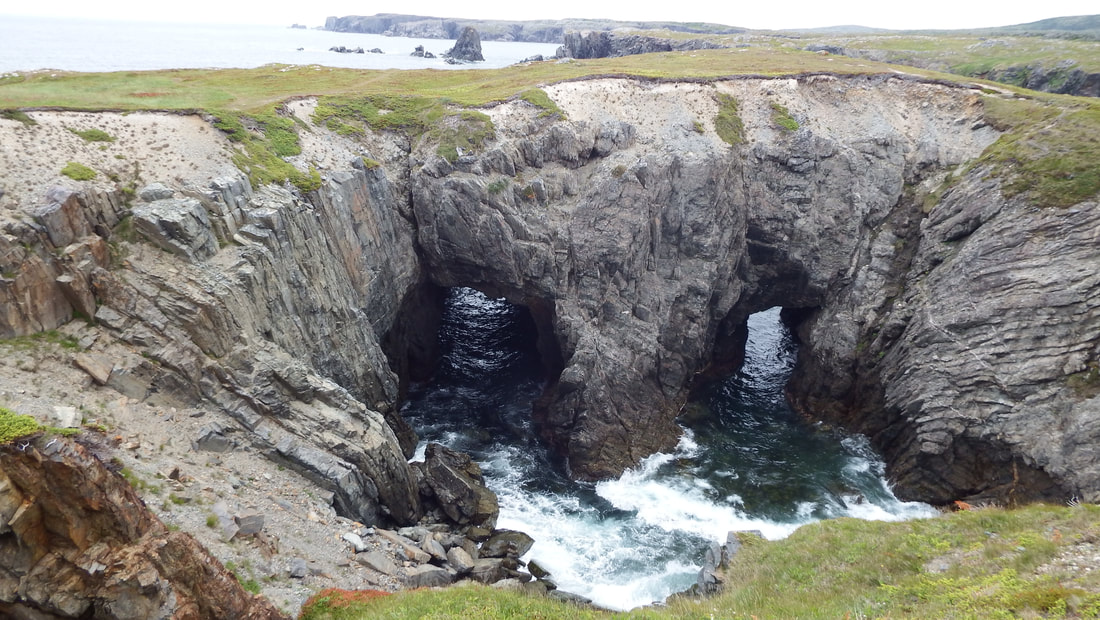
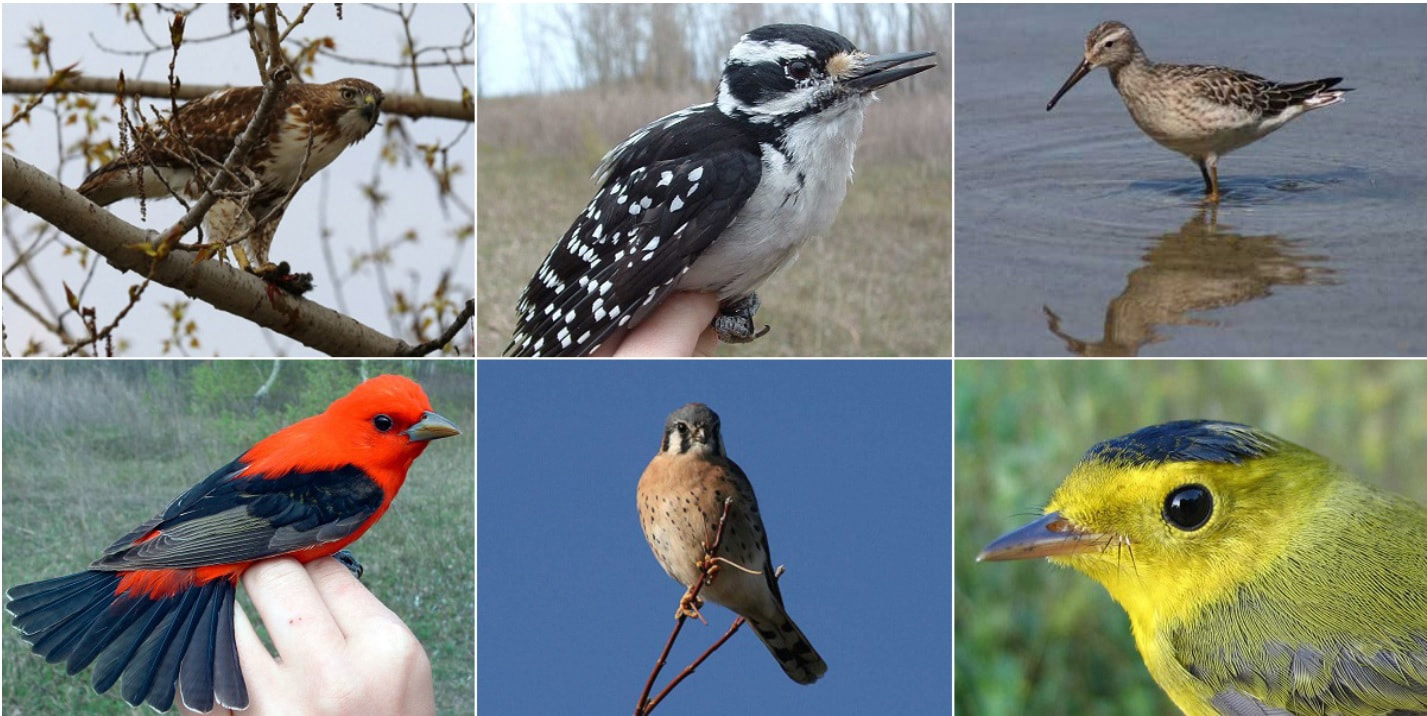
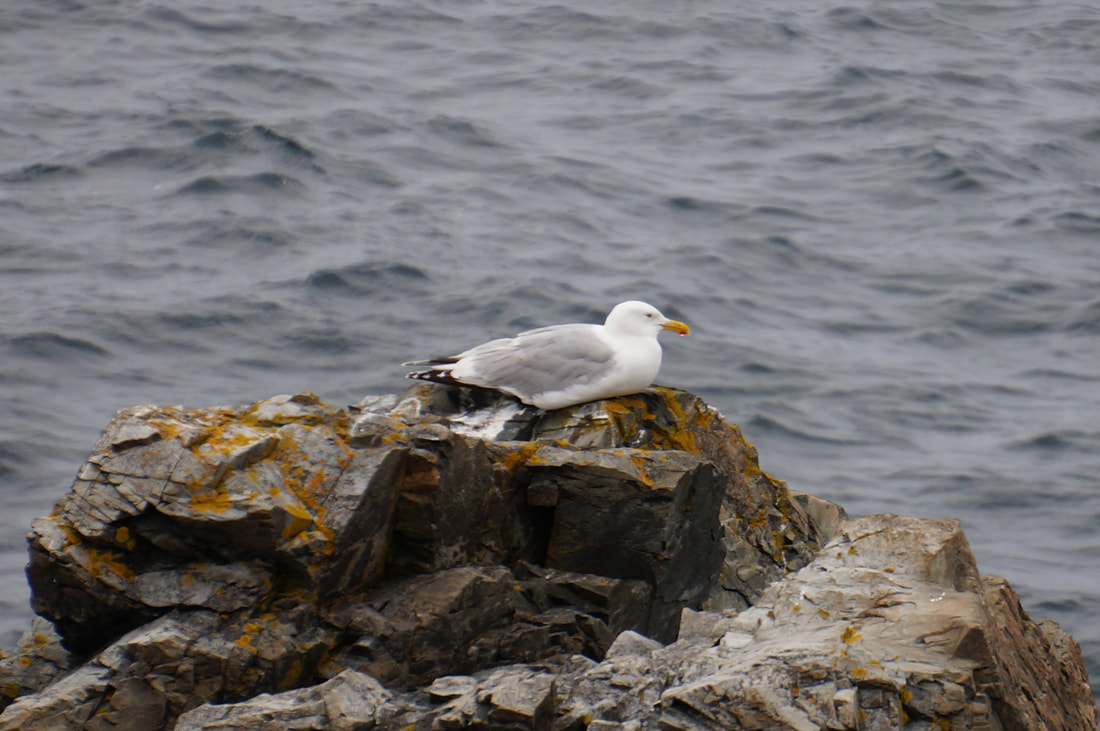
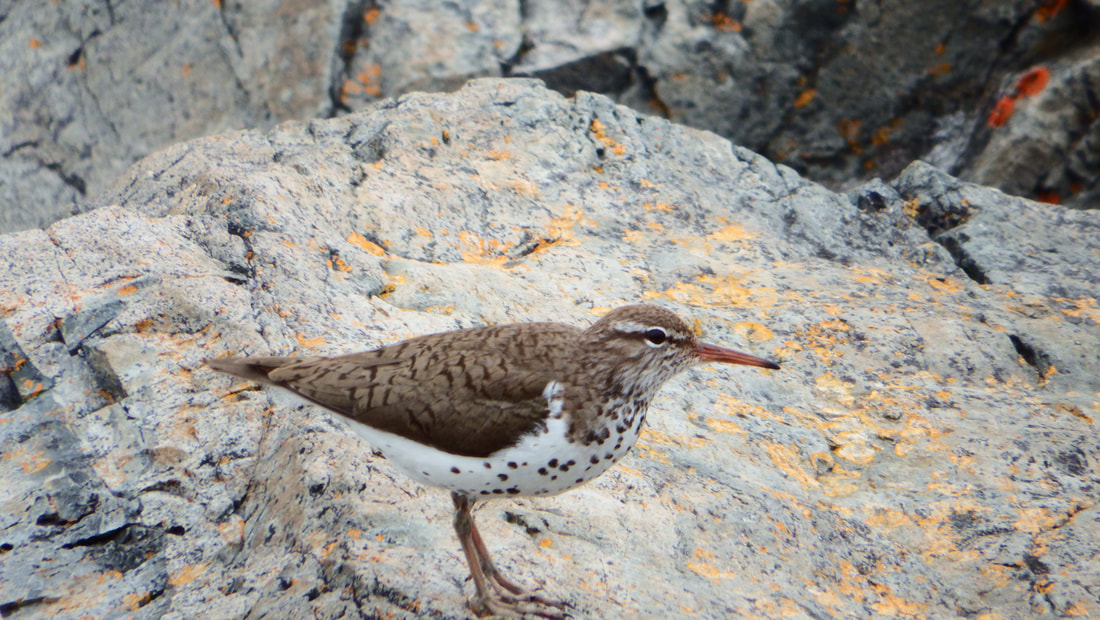
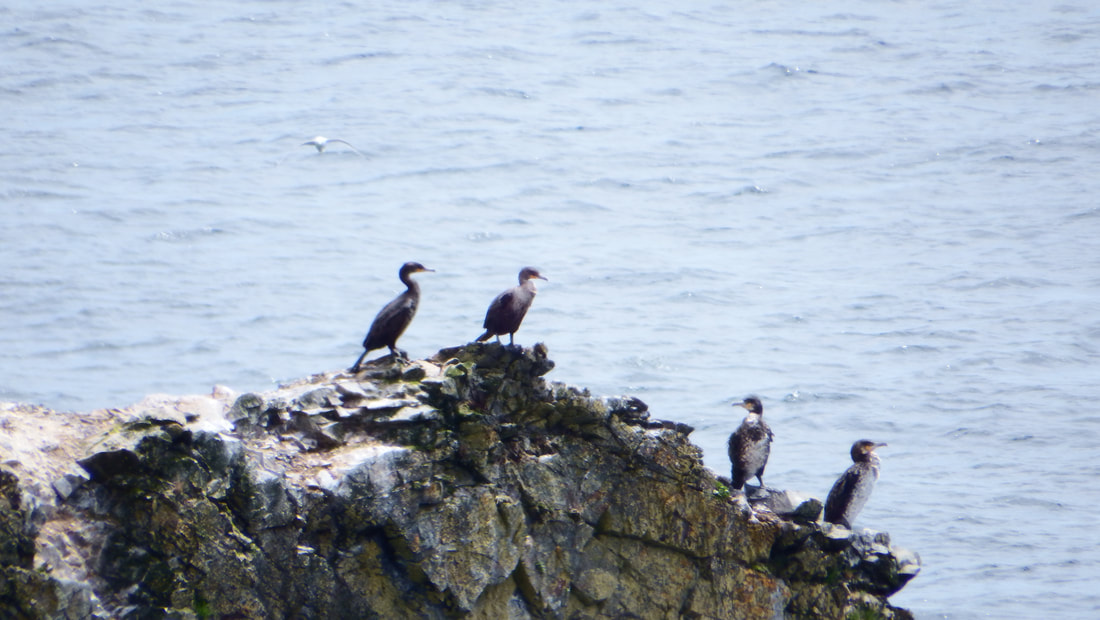
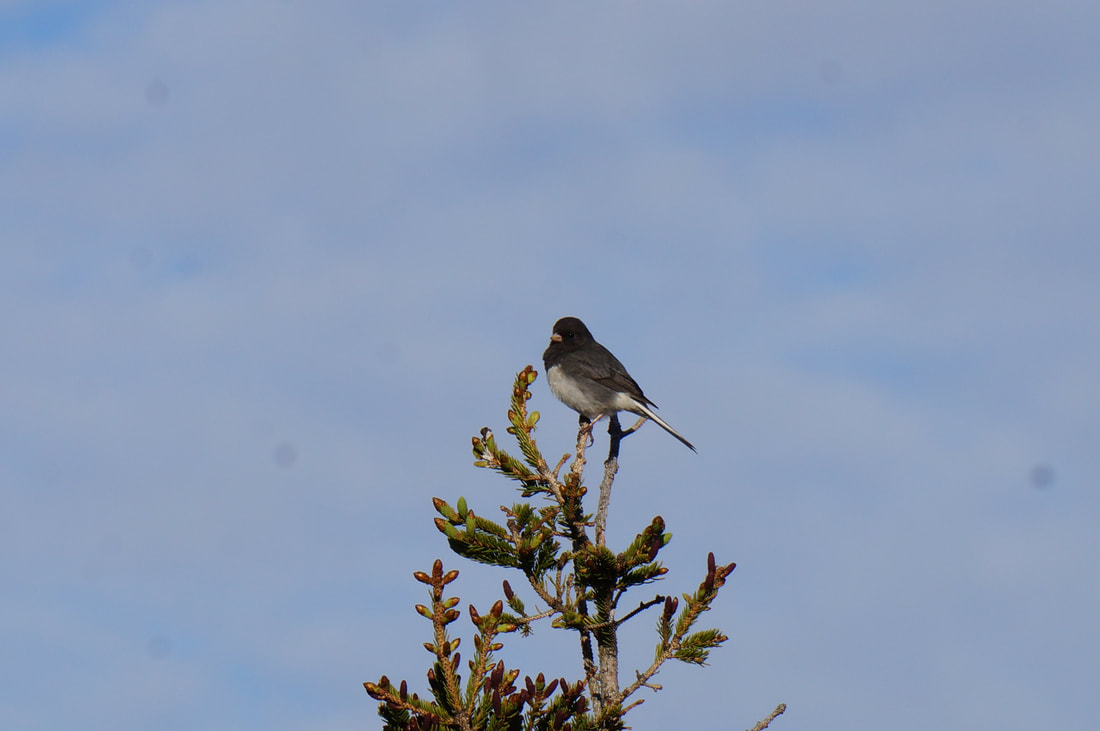
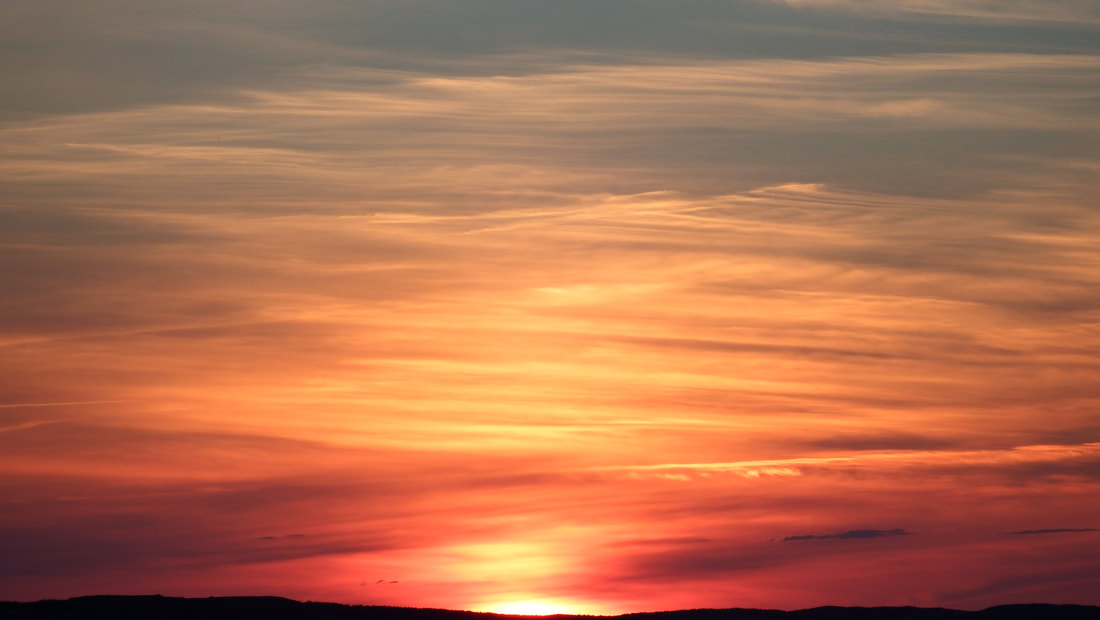
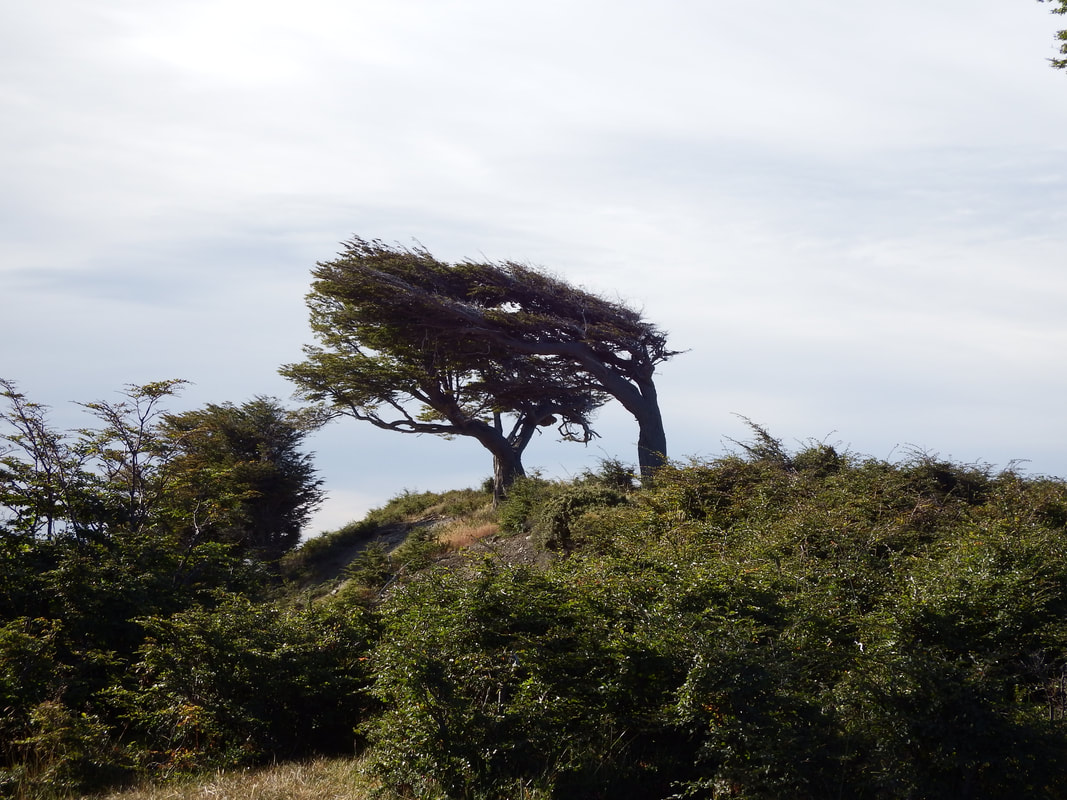
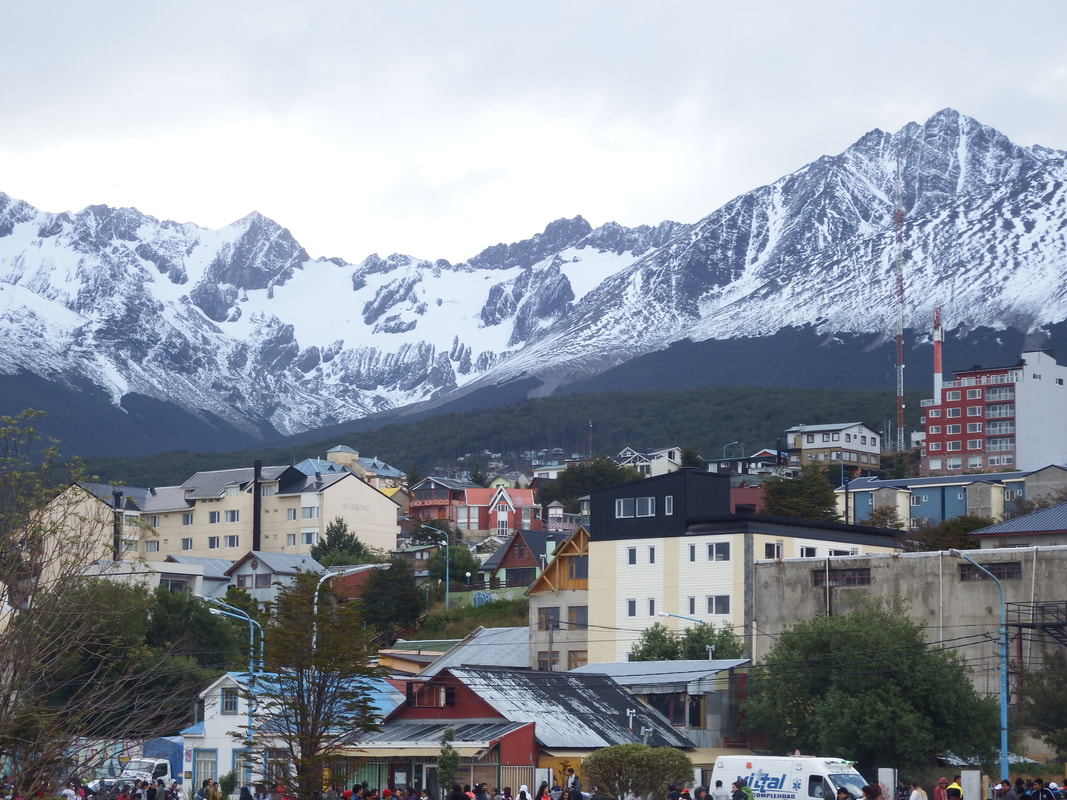
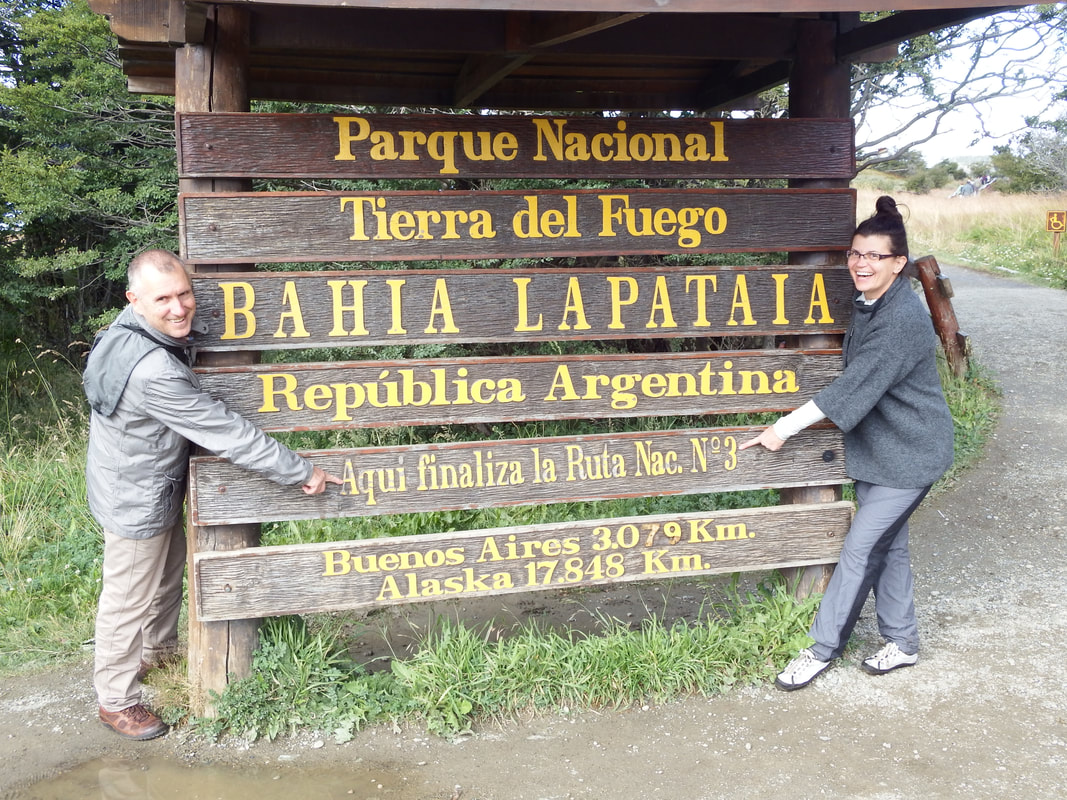
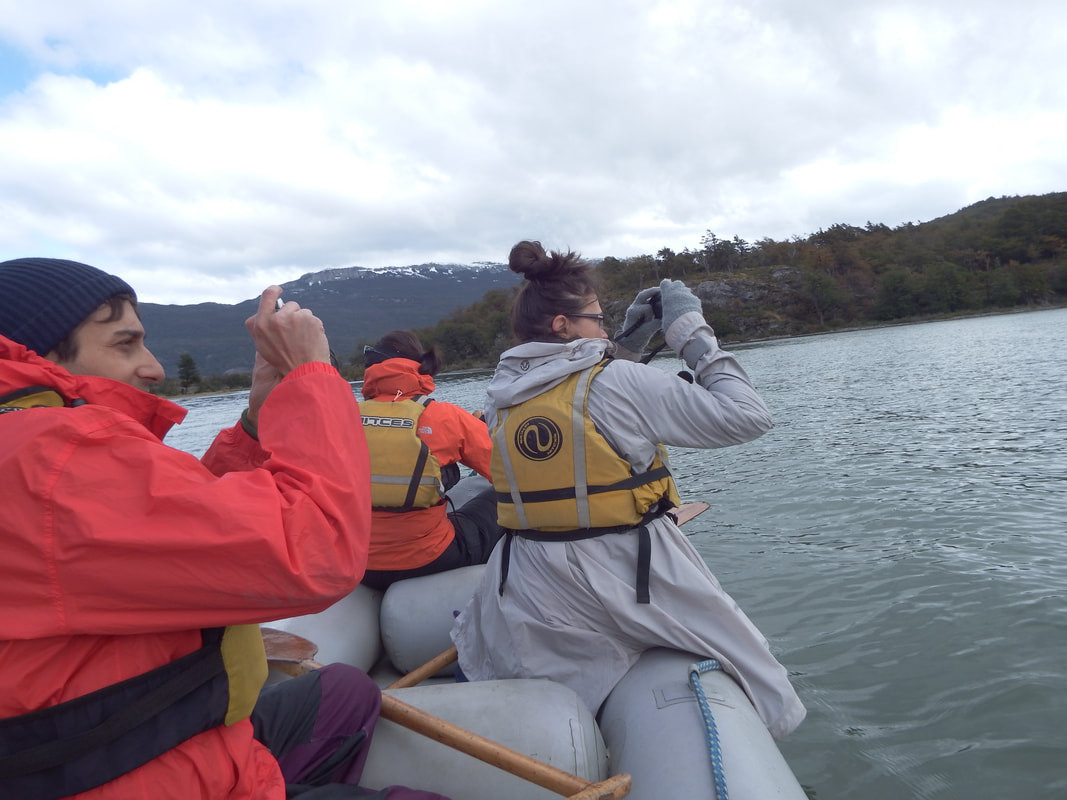
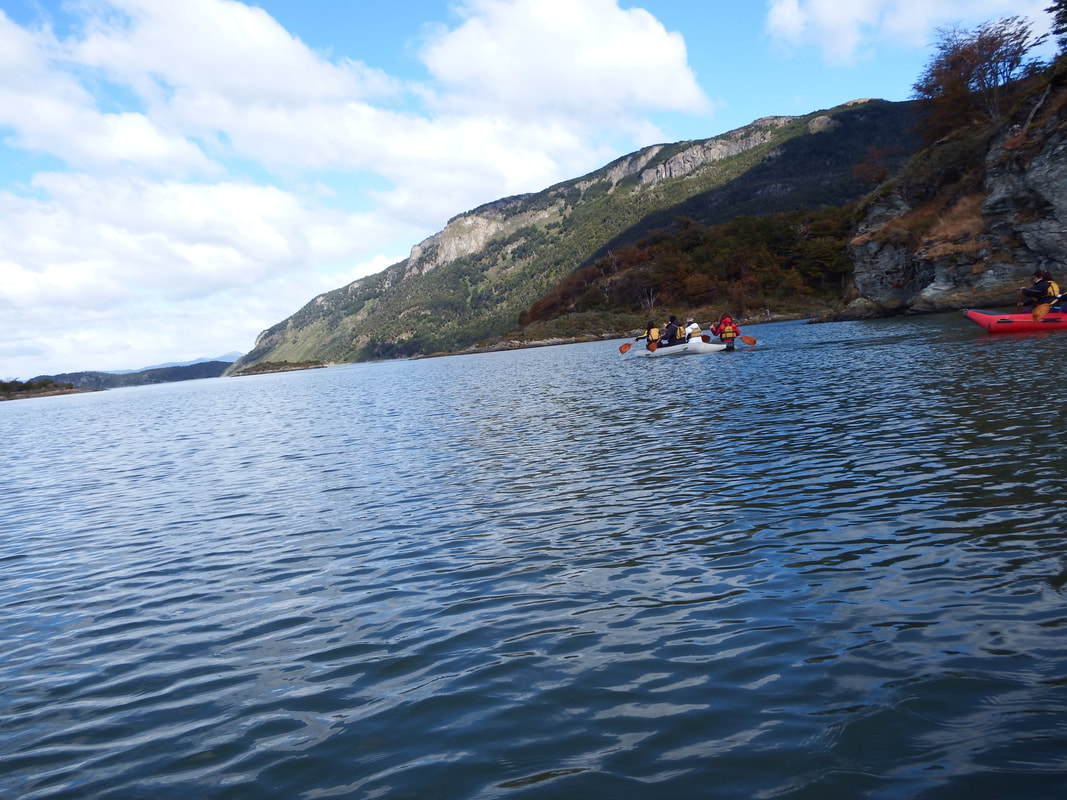
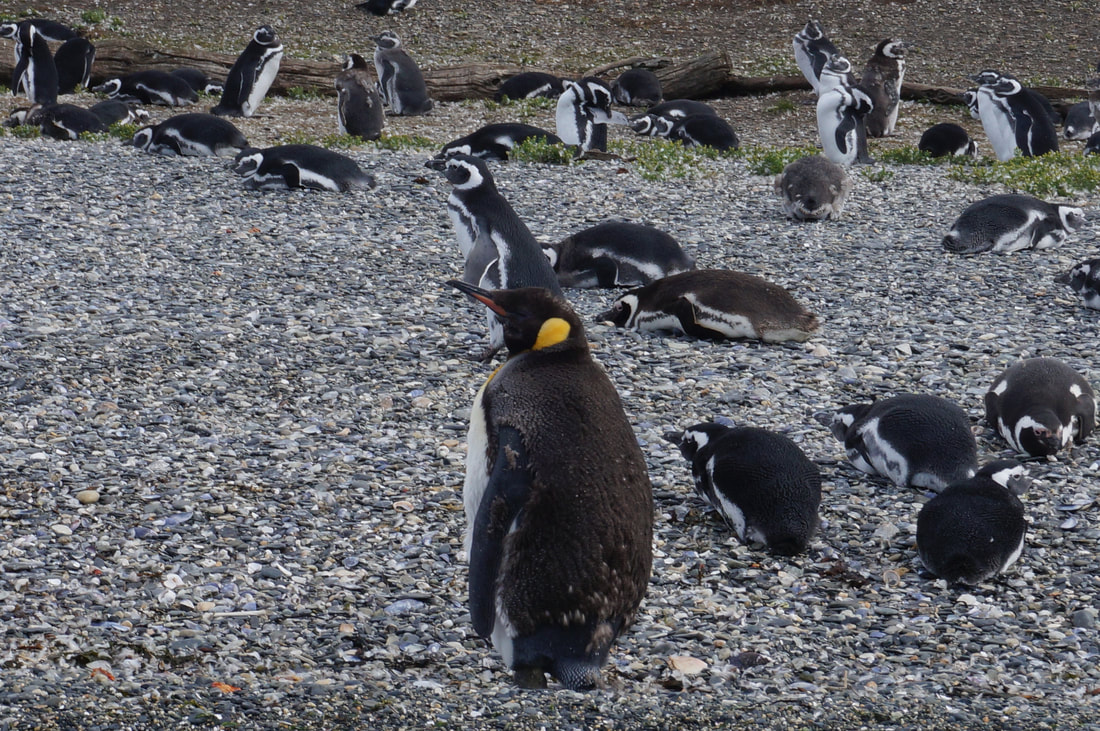
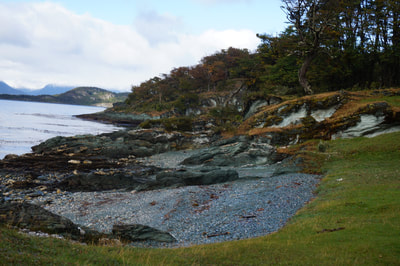
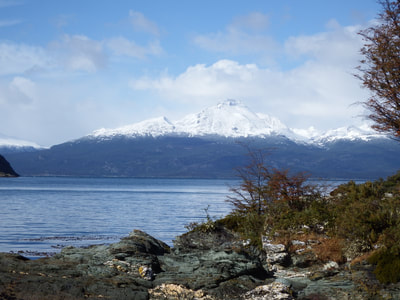
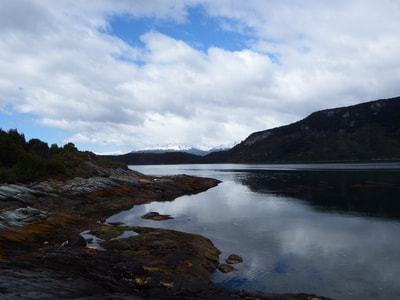
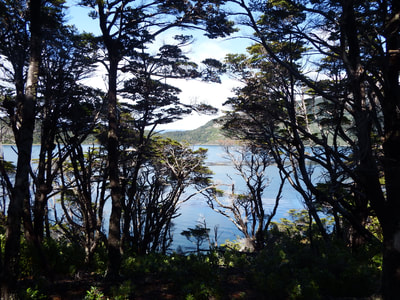
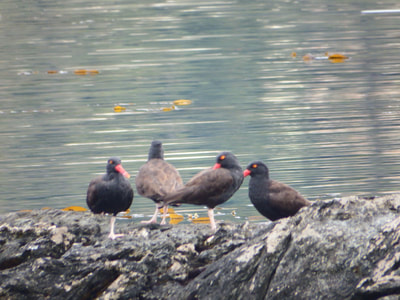
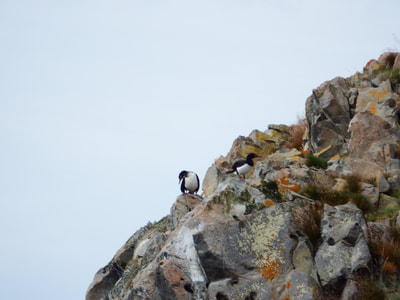
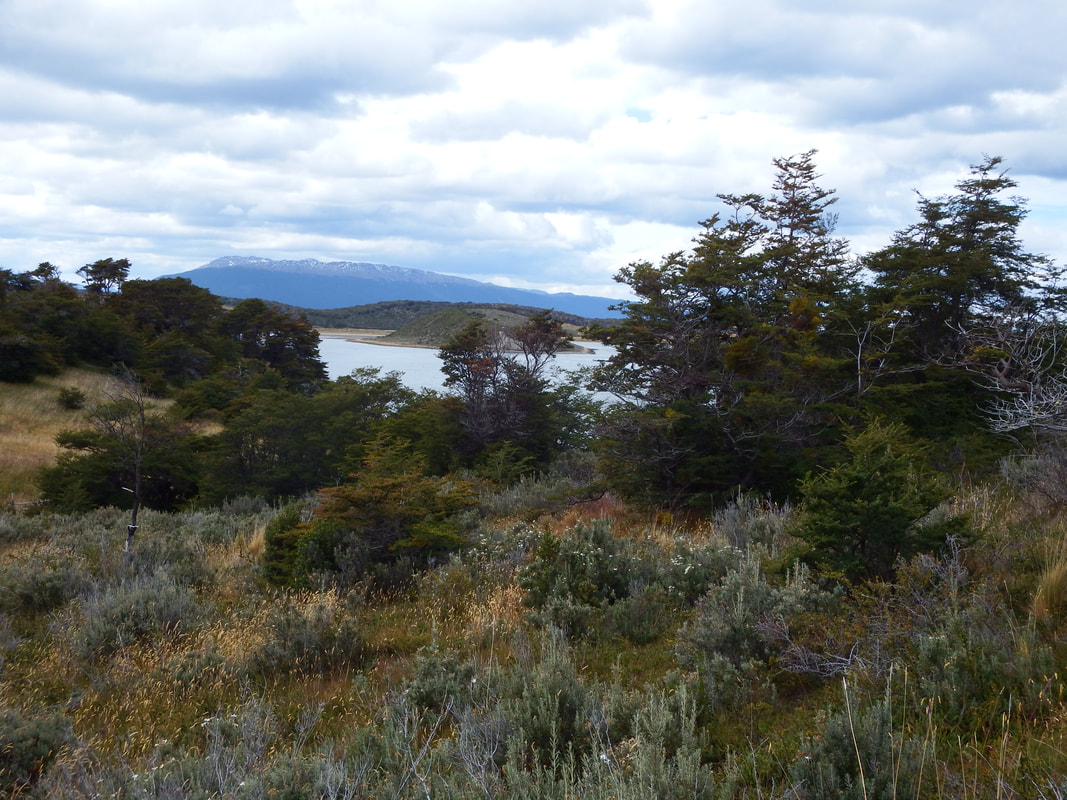
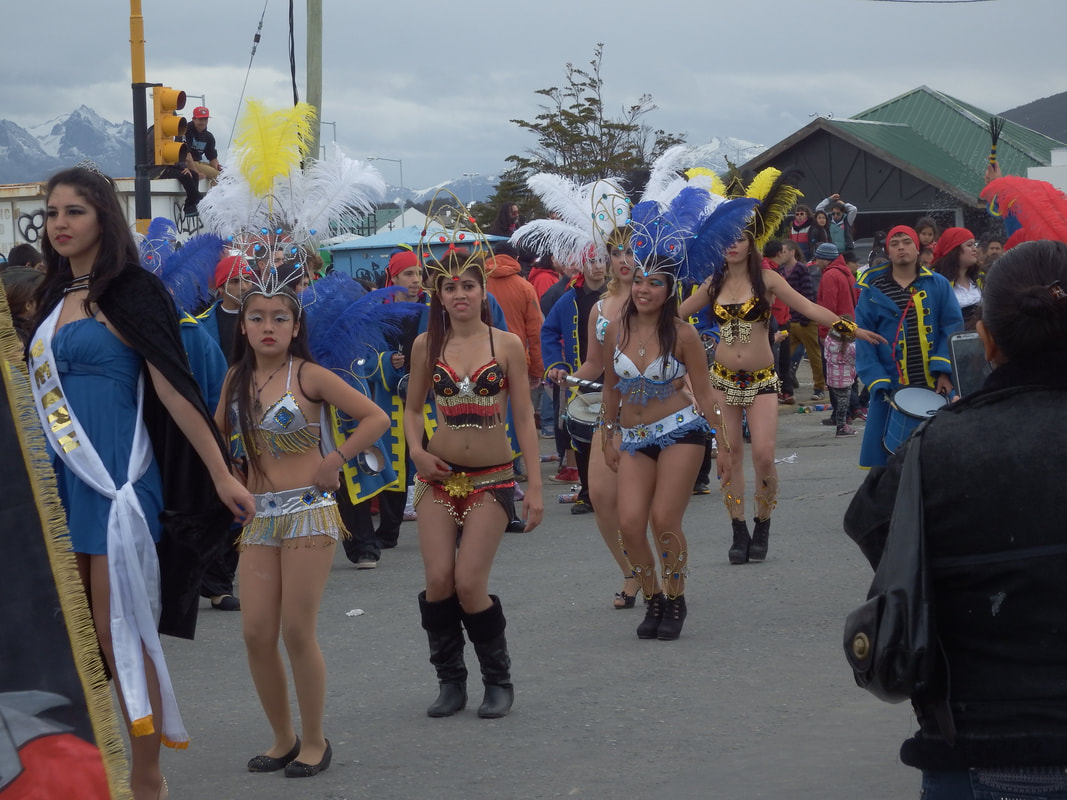
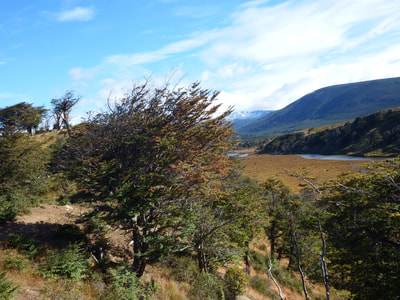
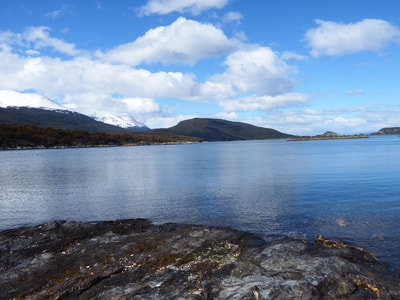
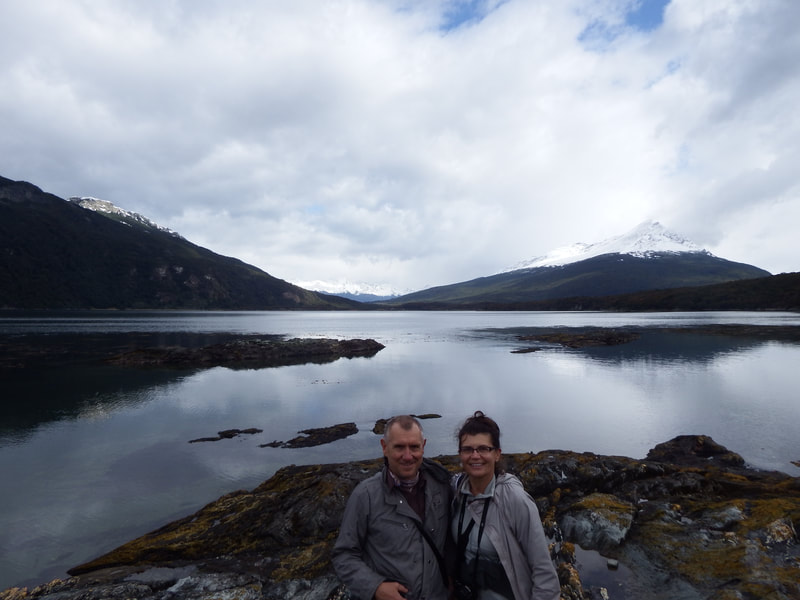

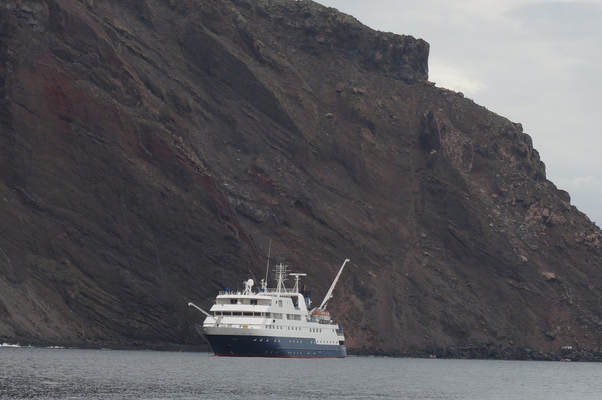
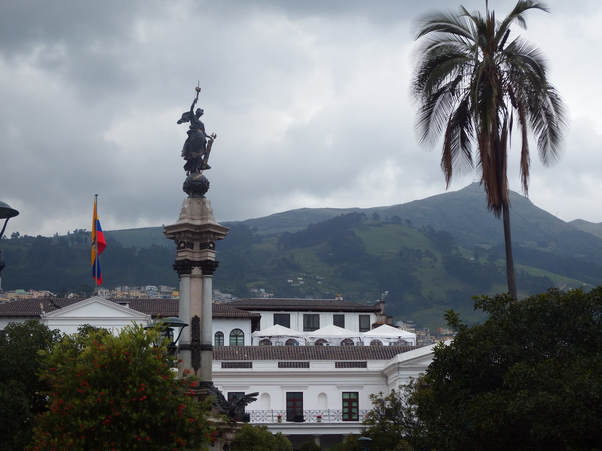
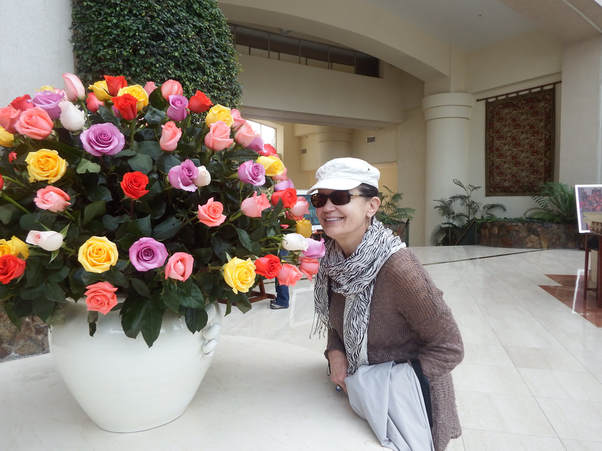
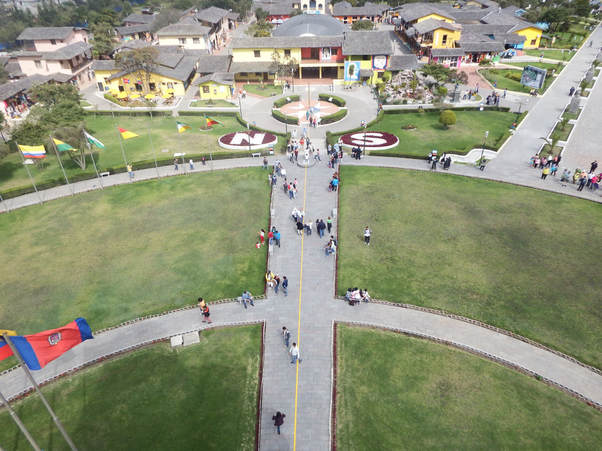
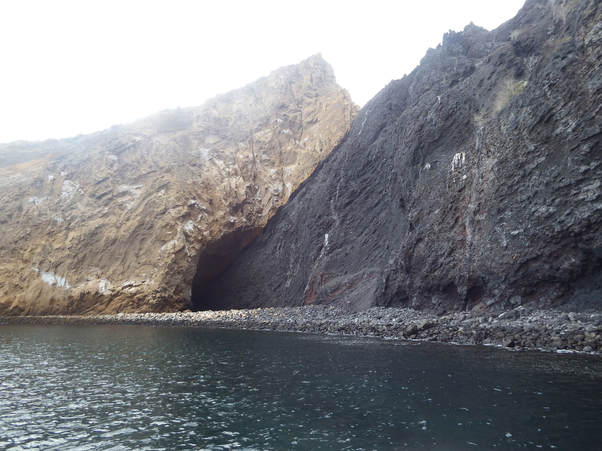
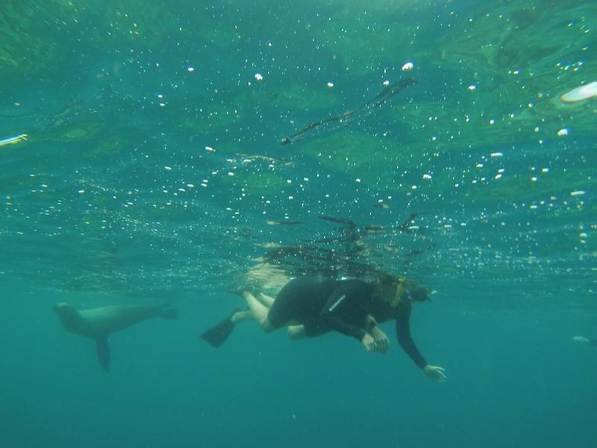

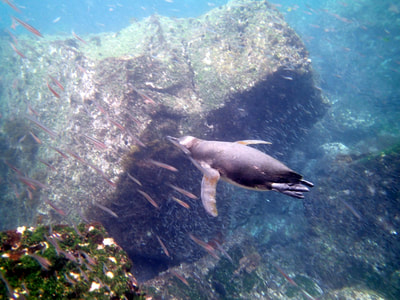
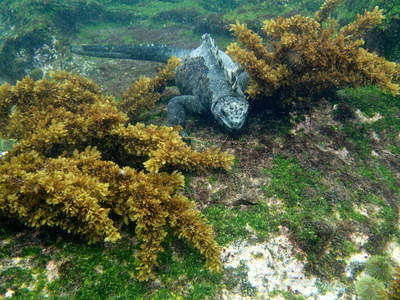
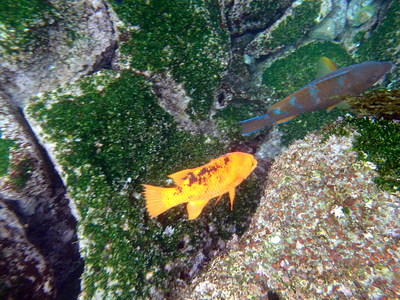
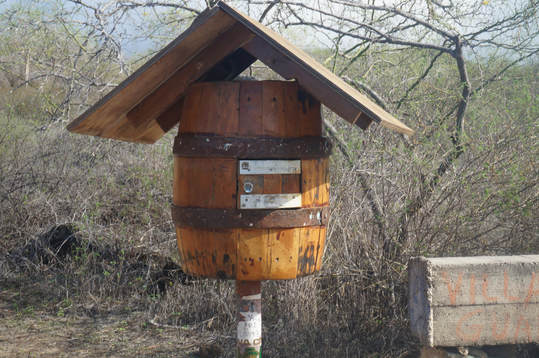
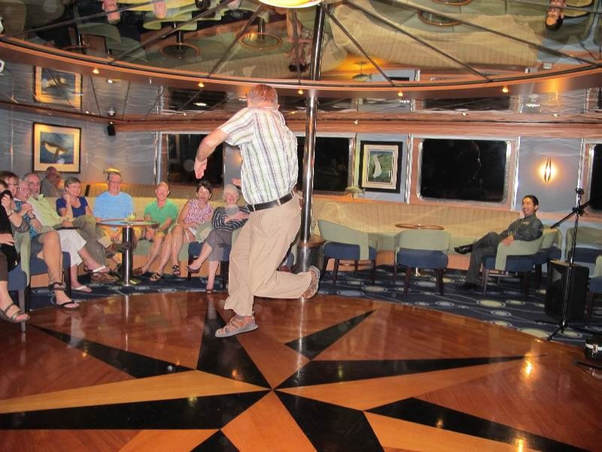
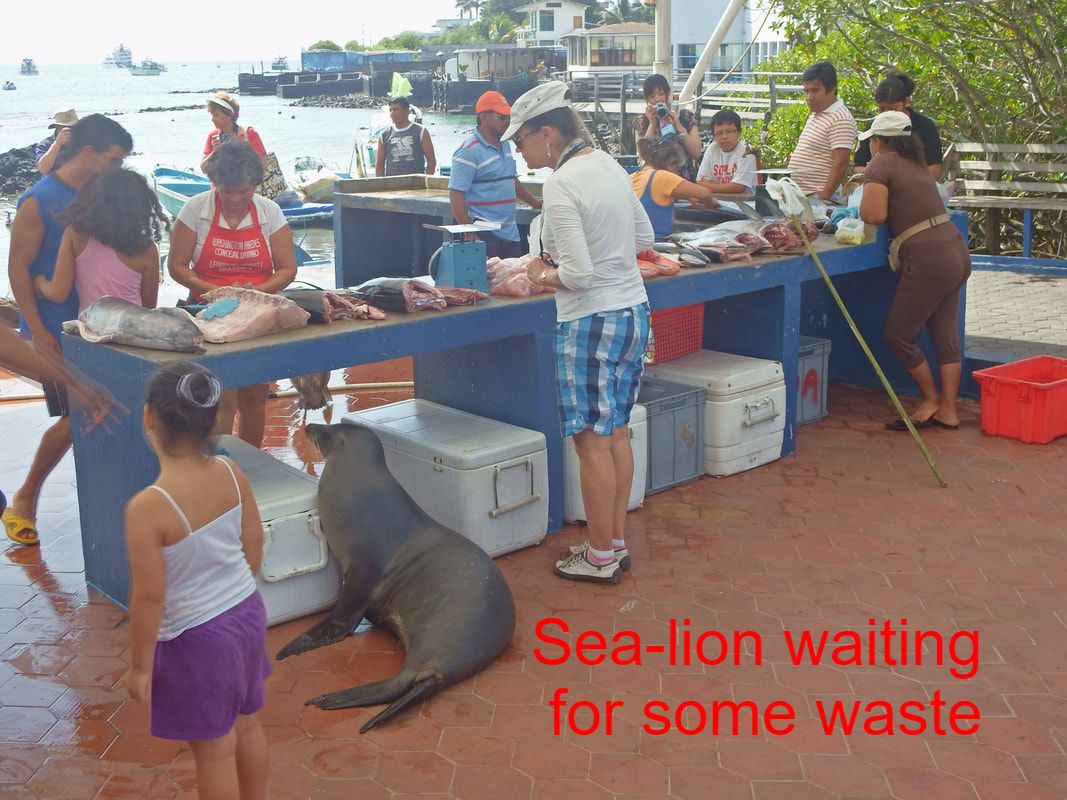
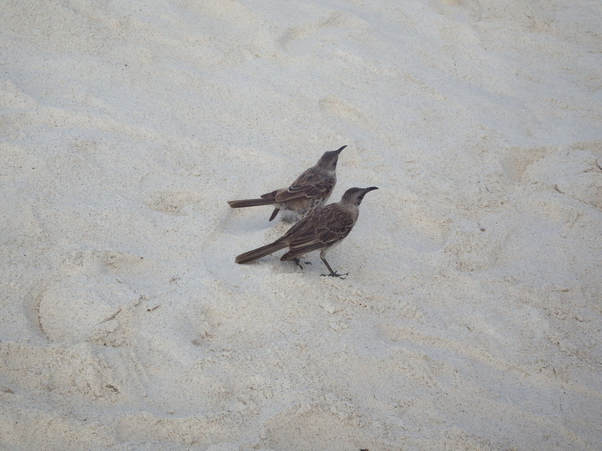
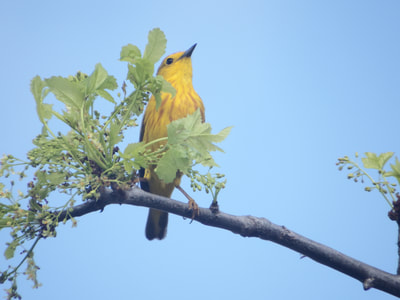
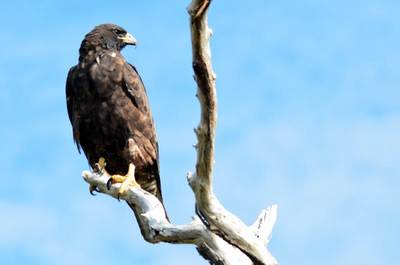
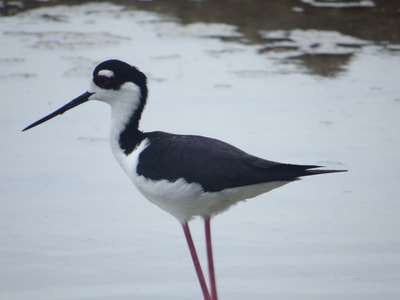
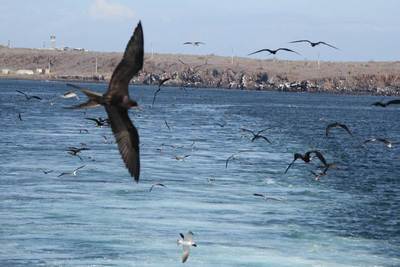
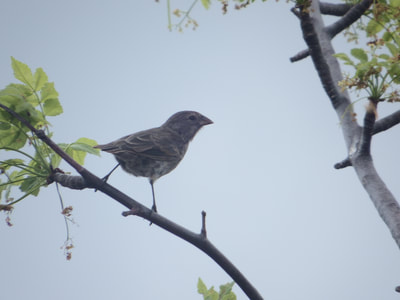
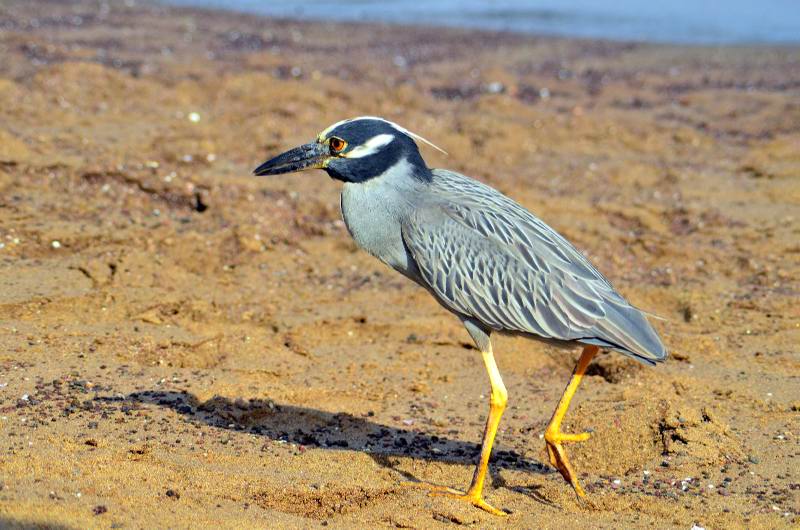
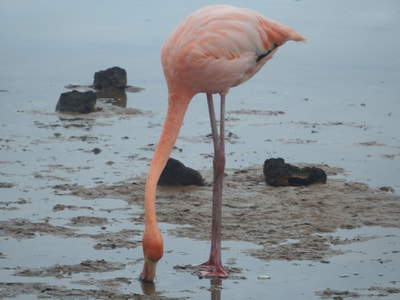
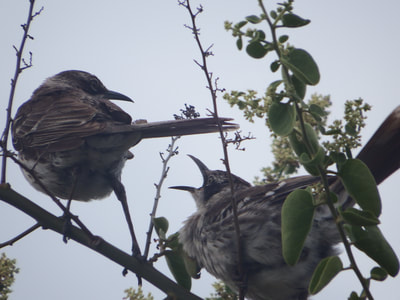
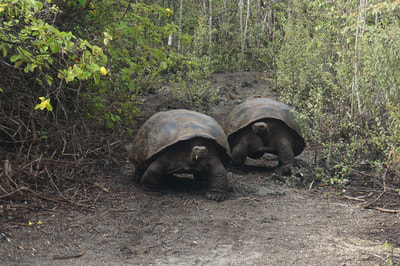
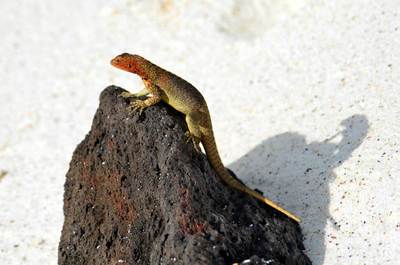
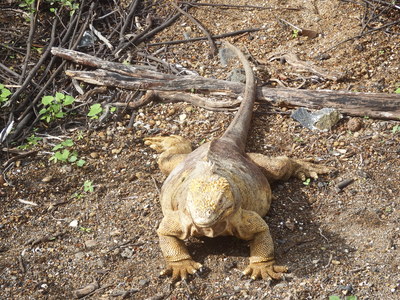
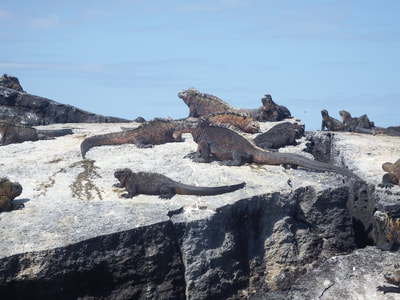
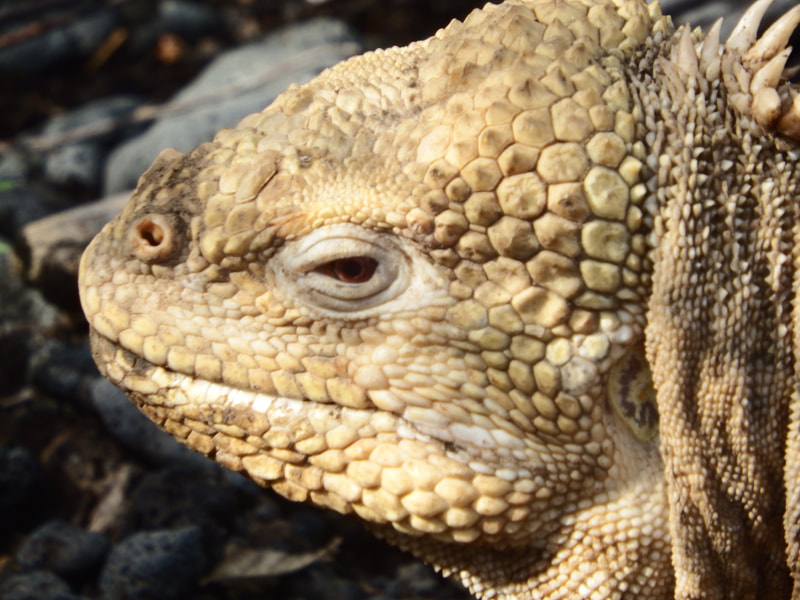
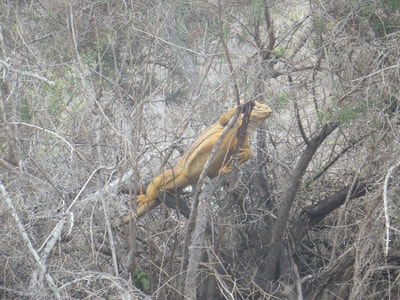
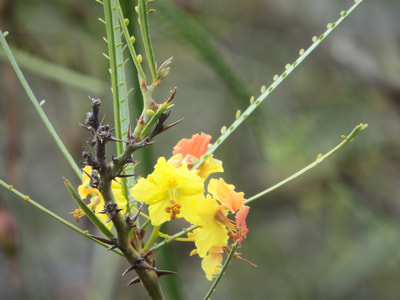
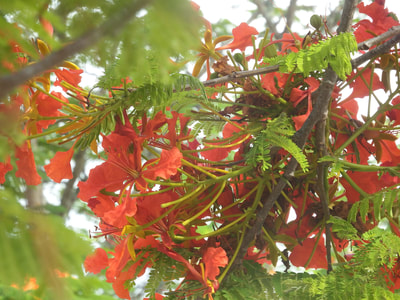
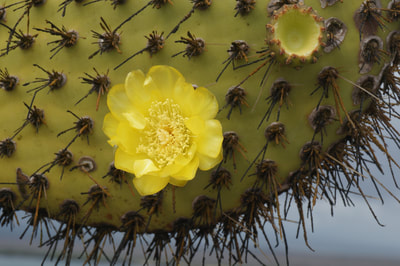
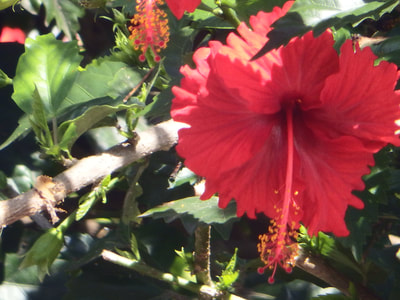

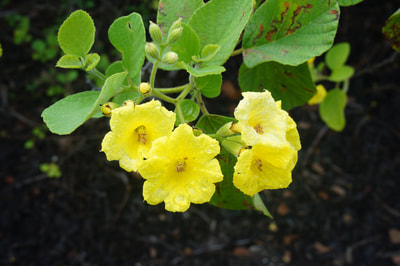
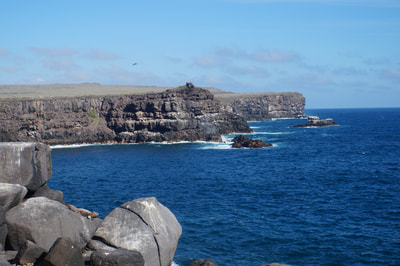
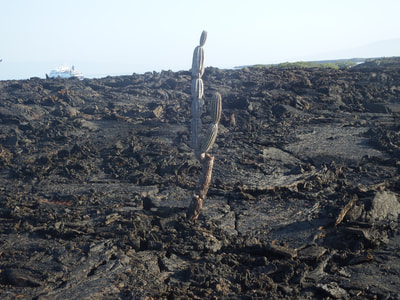
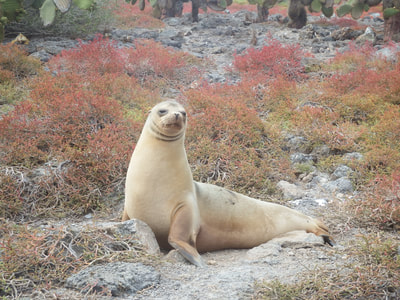
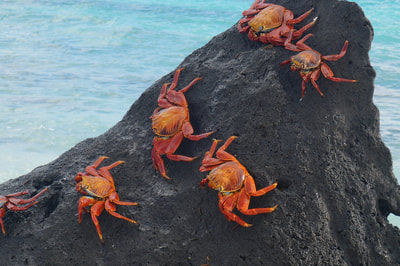
 RSS Feed
RSS Feed
